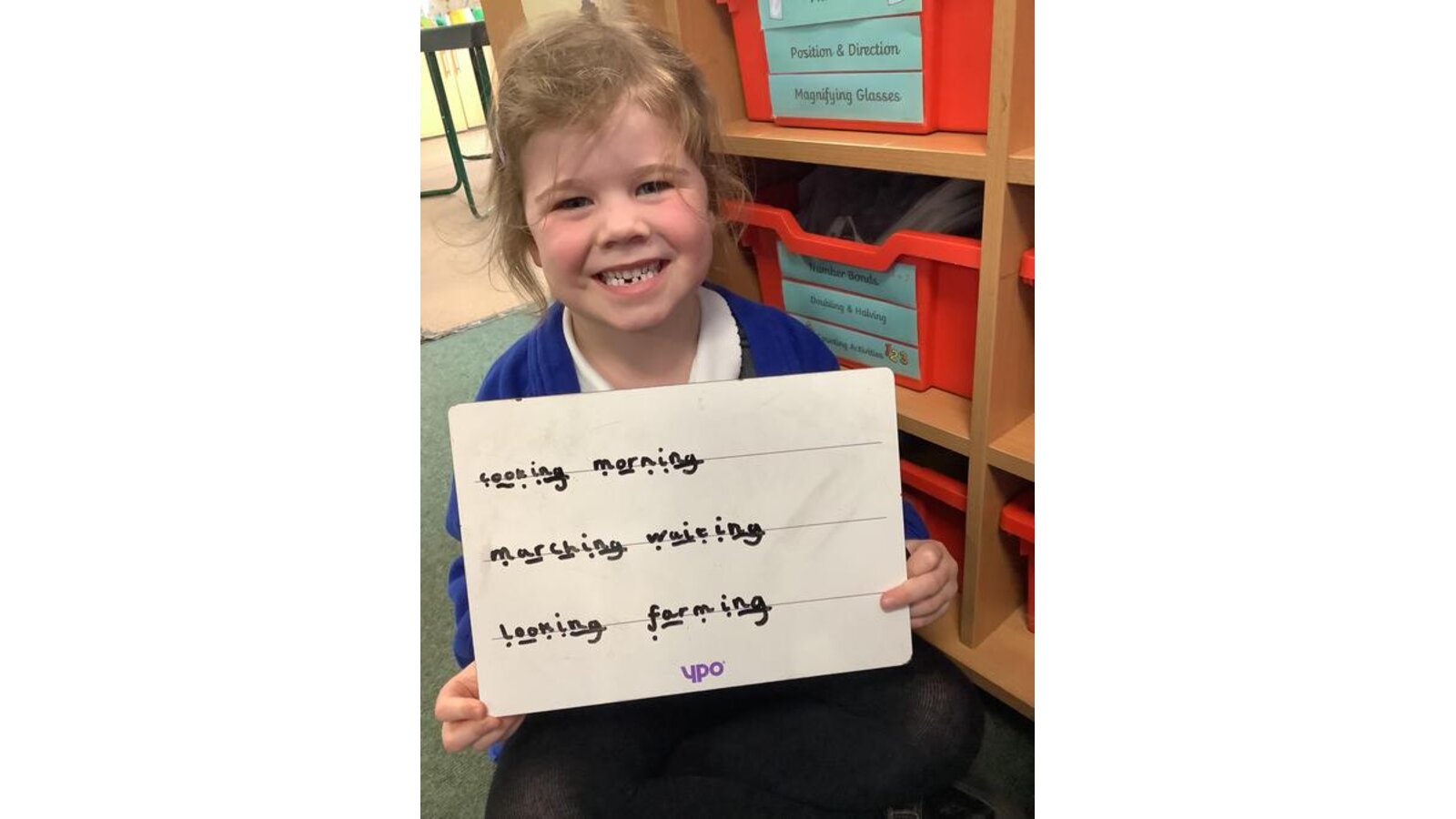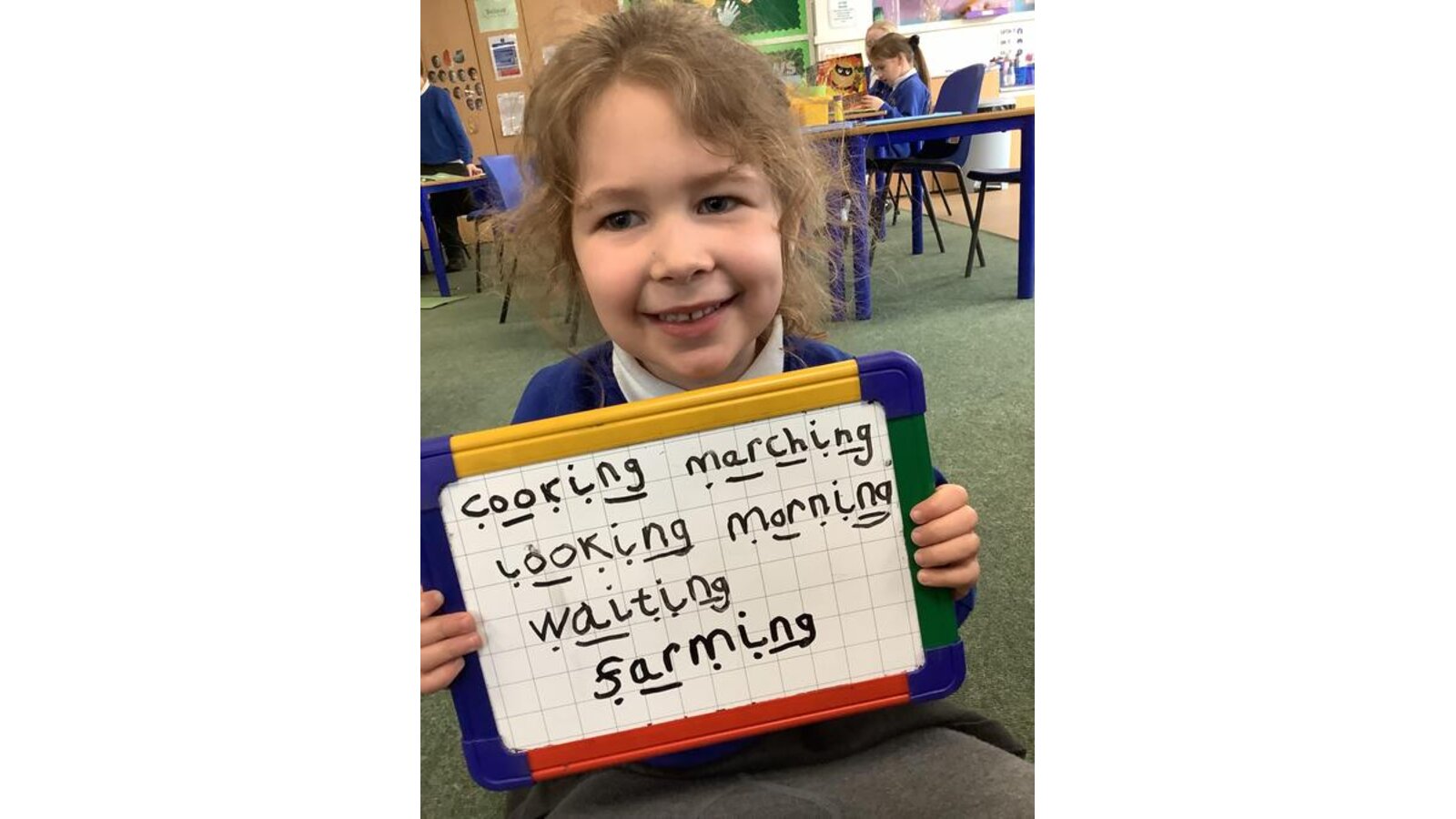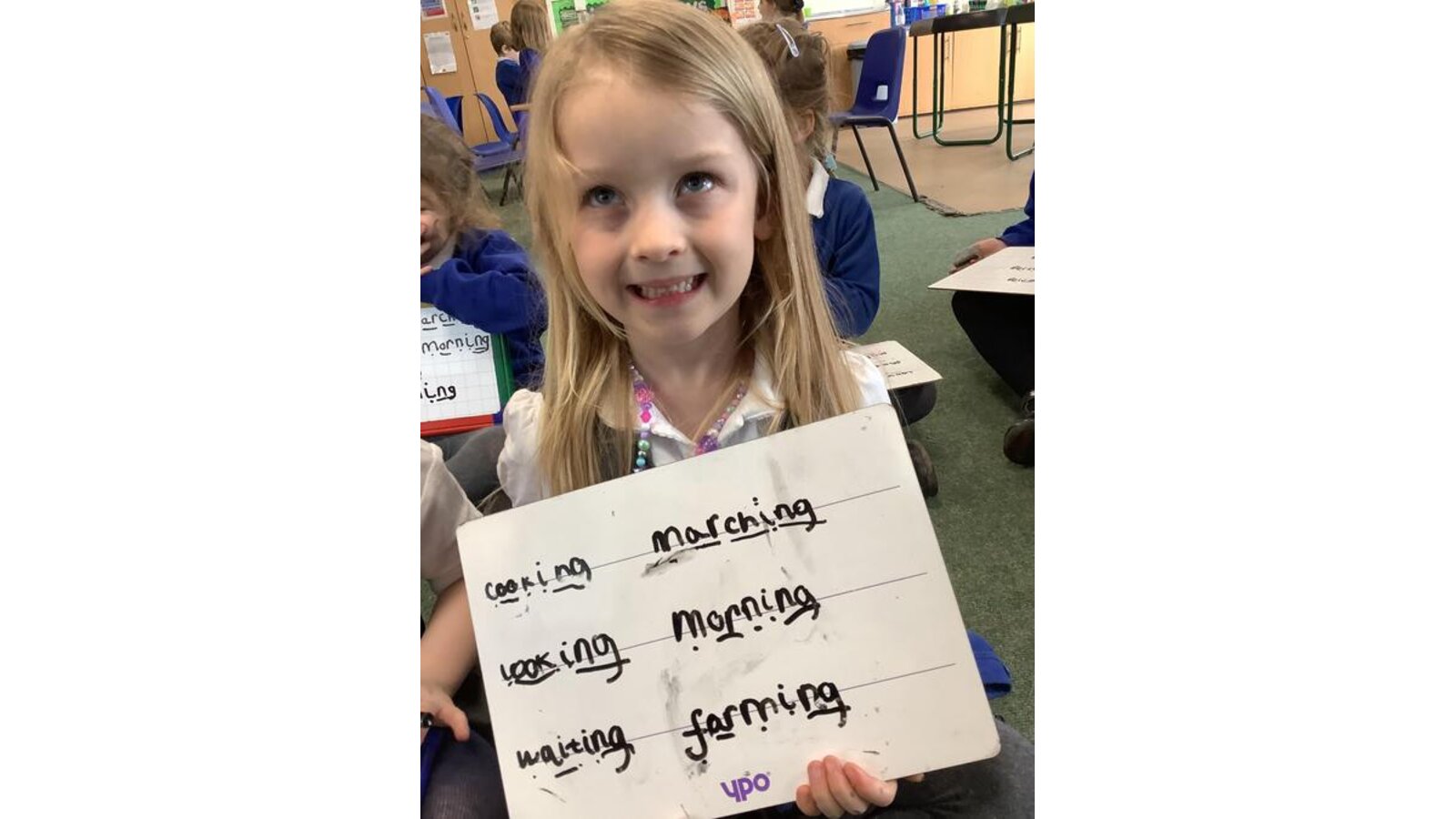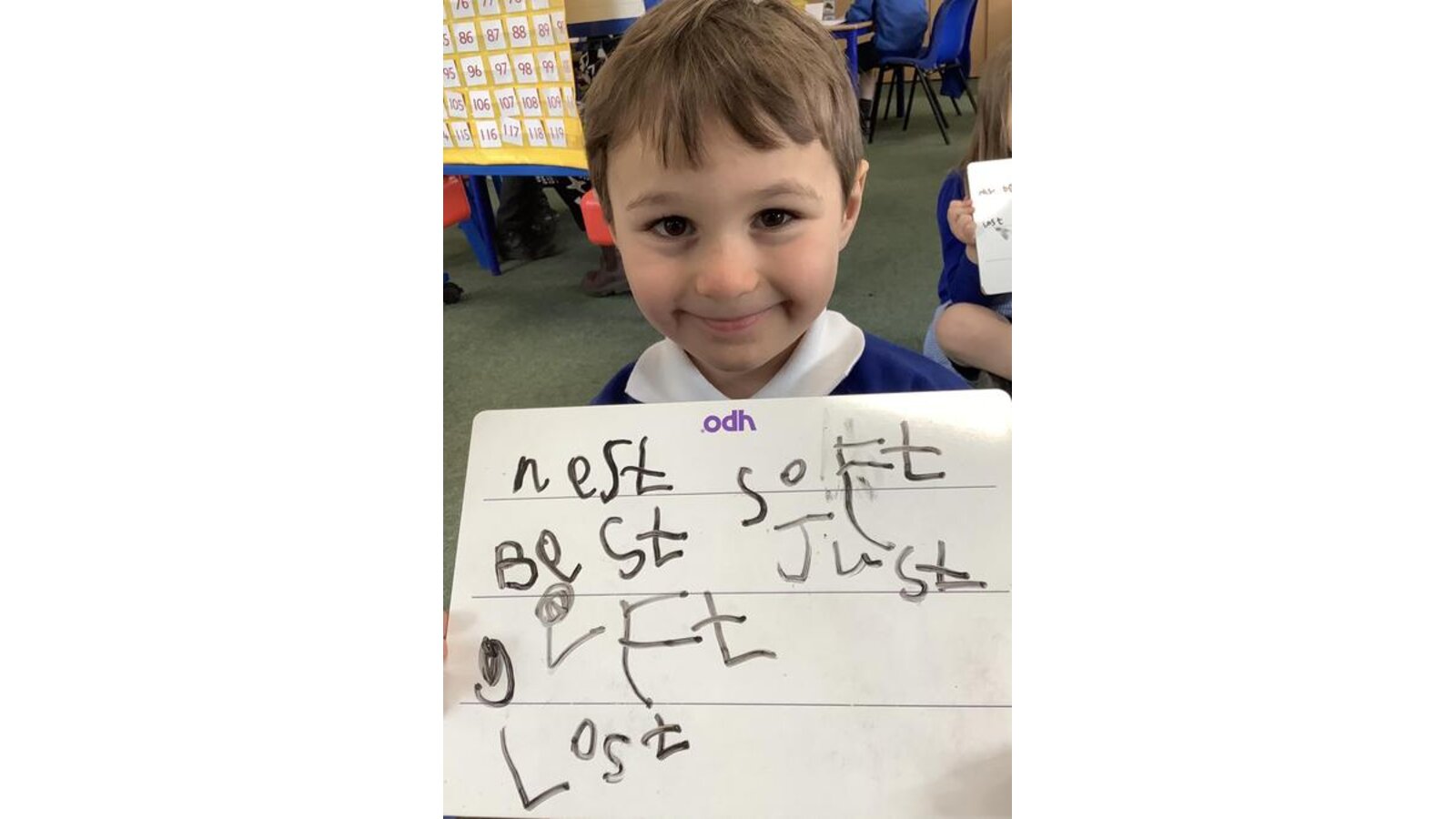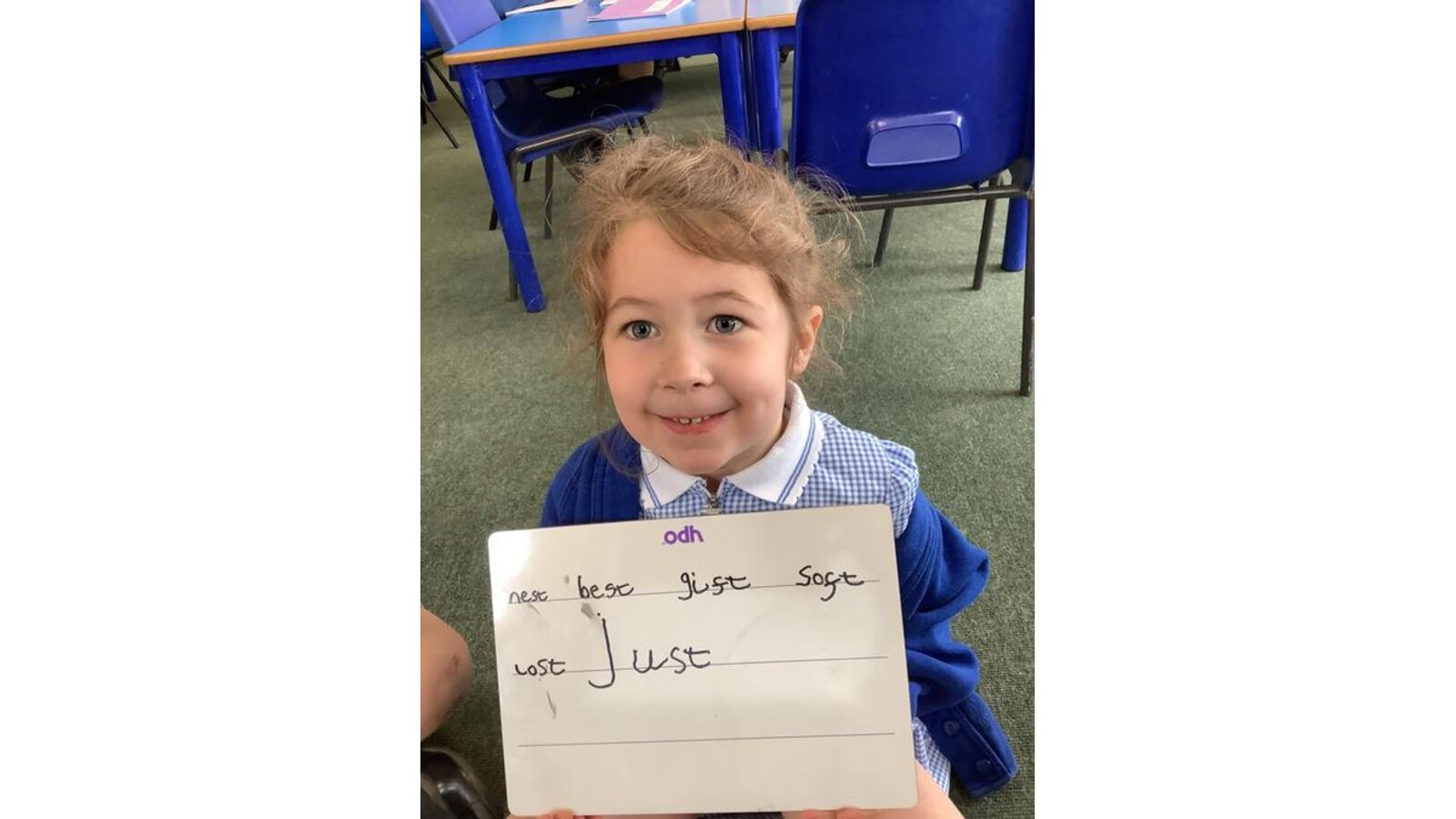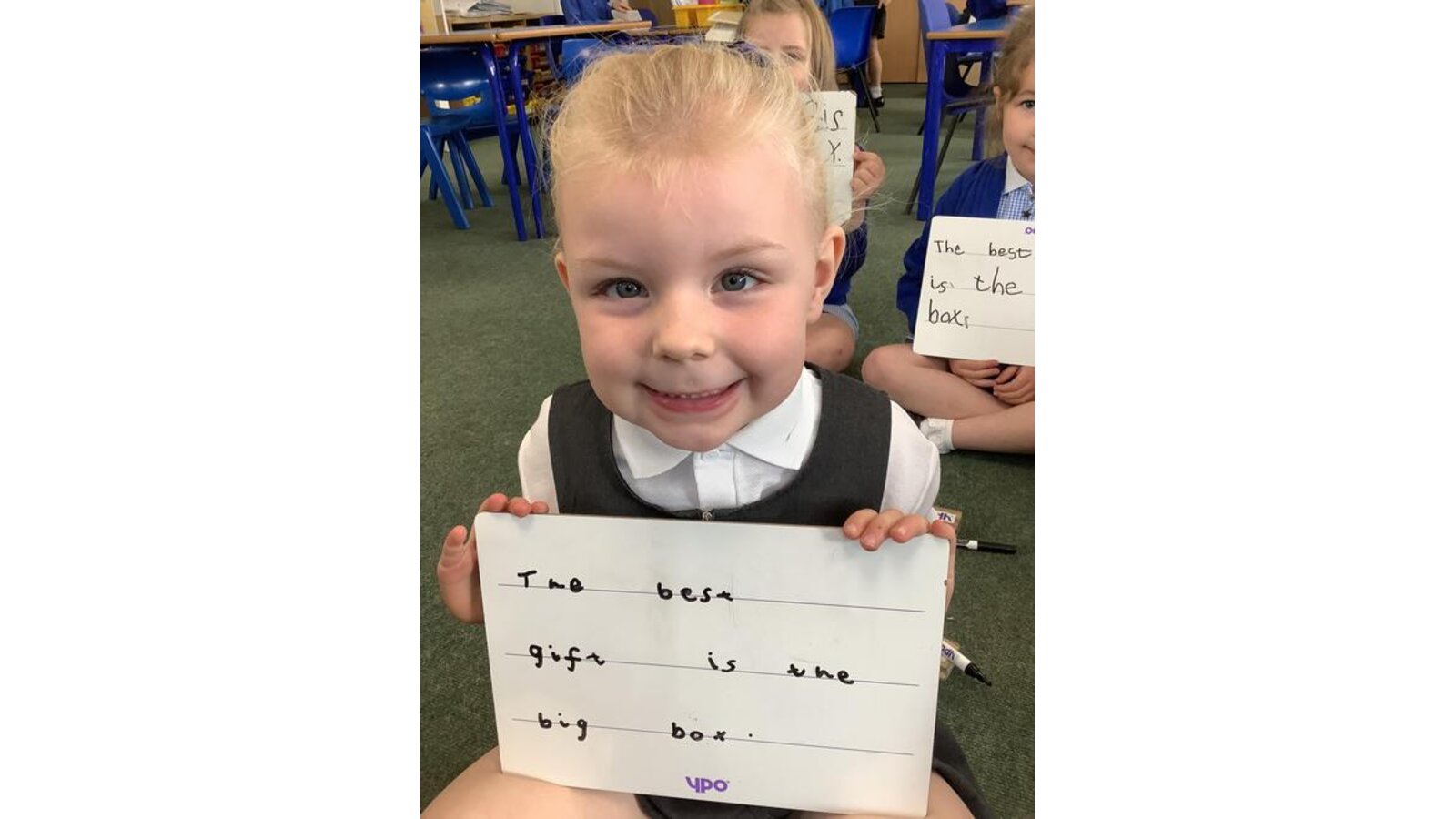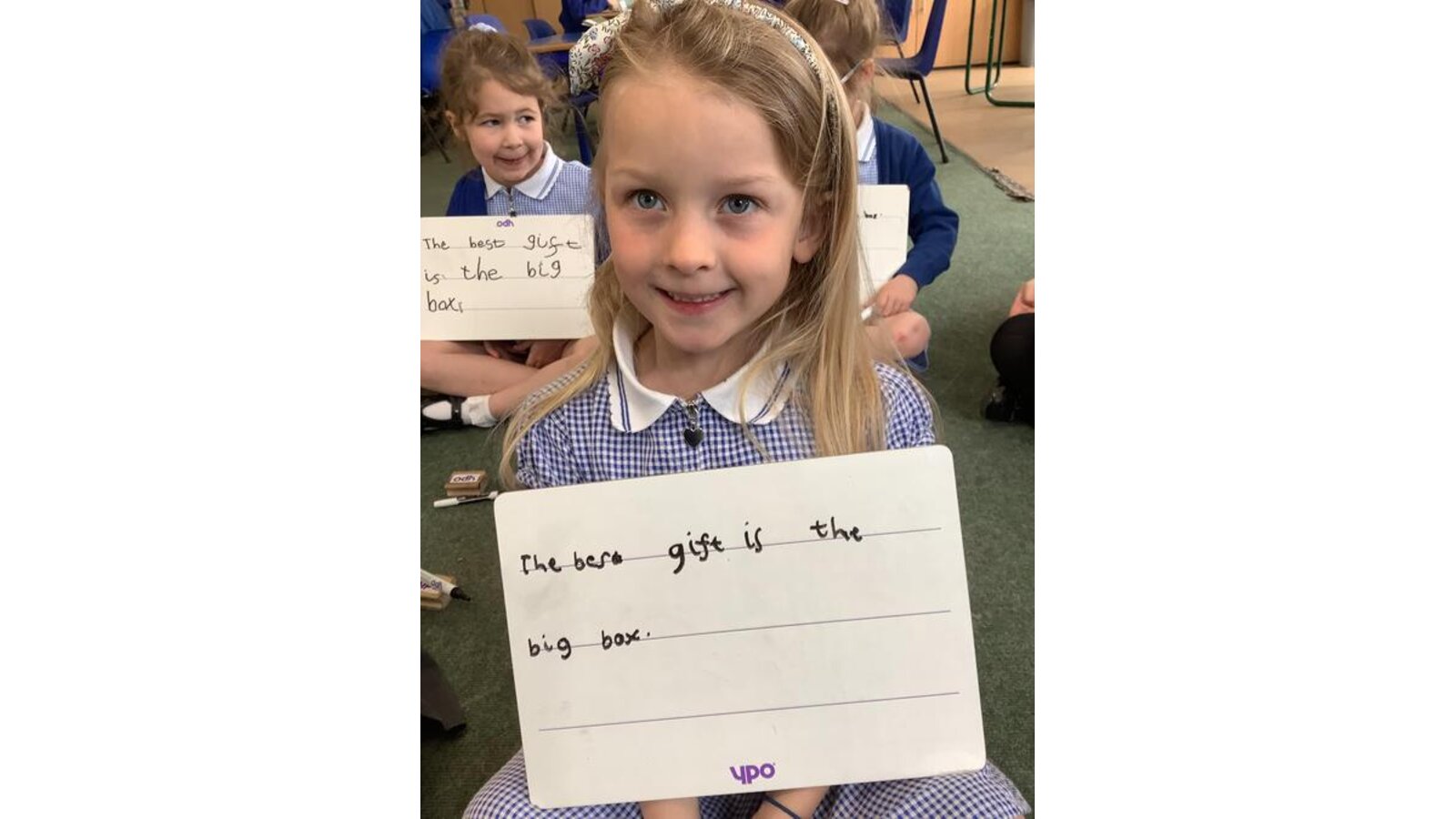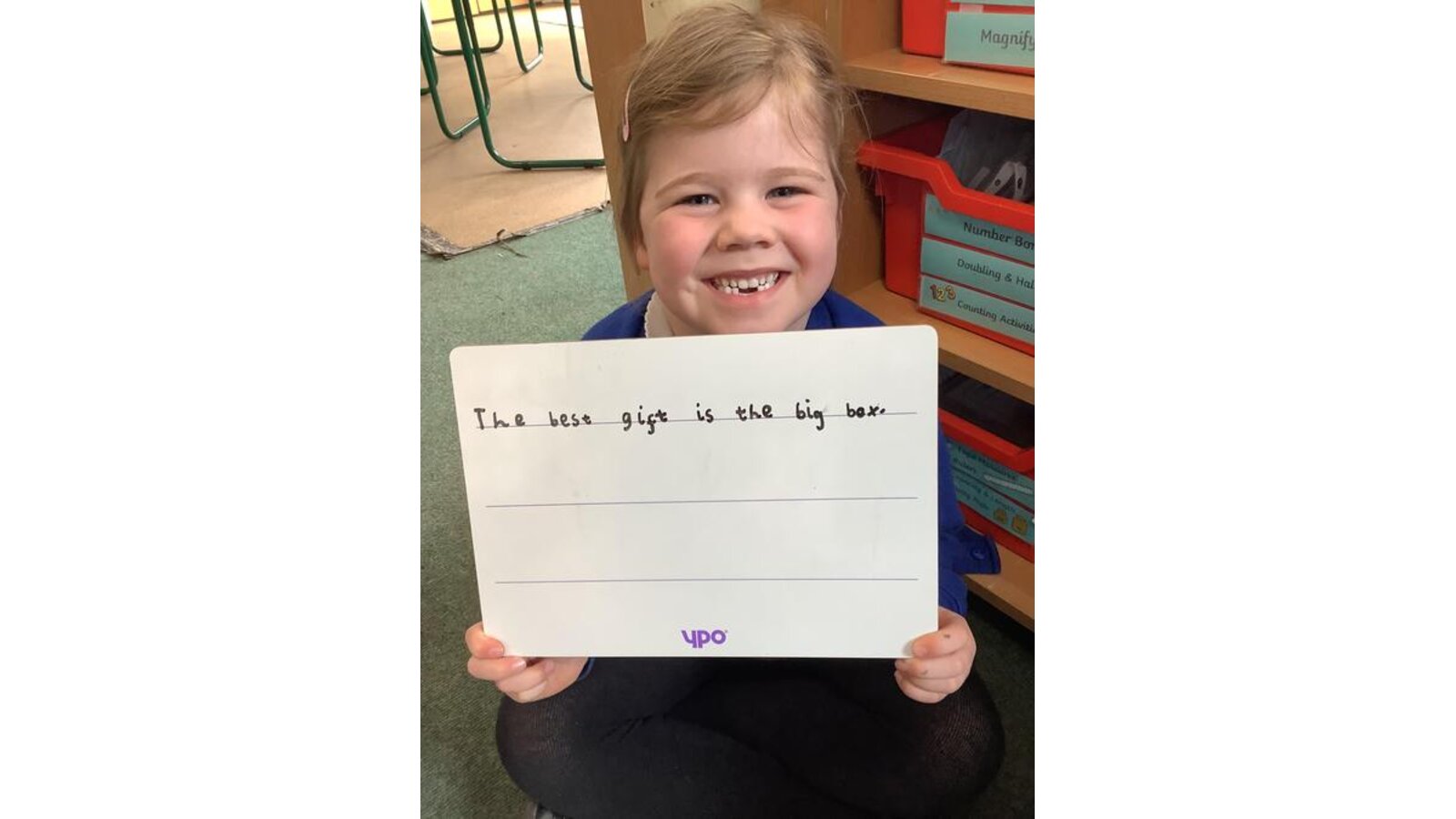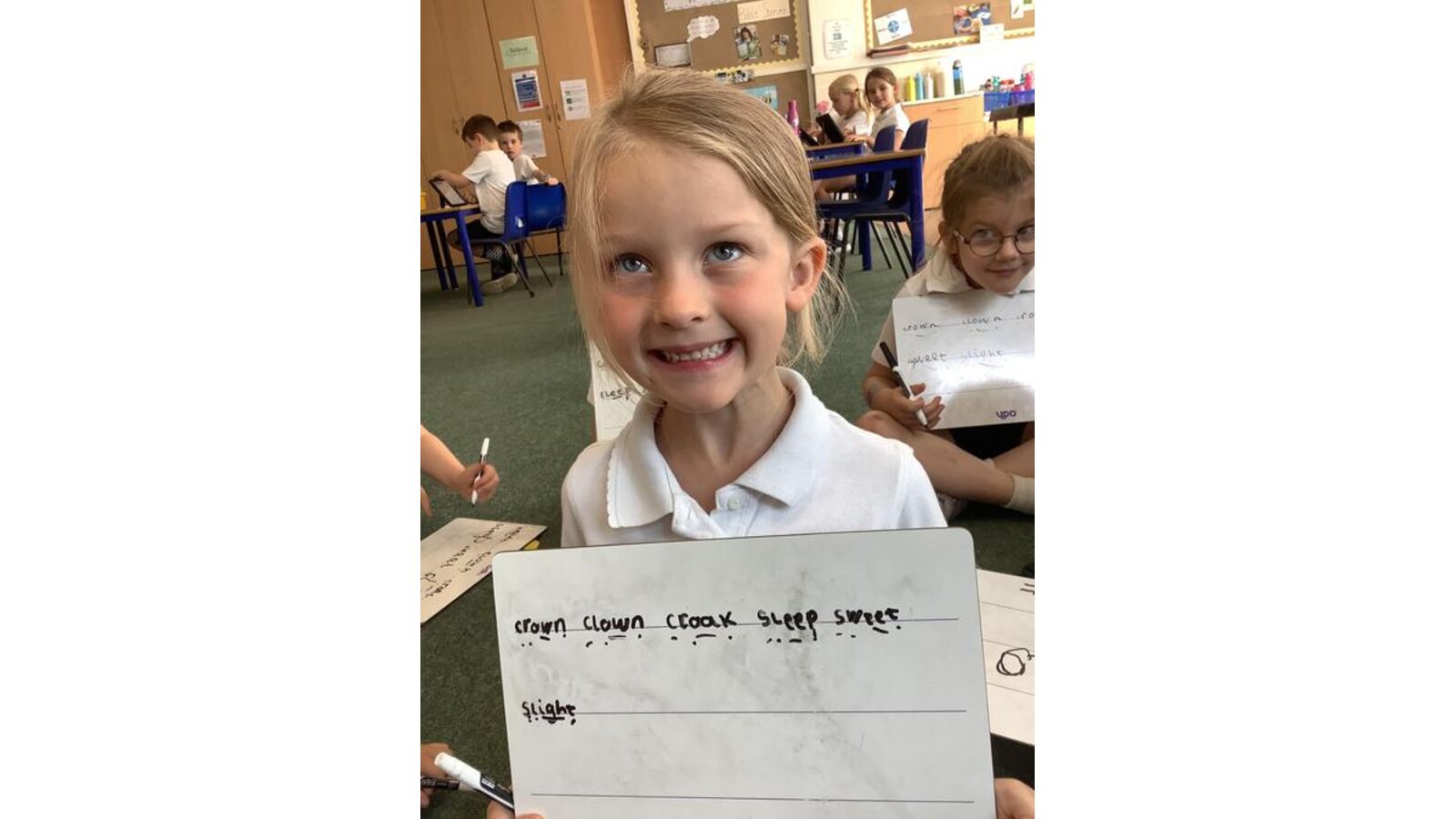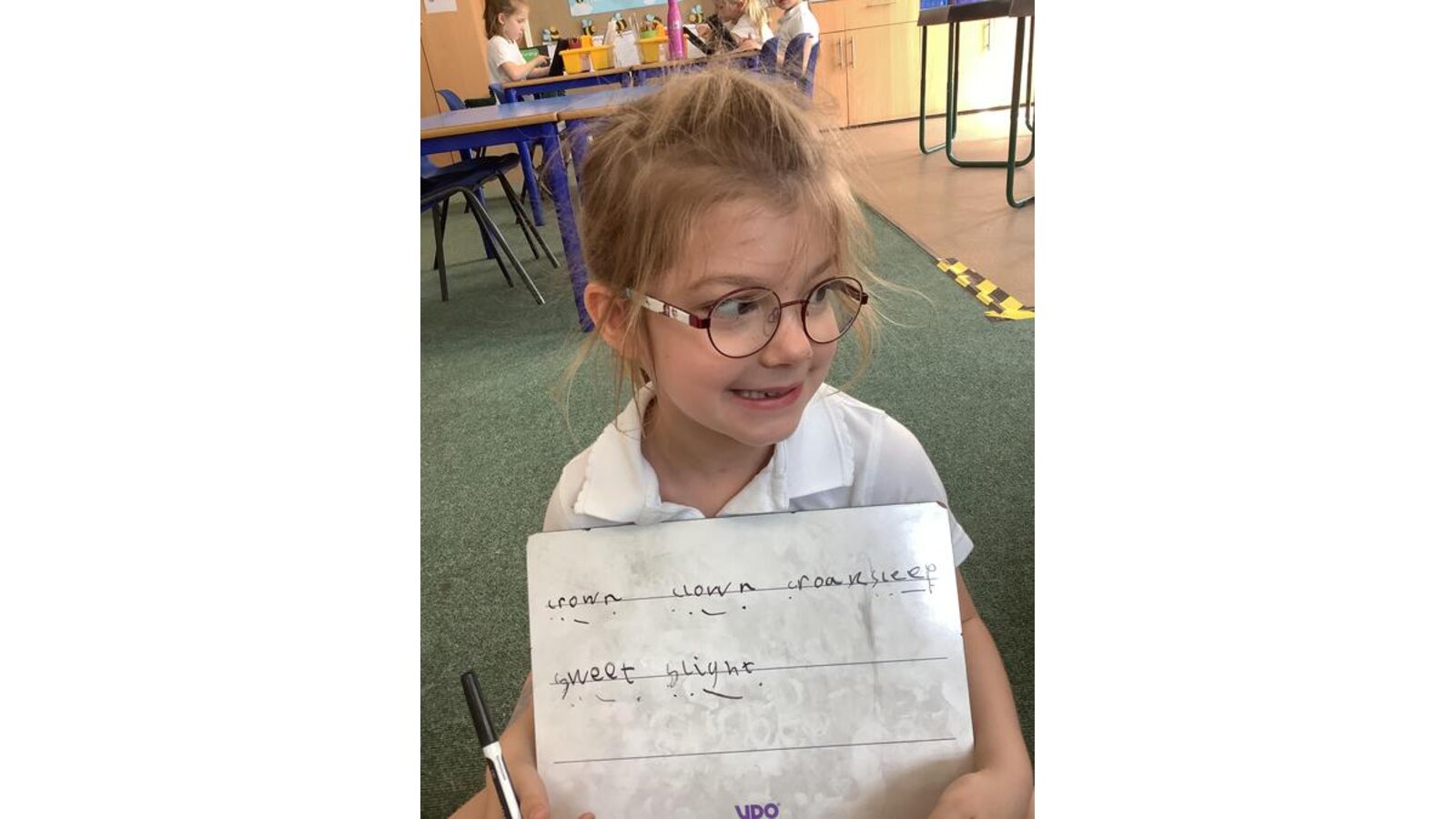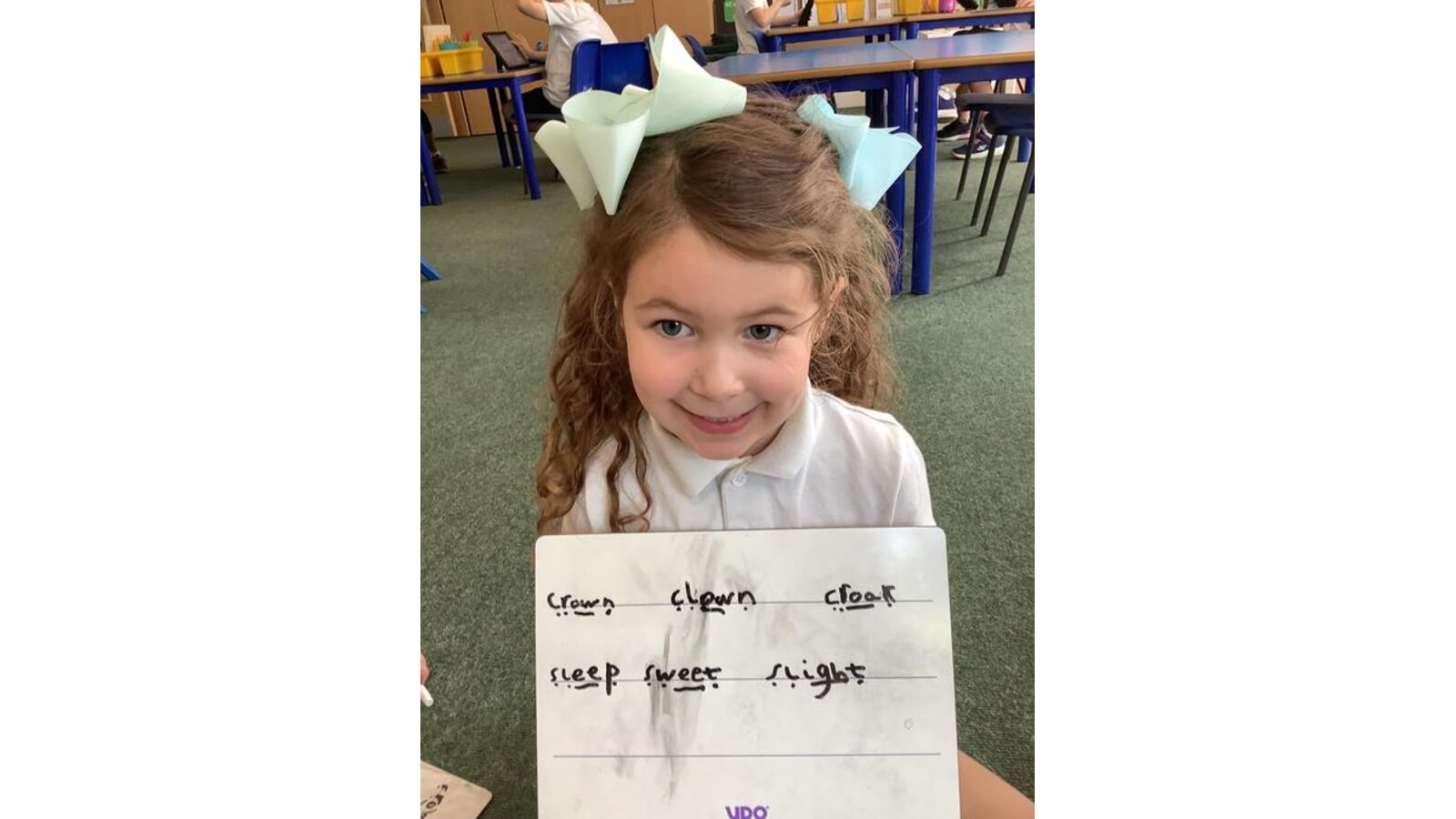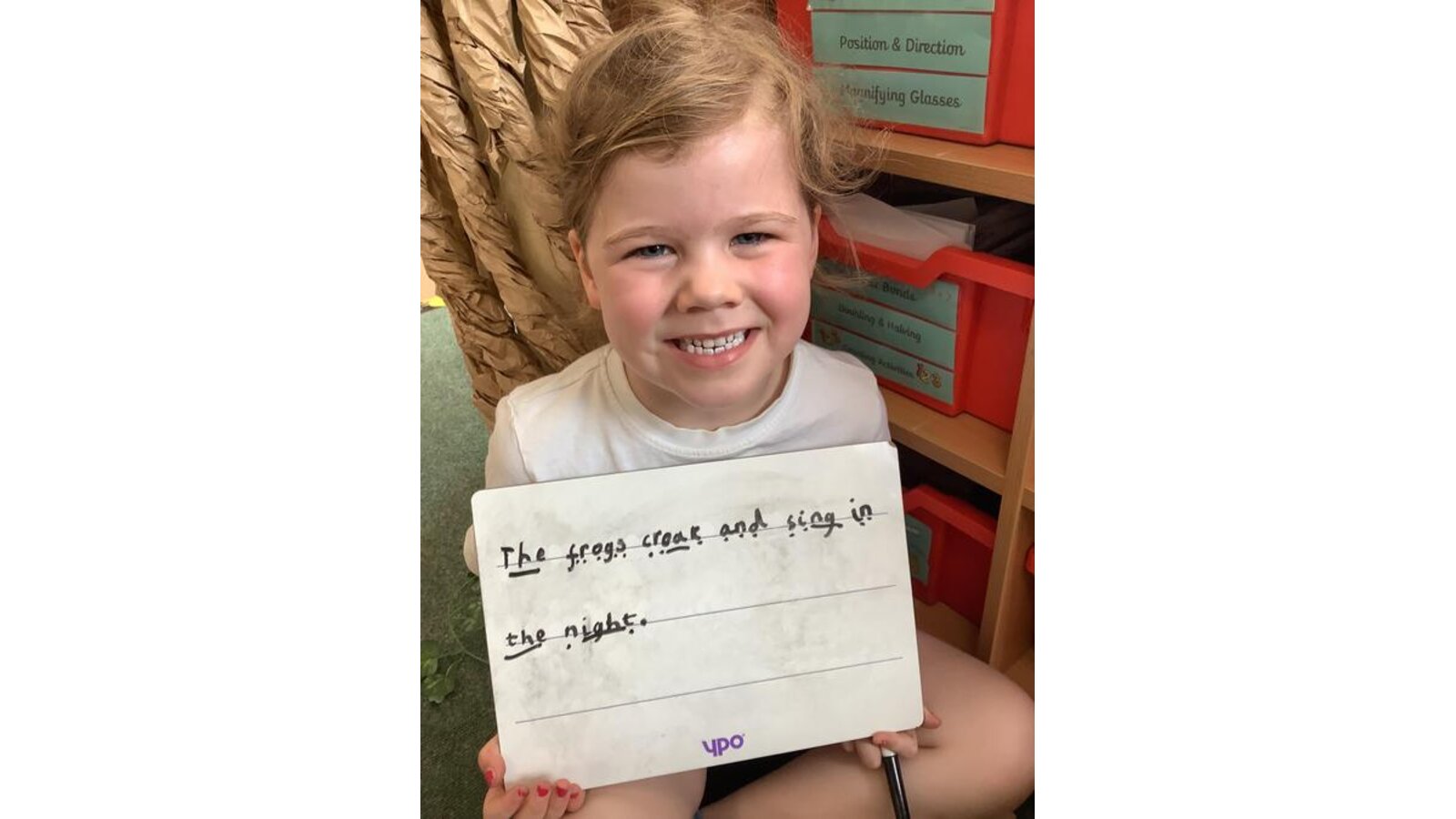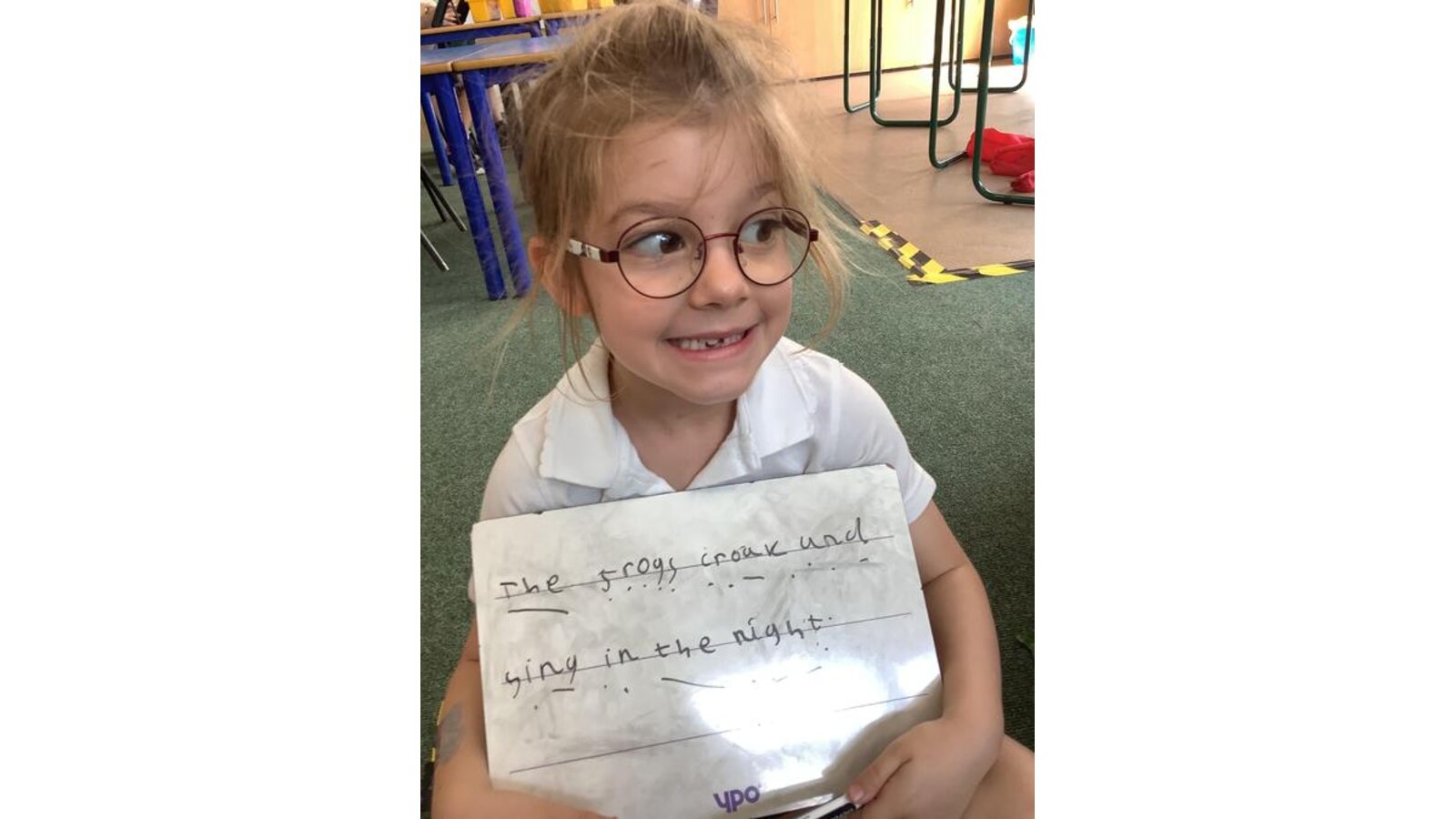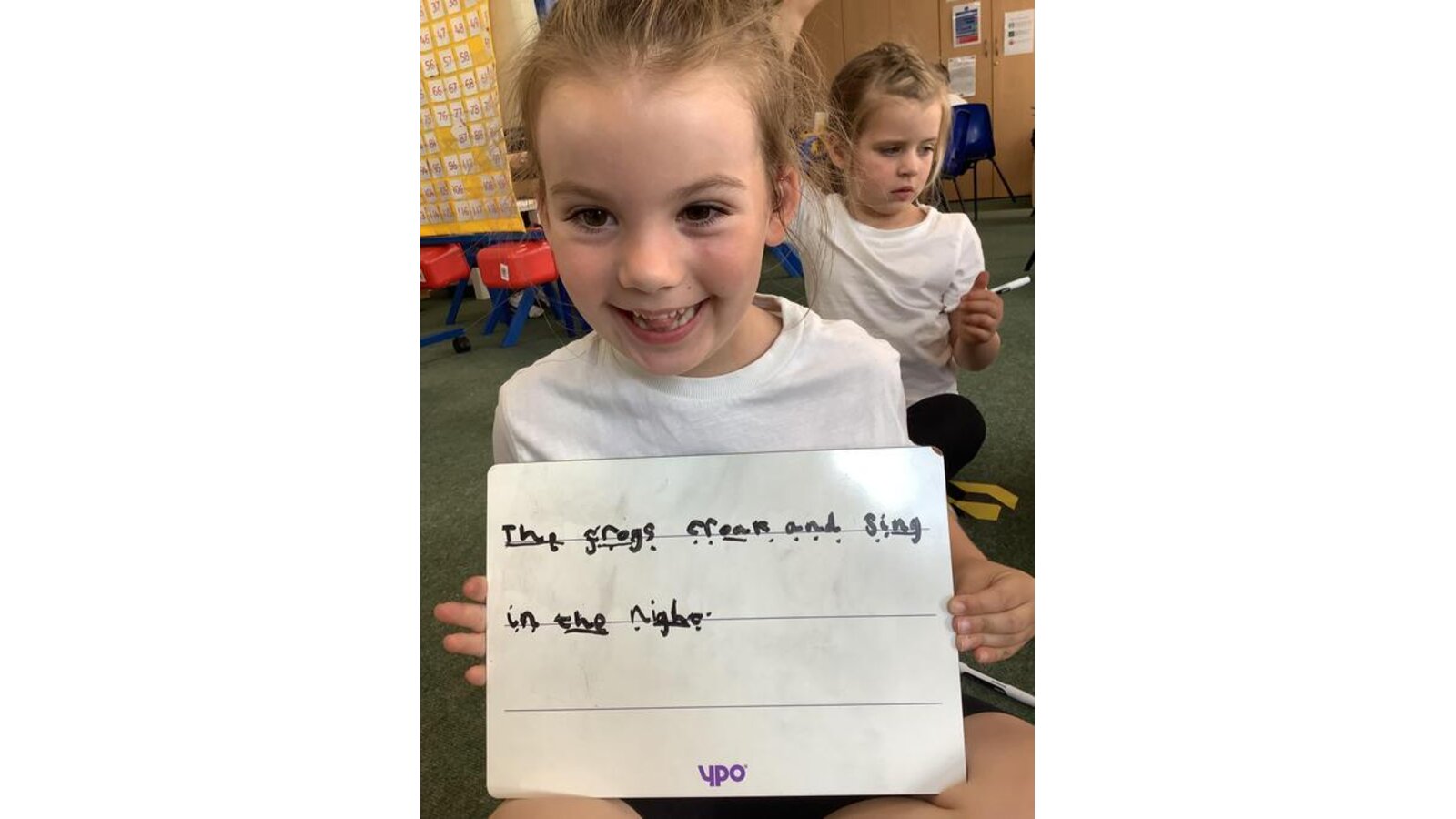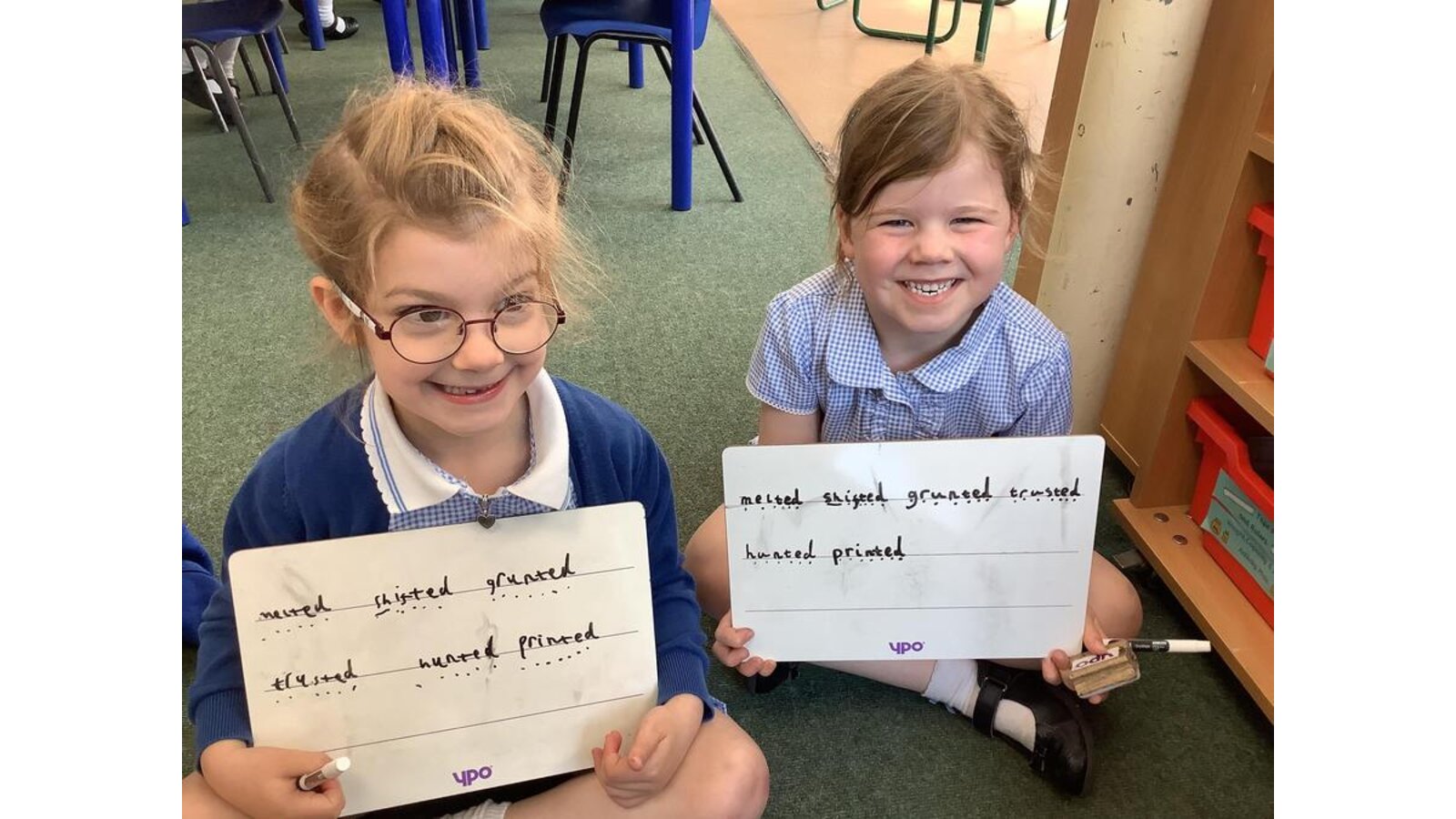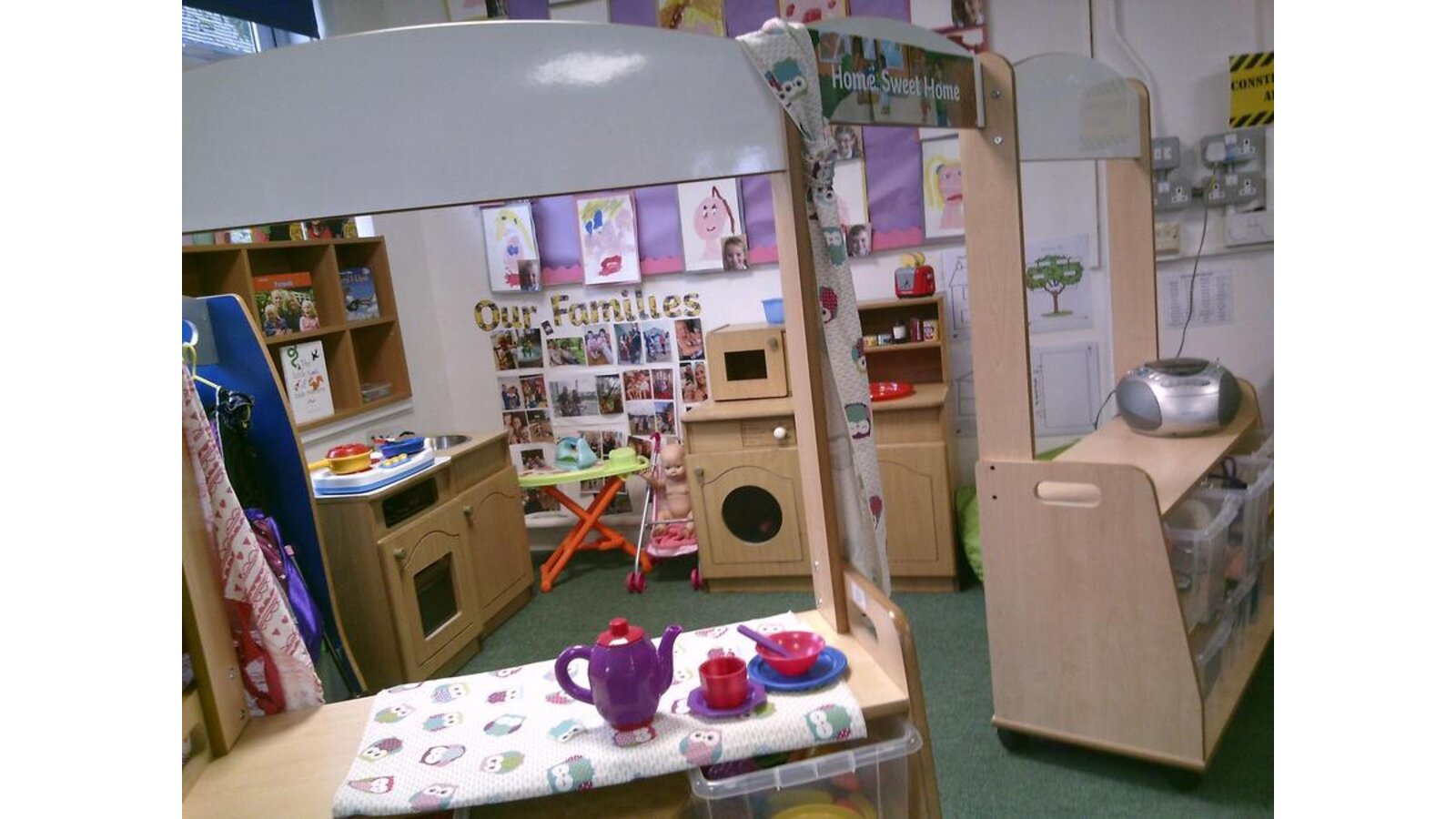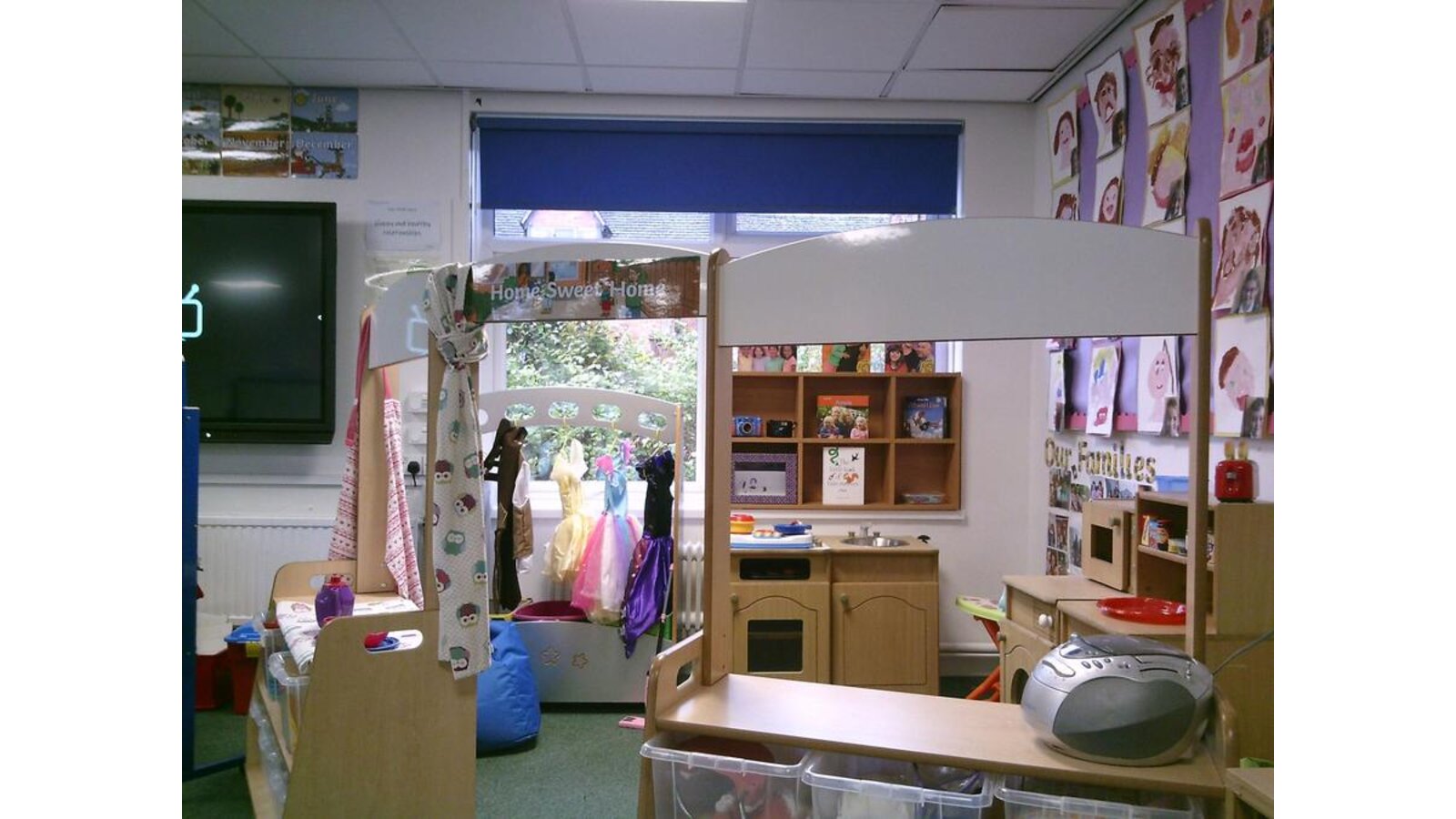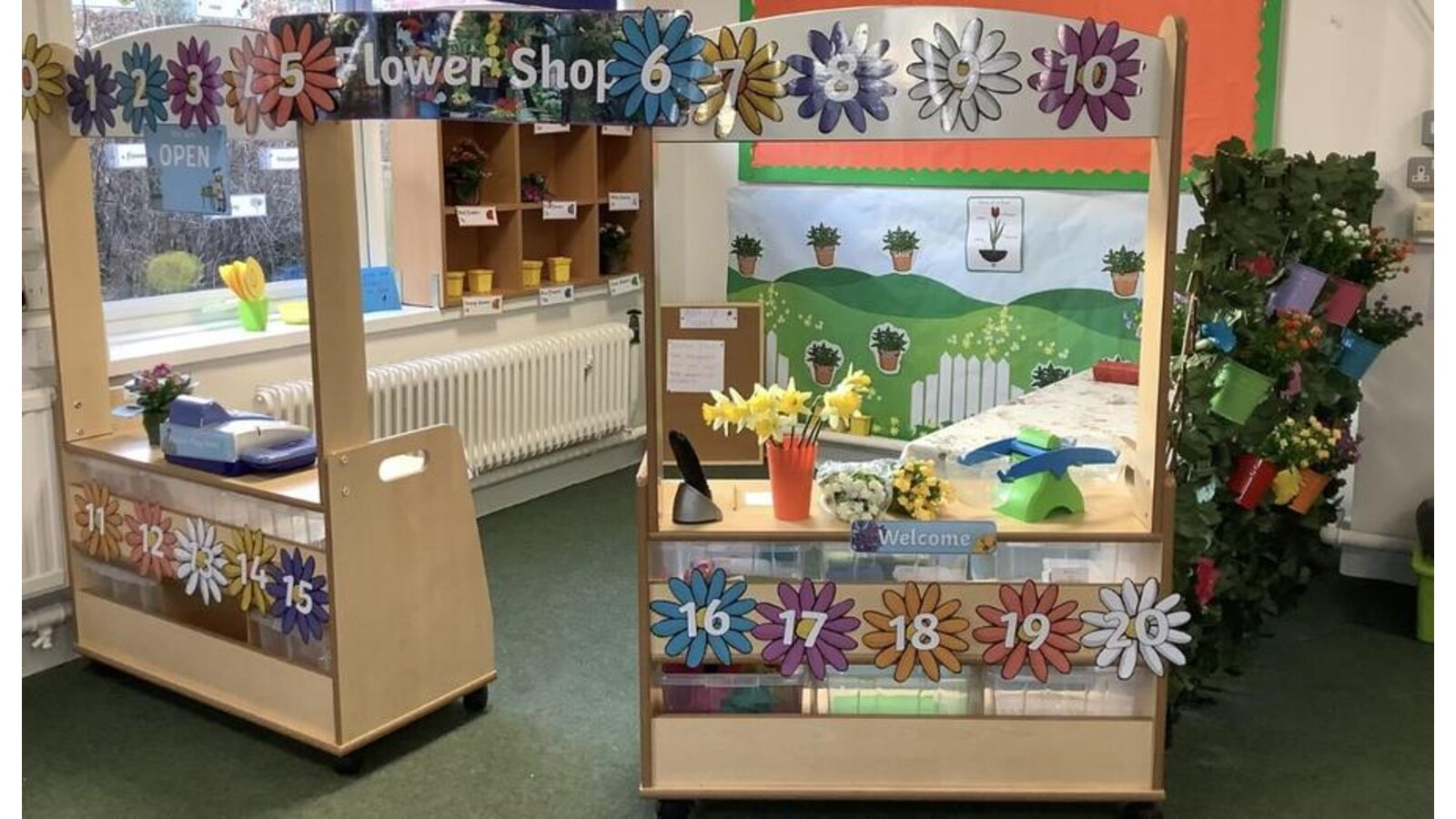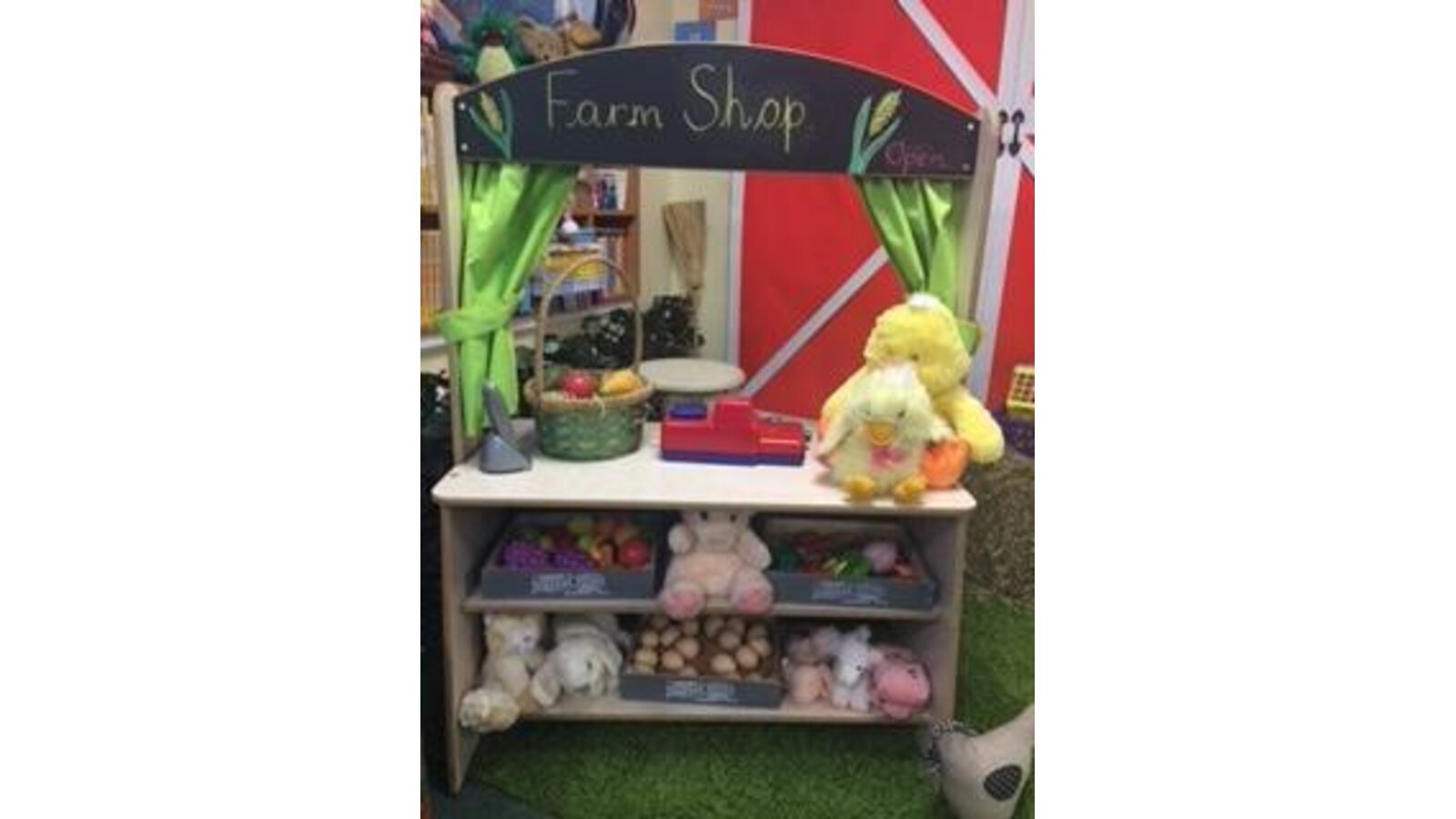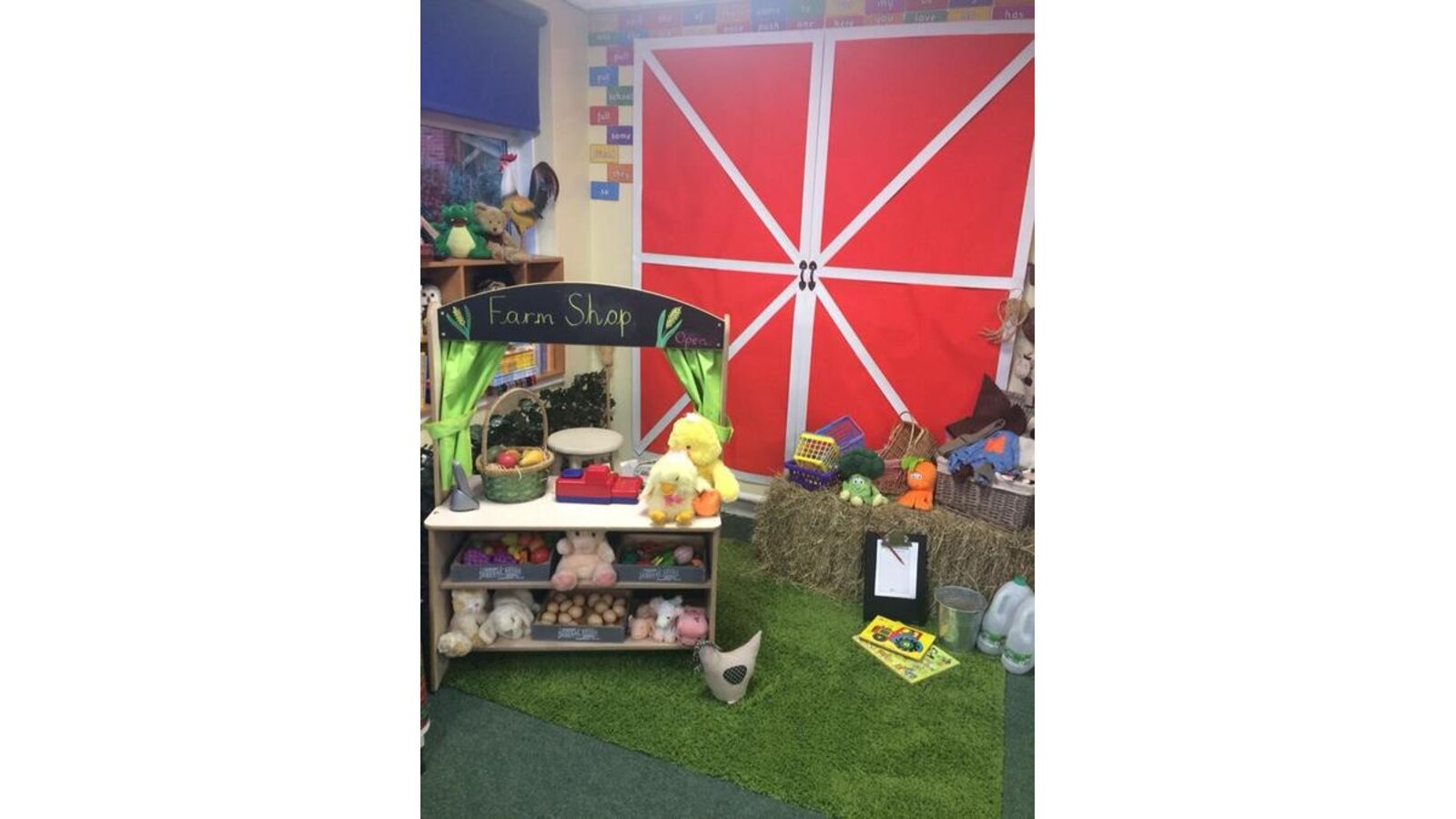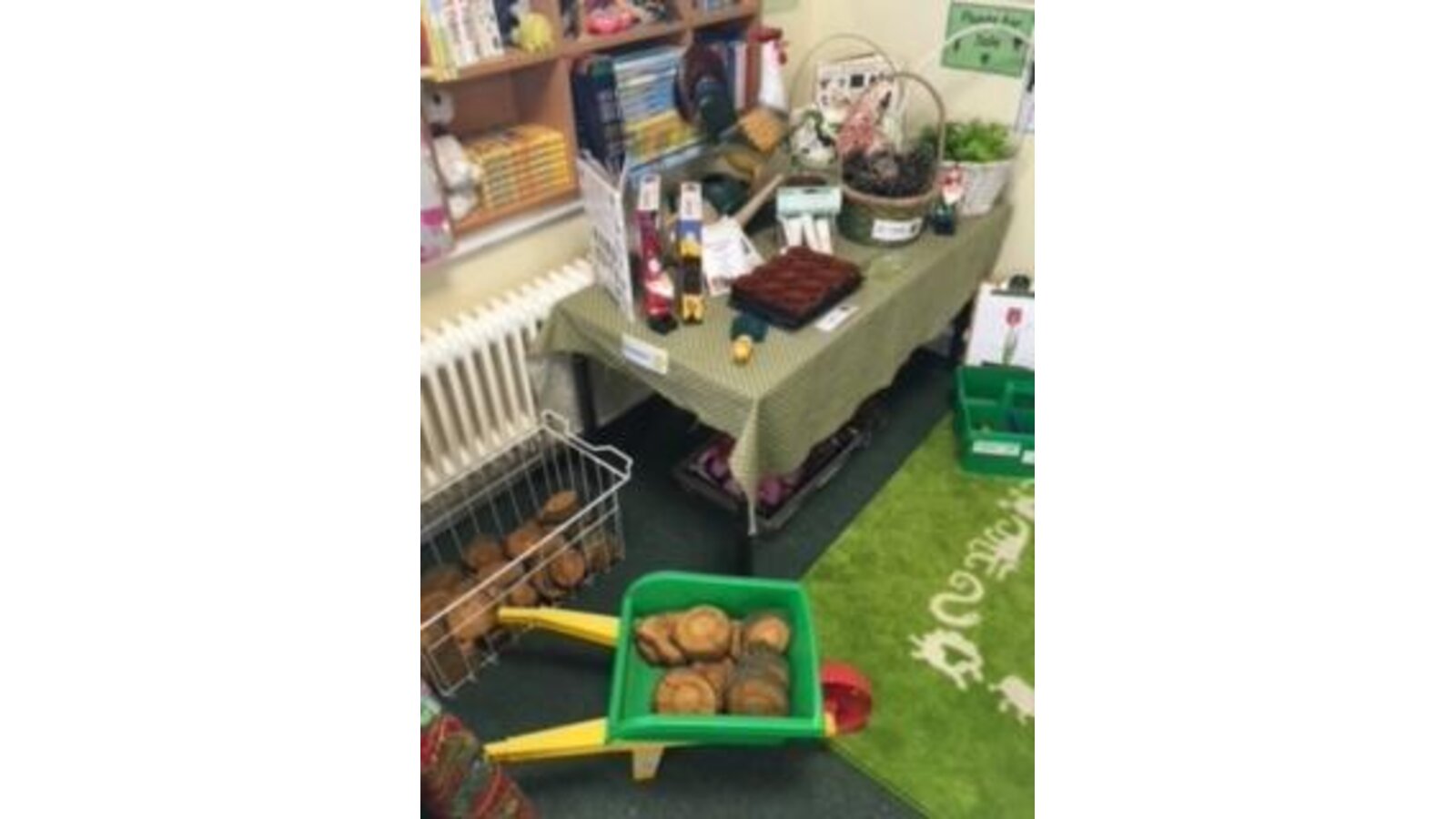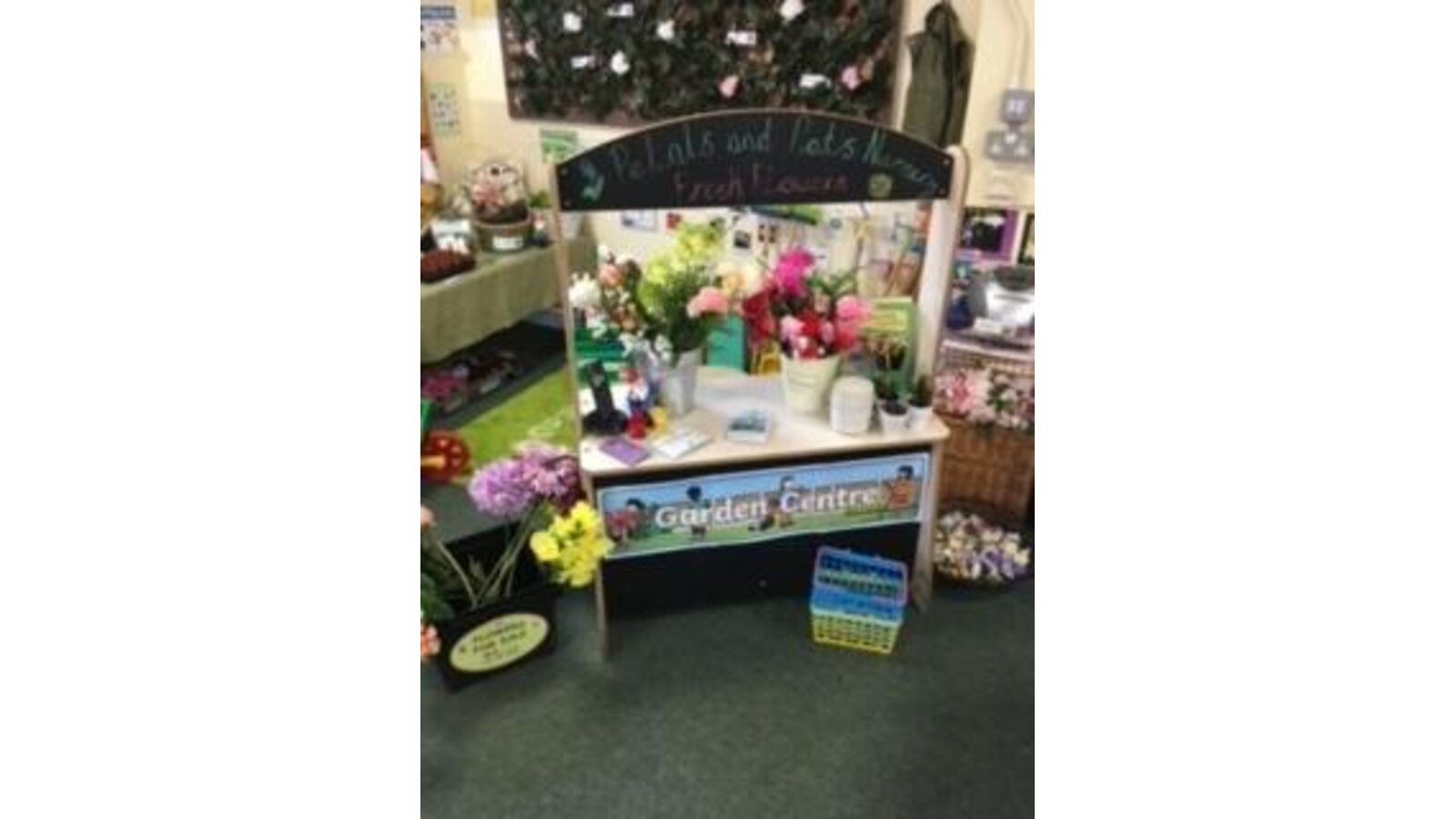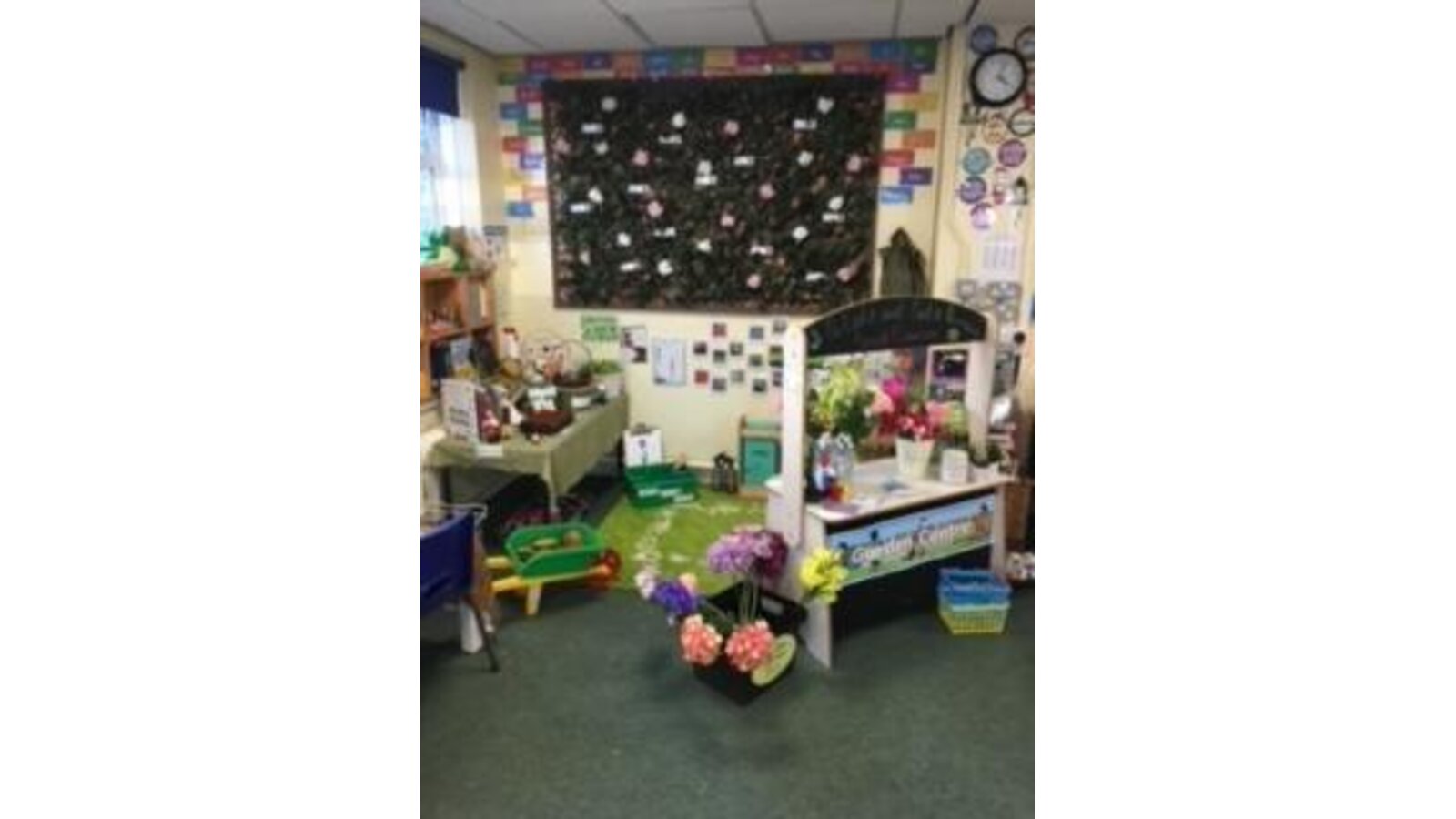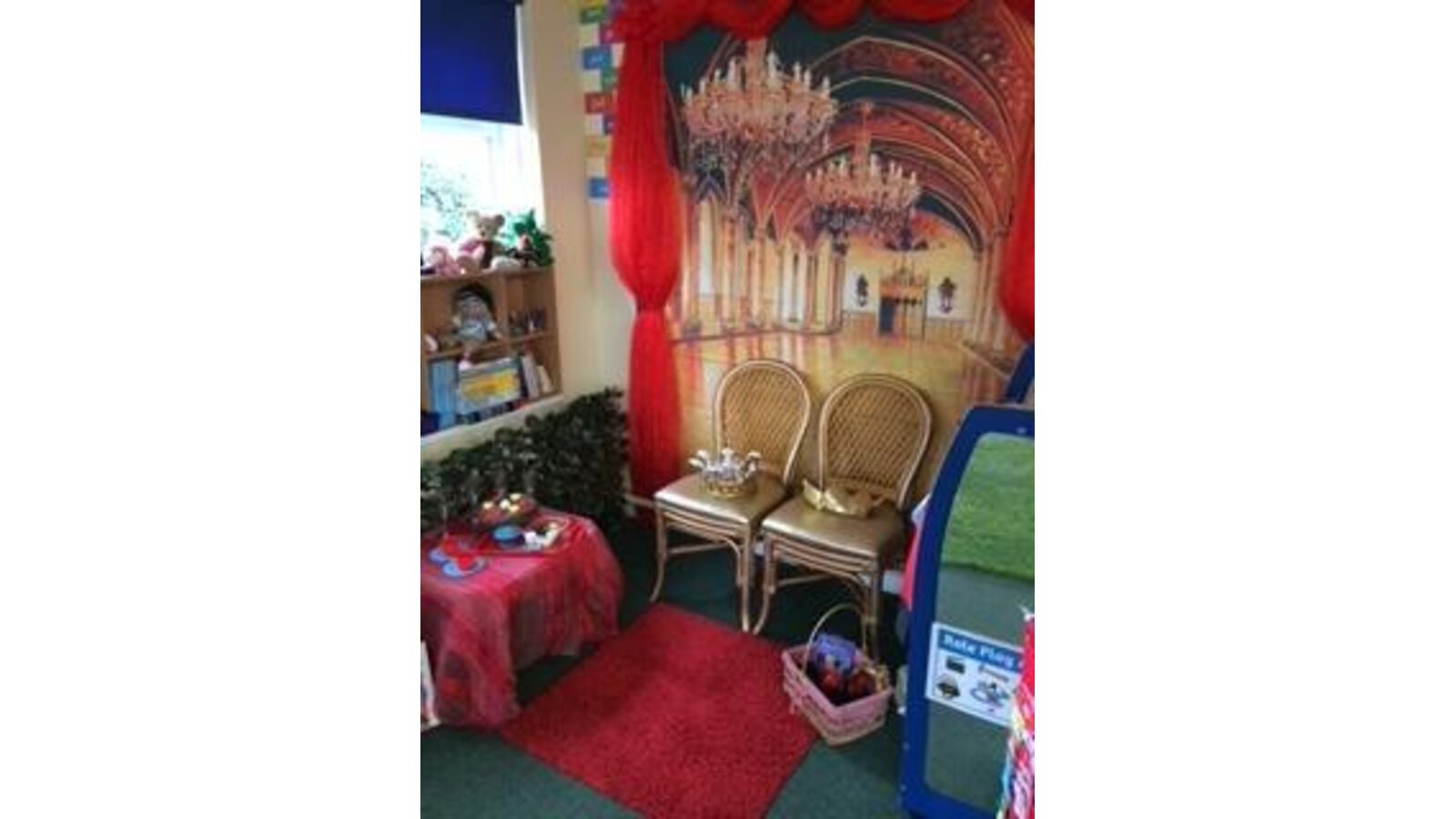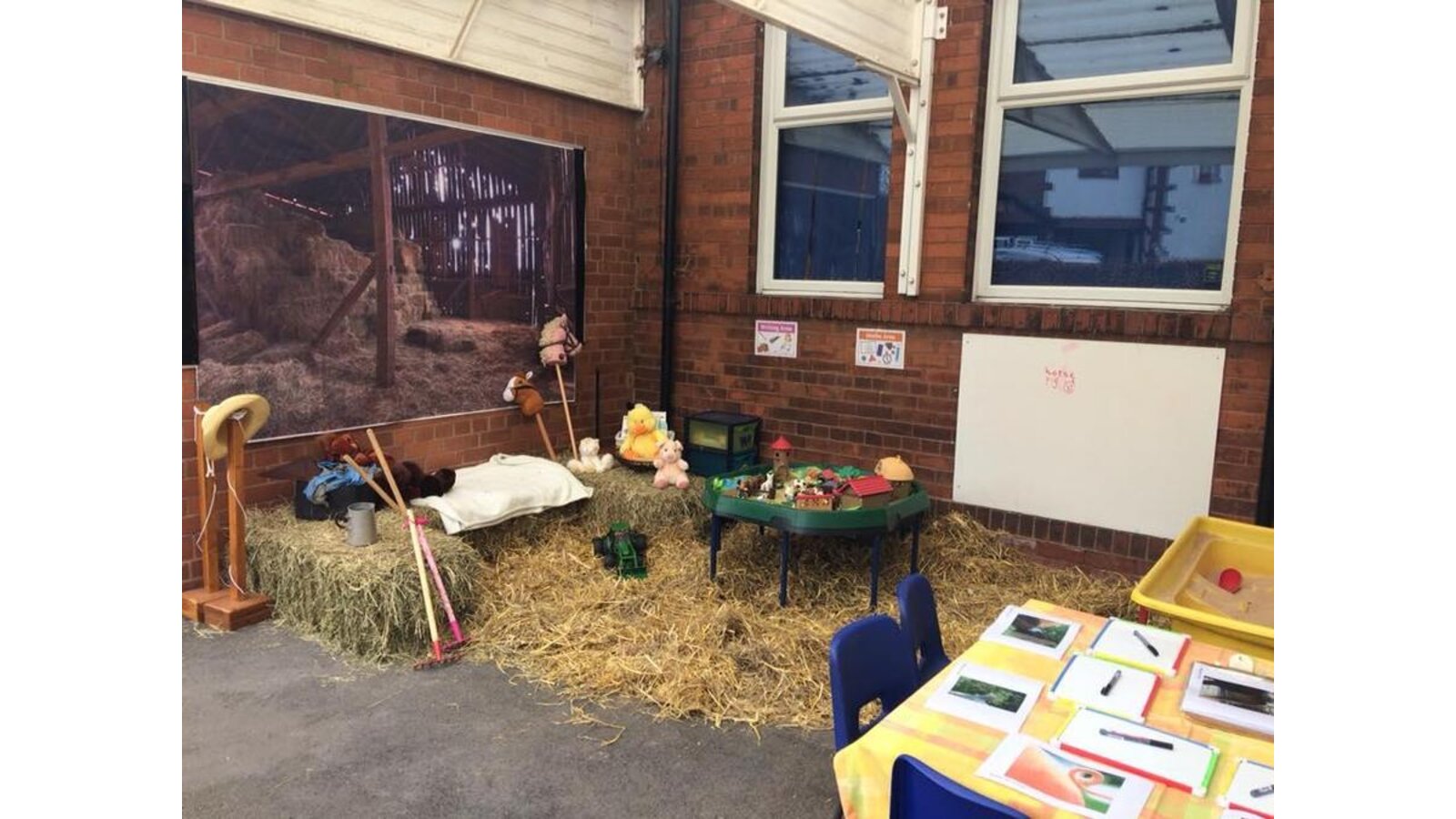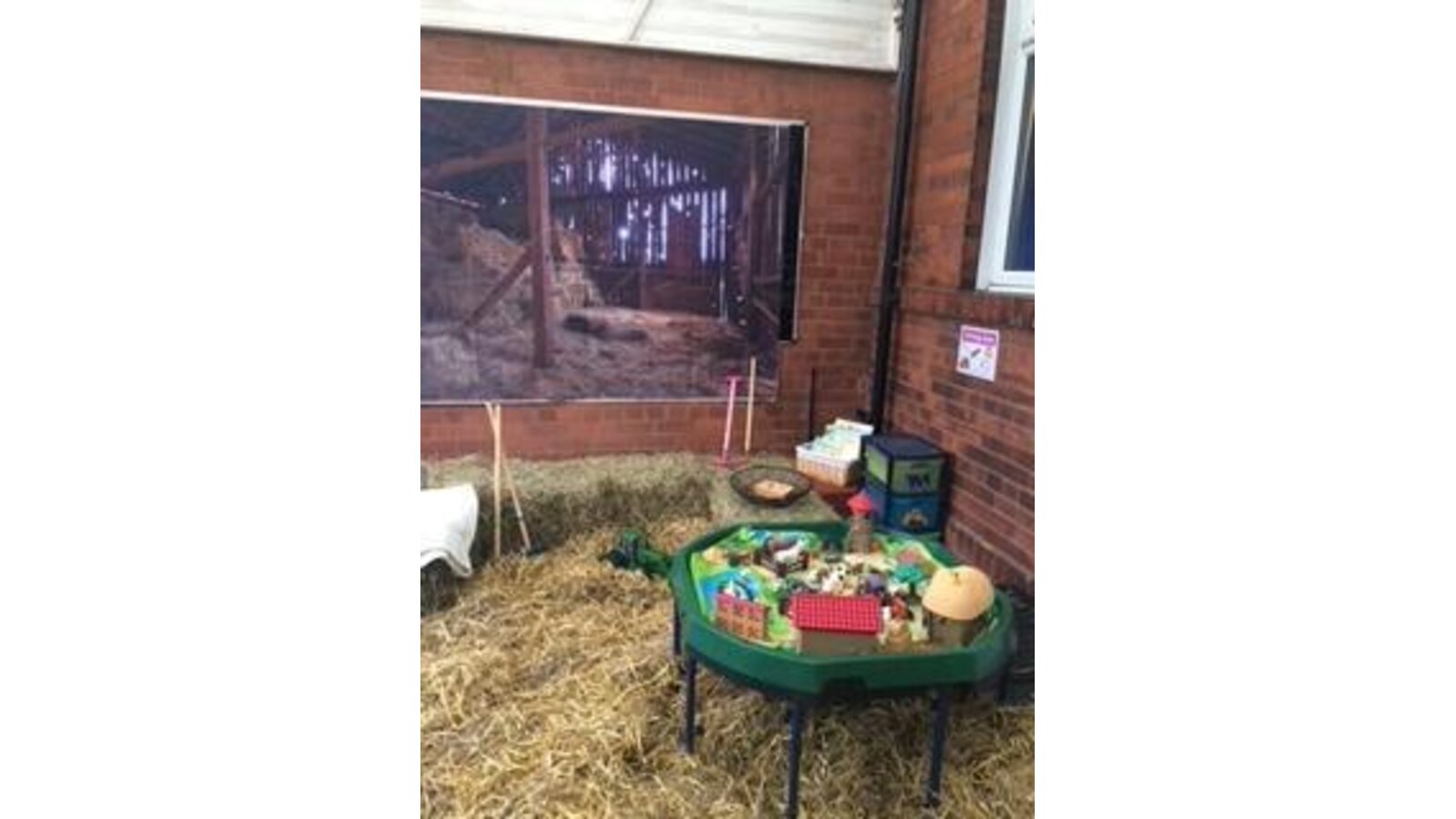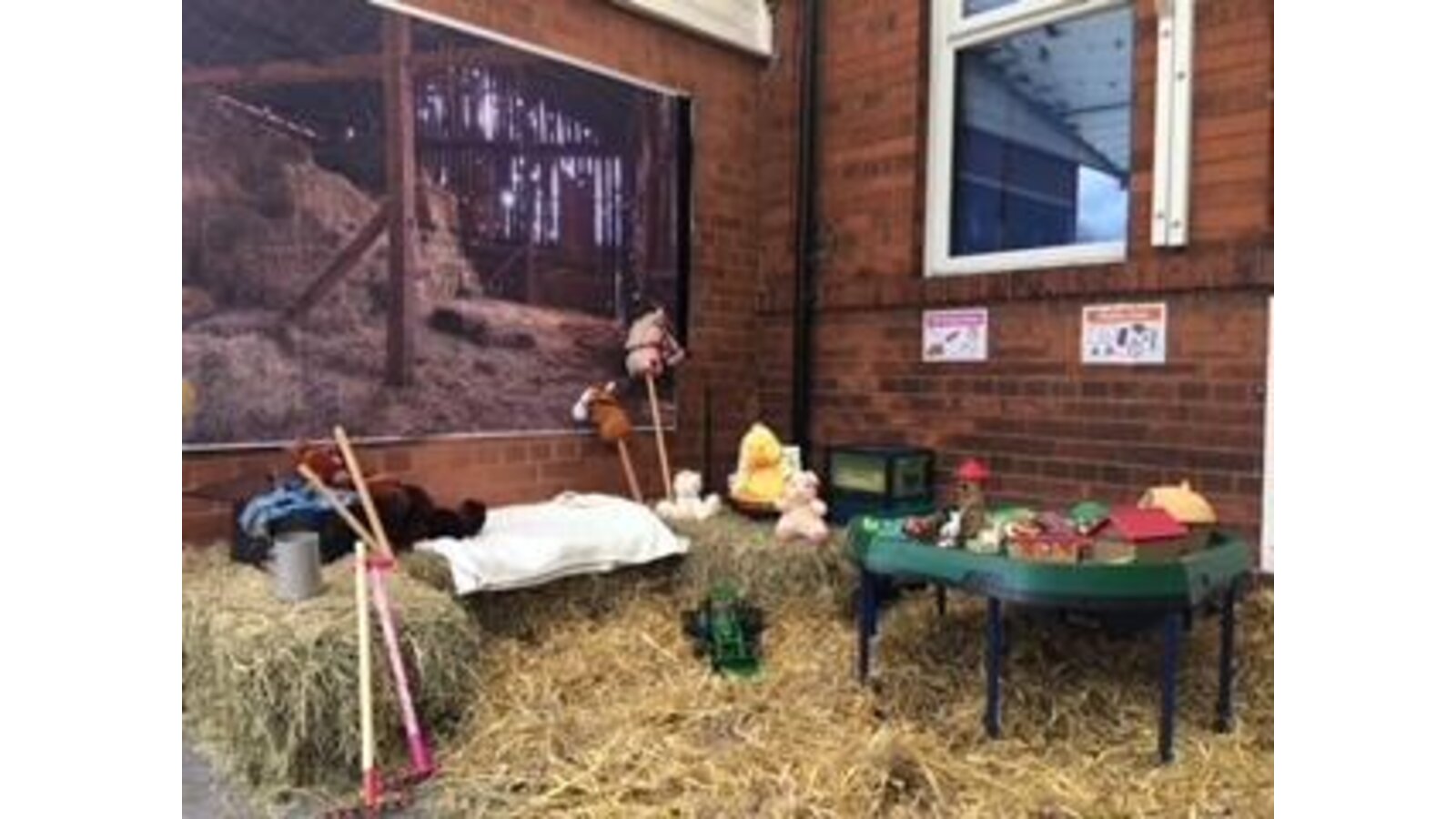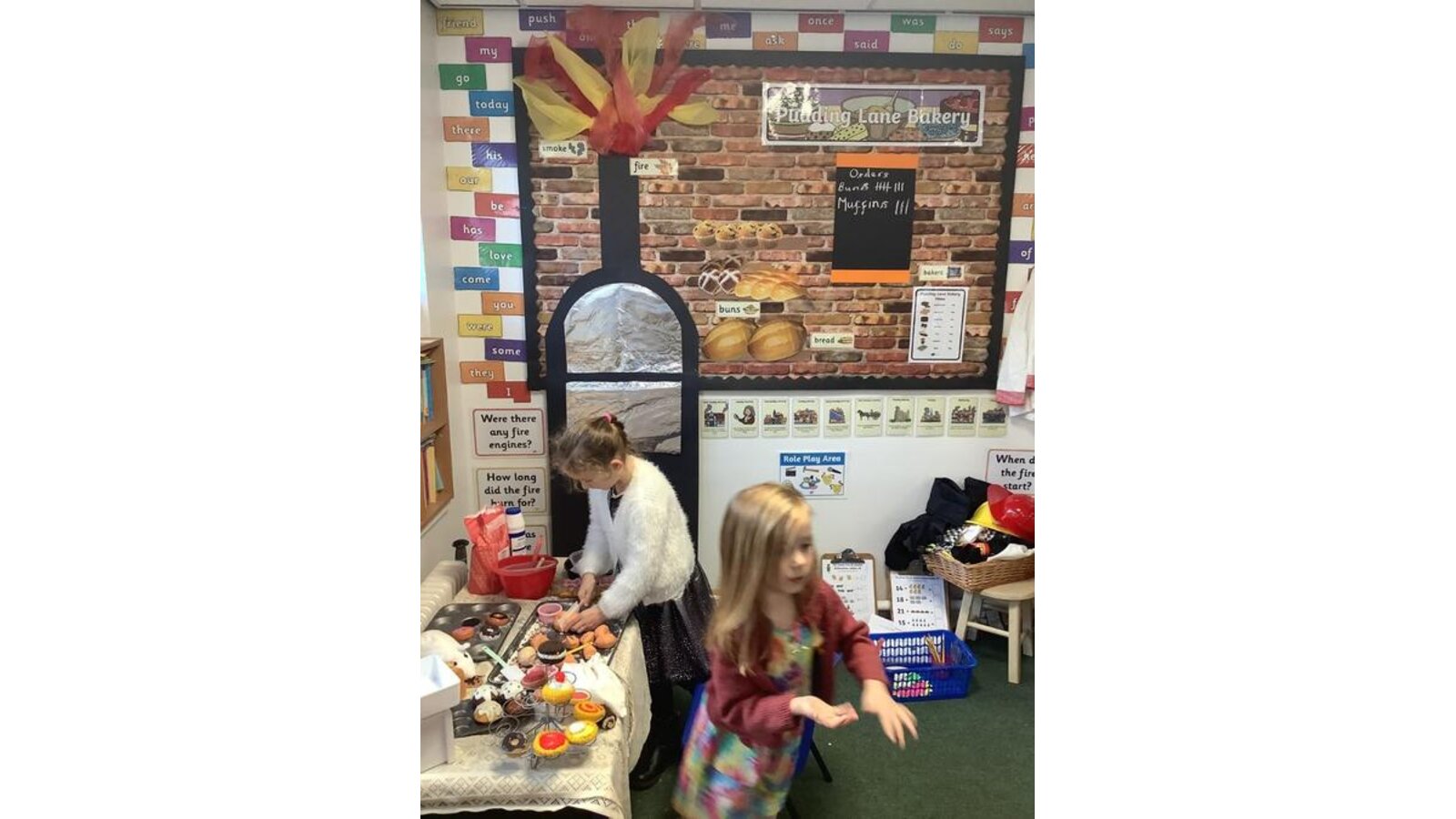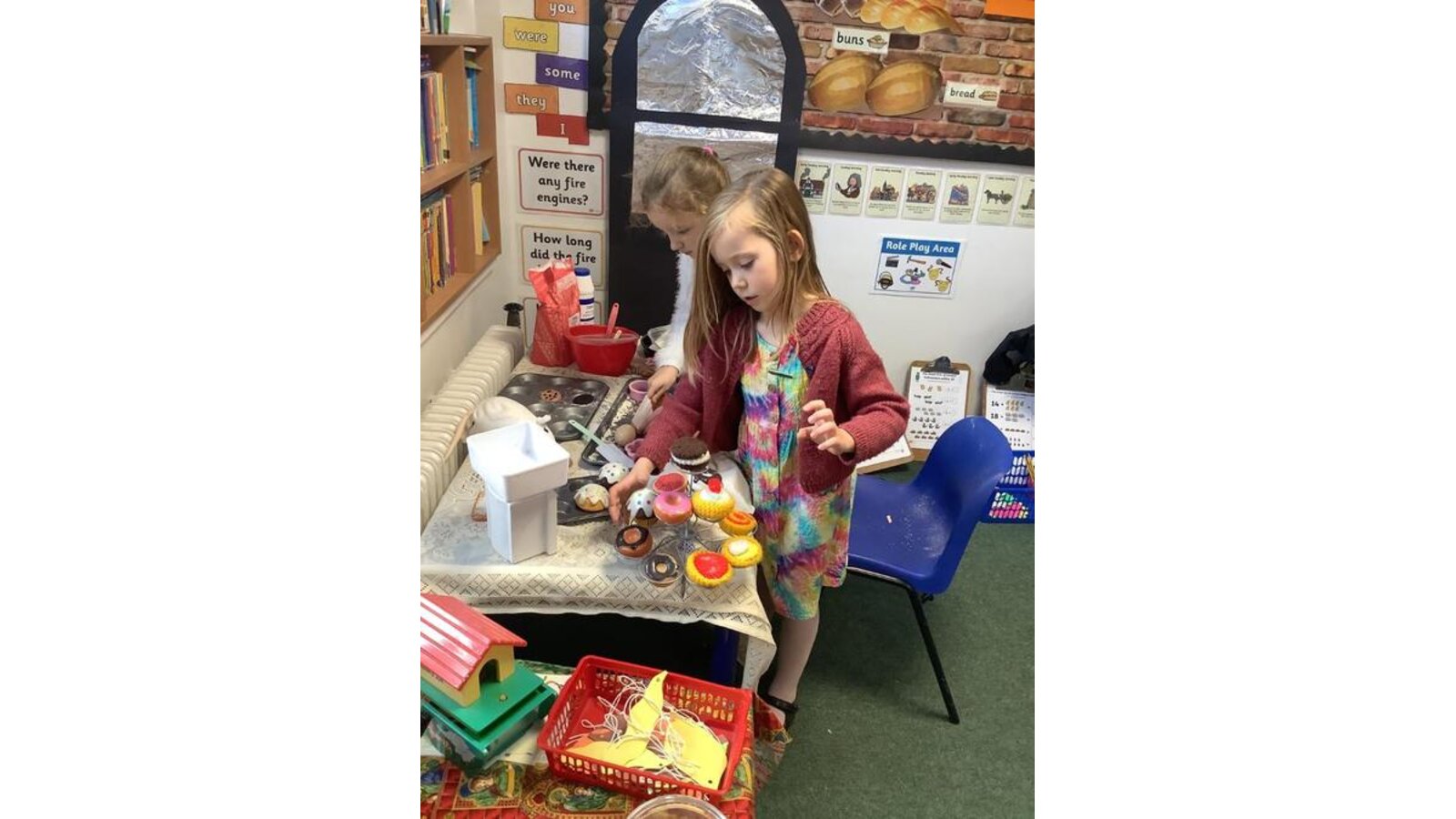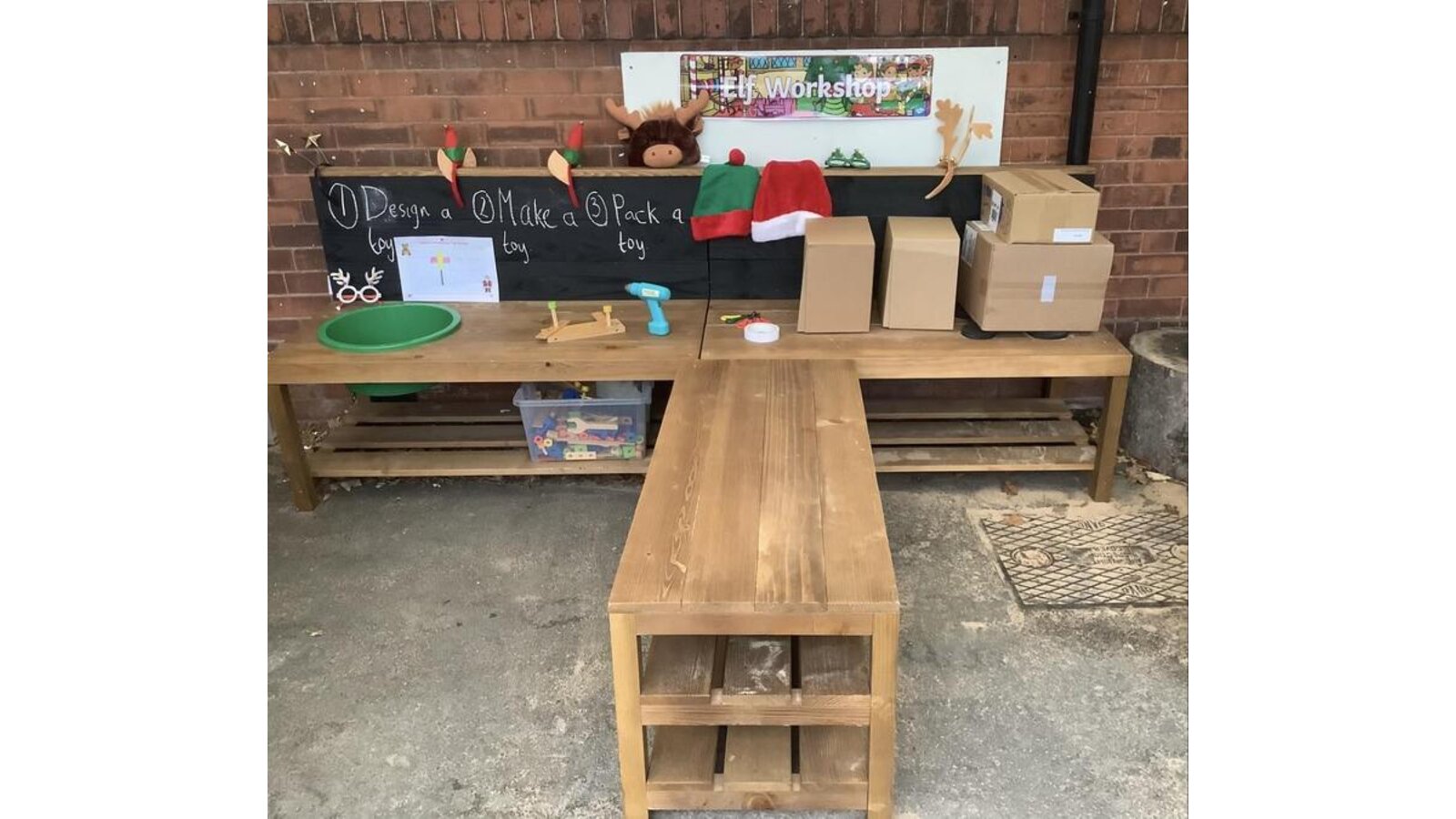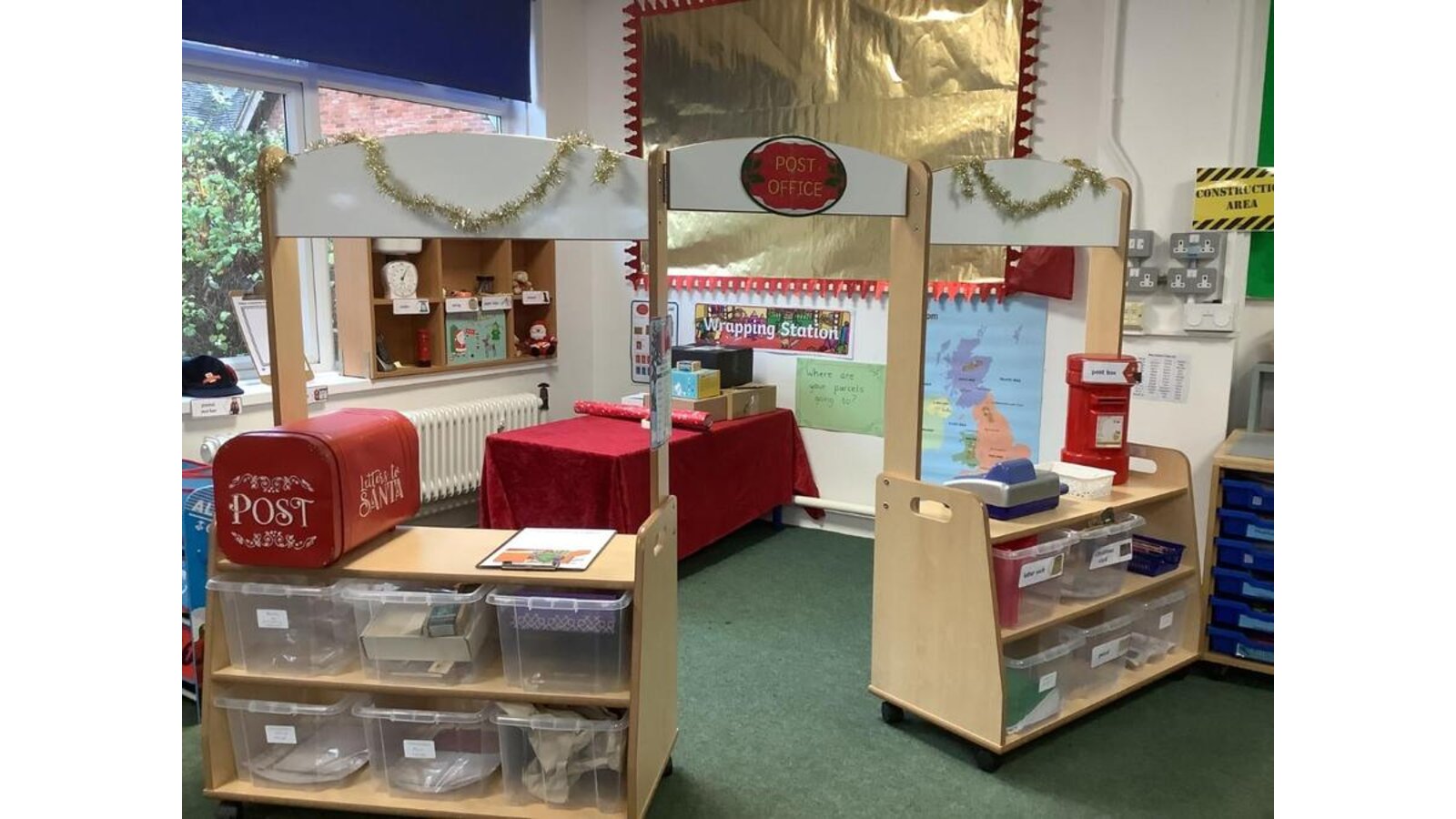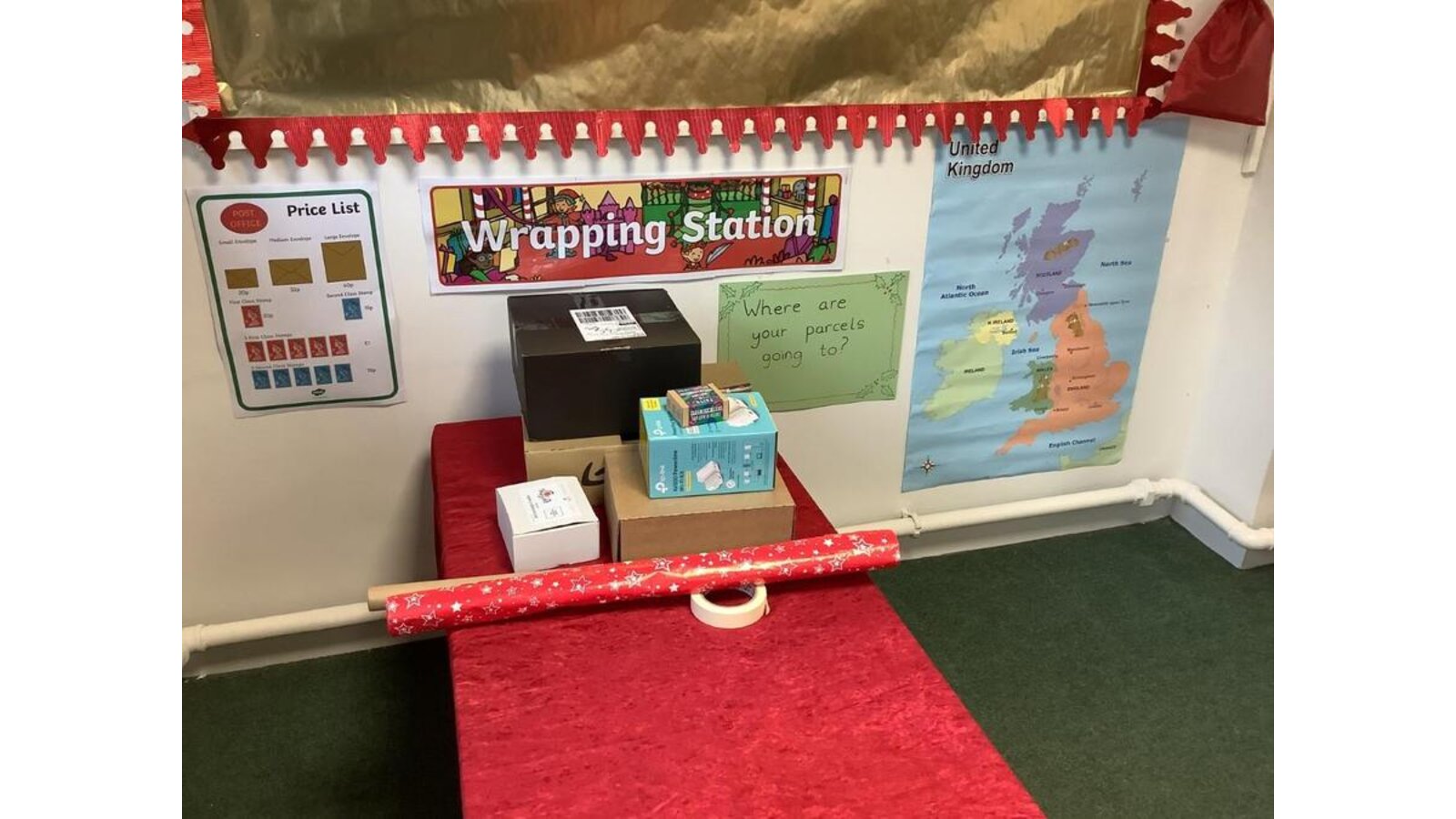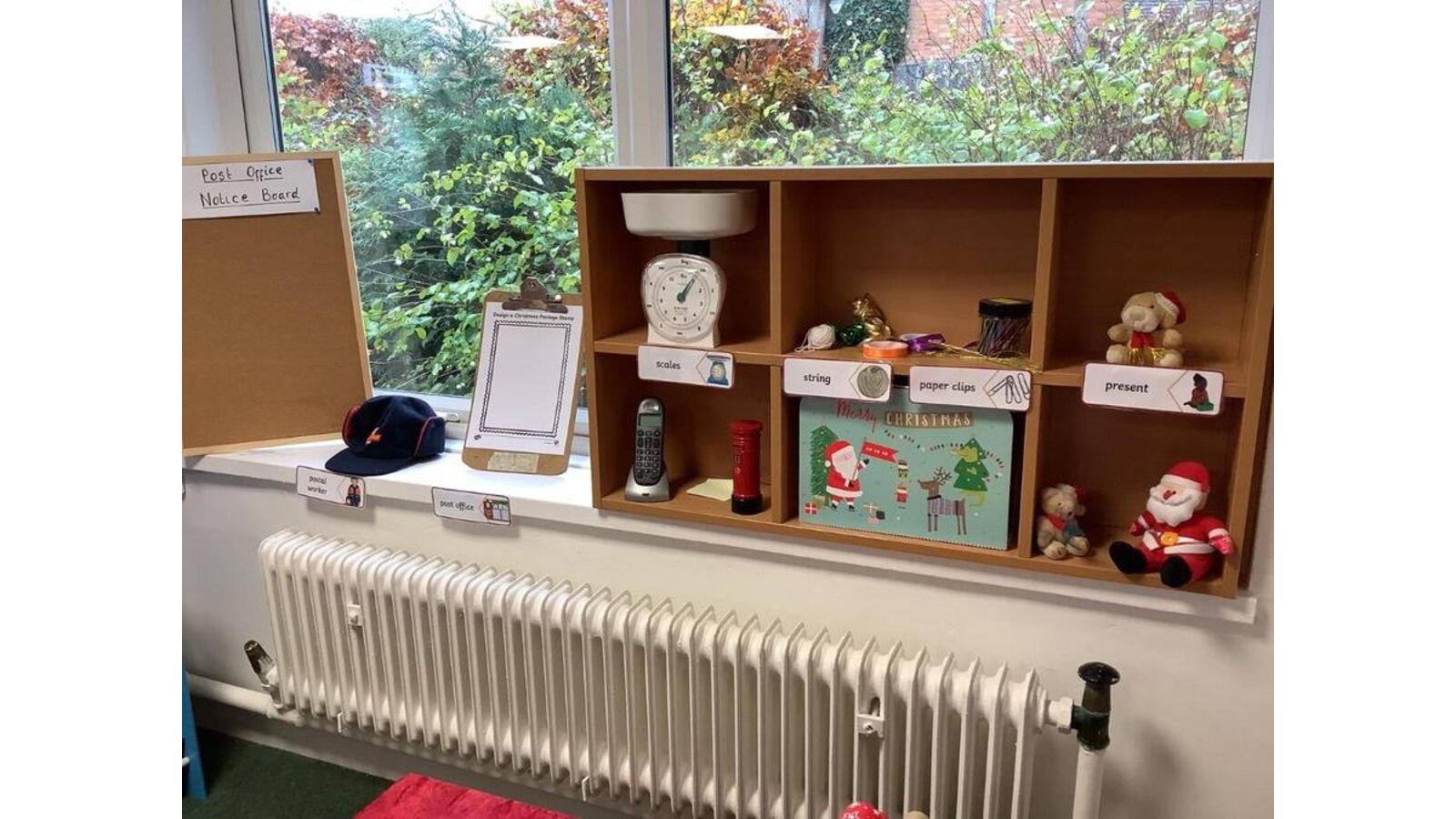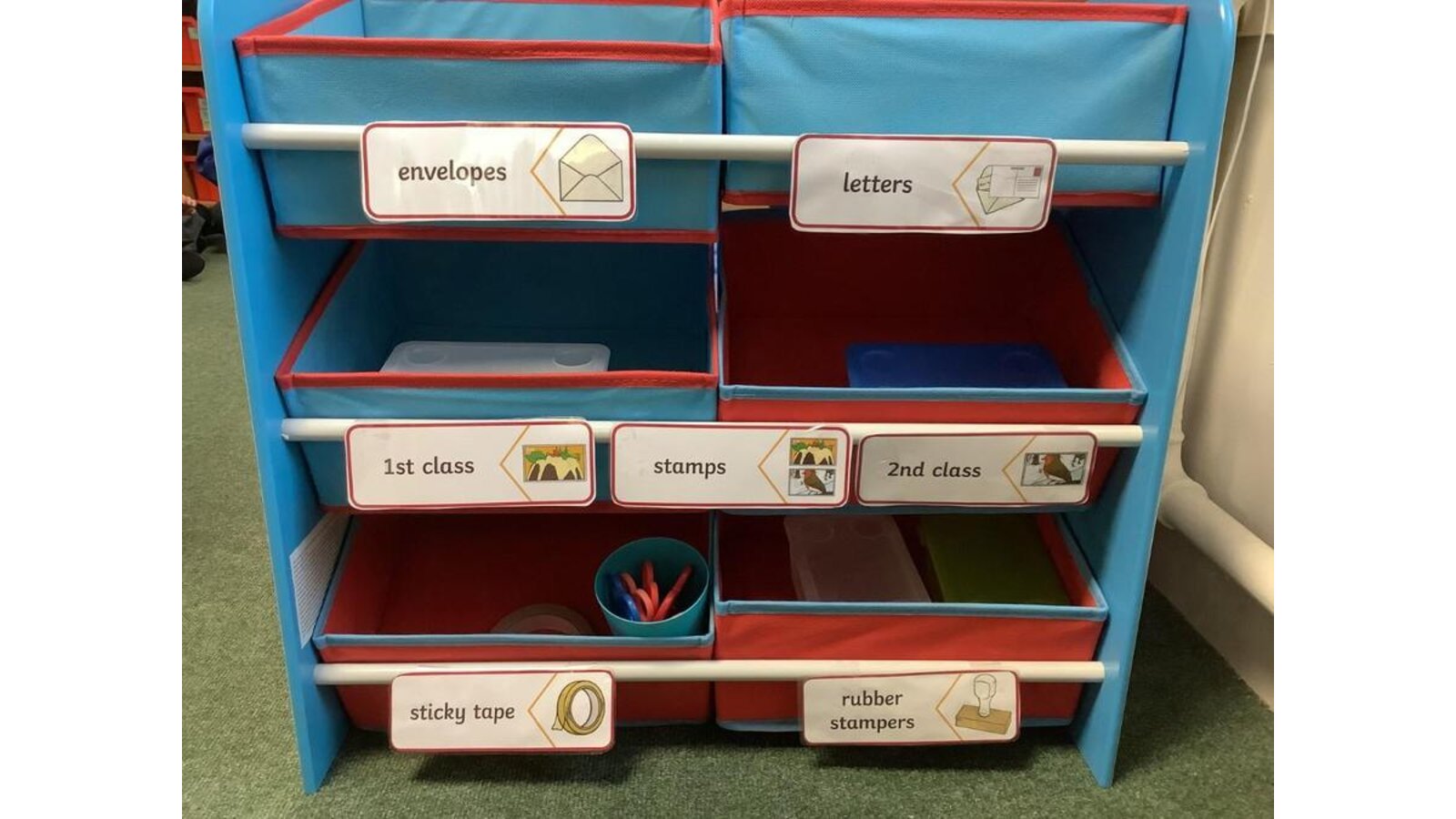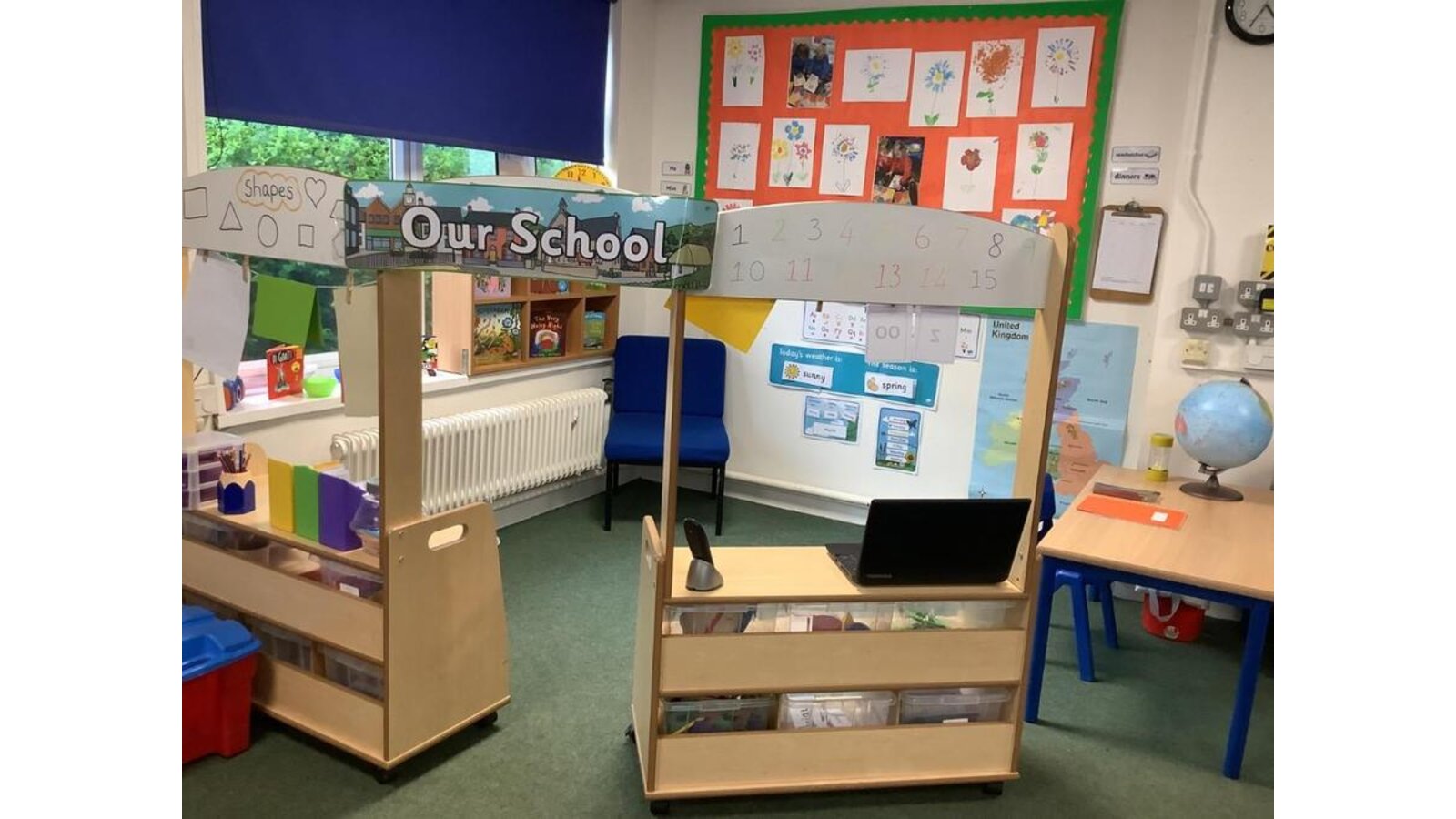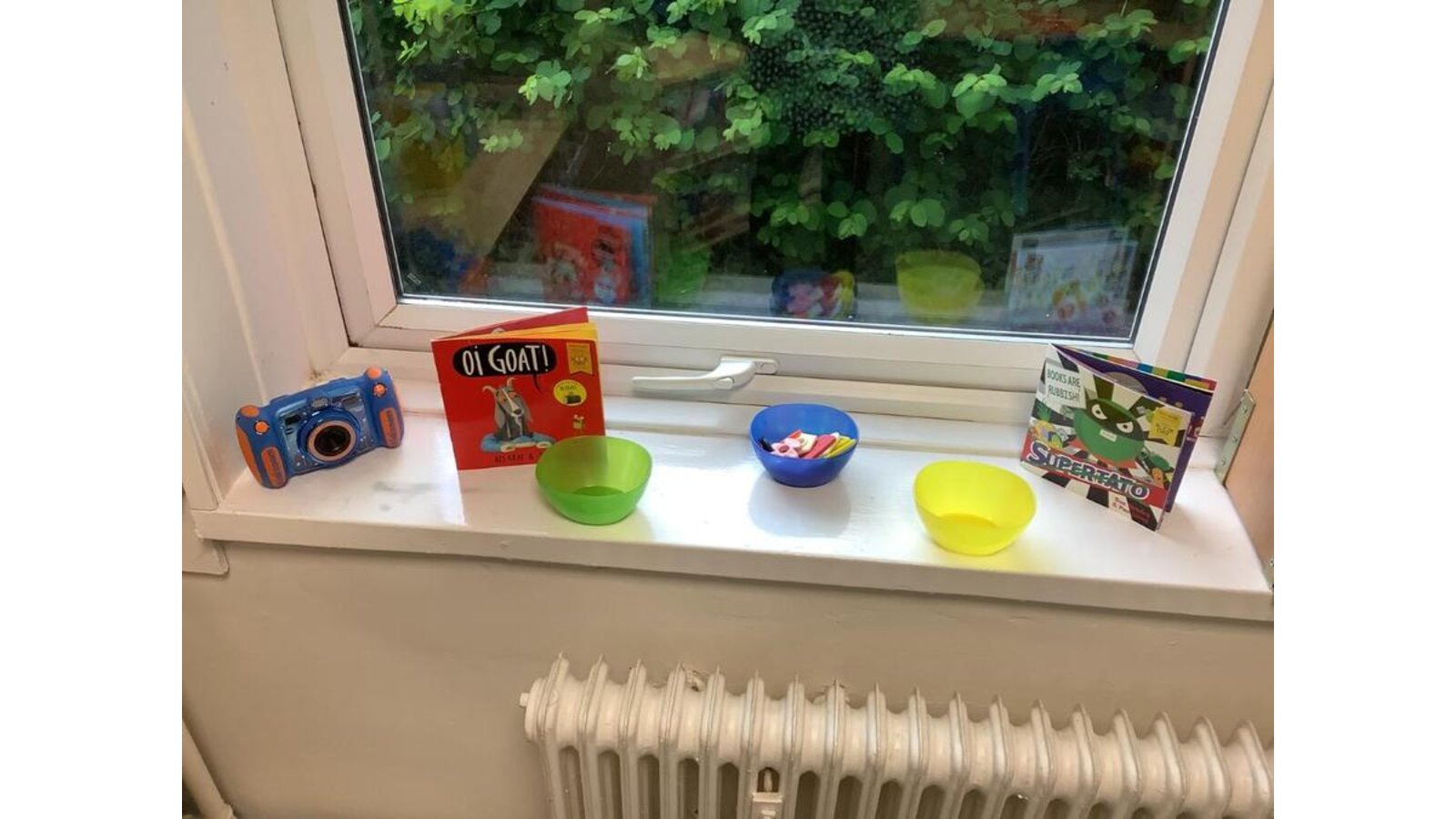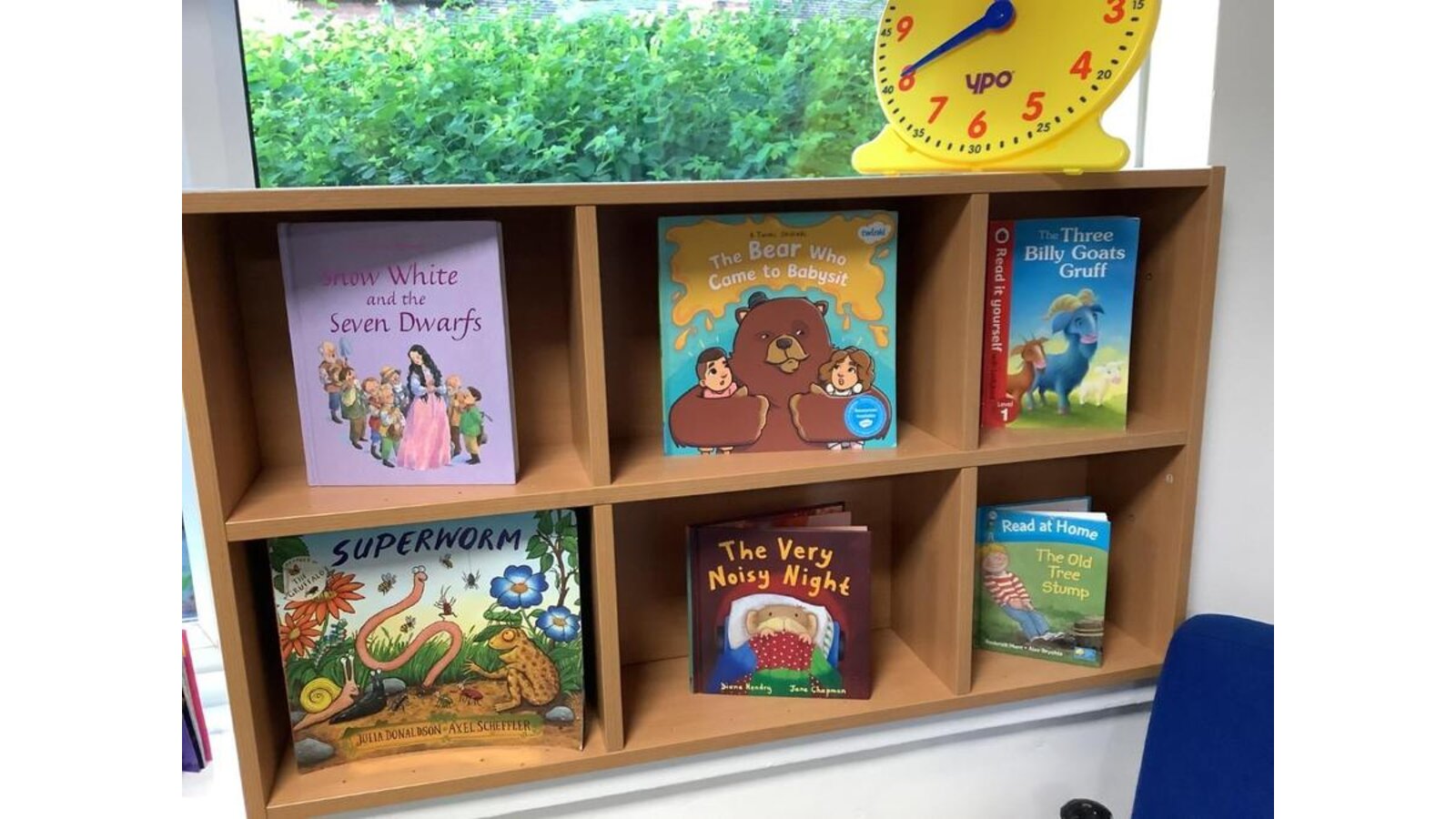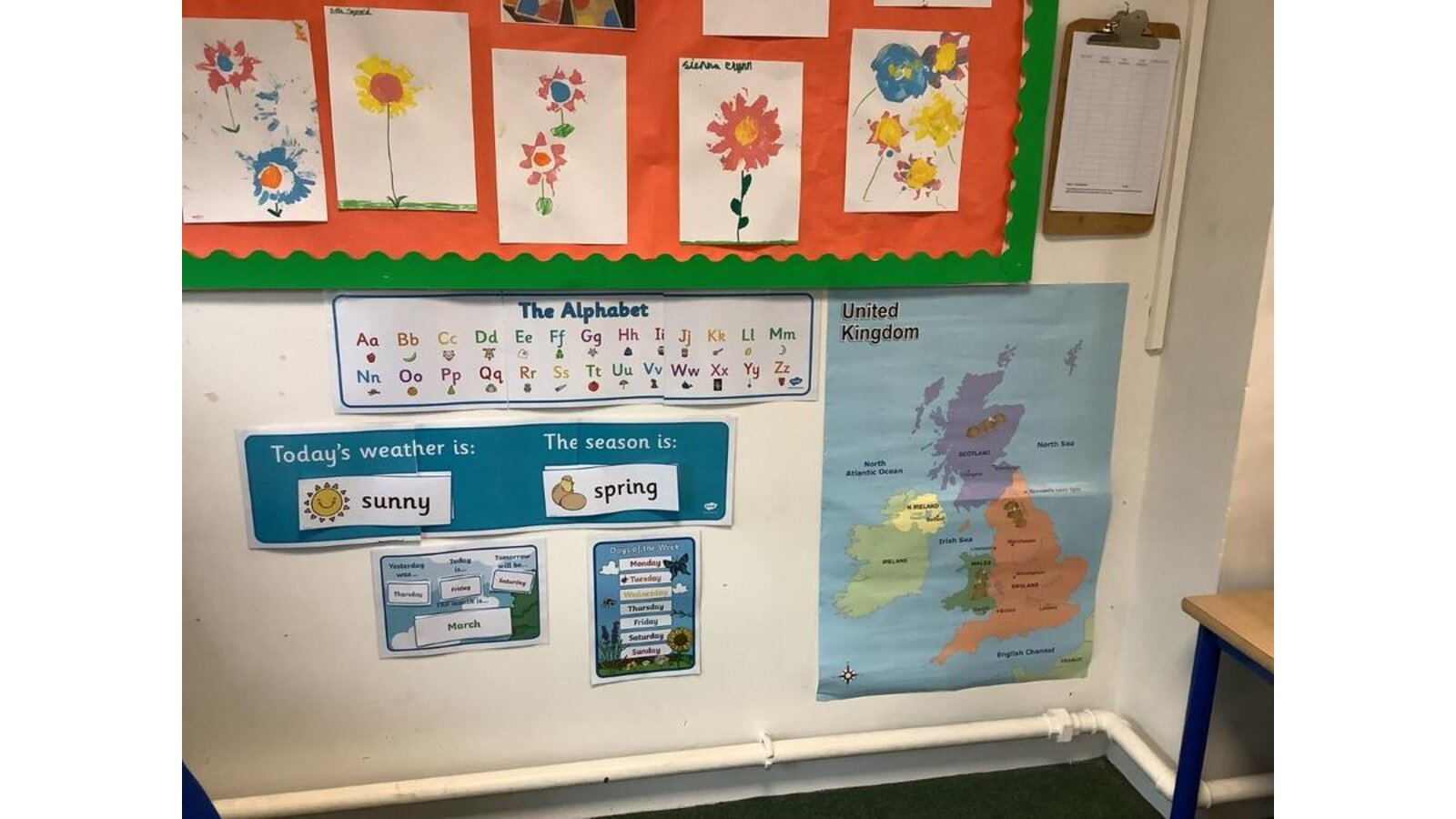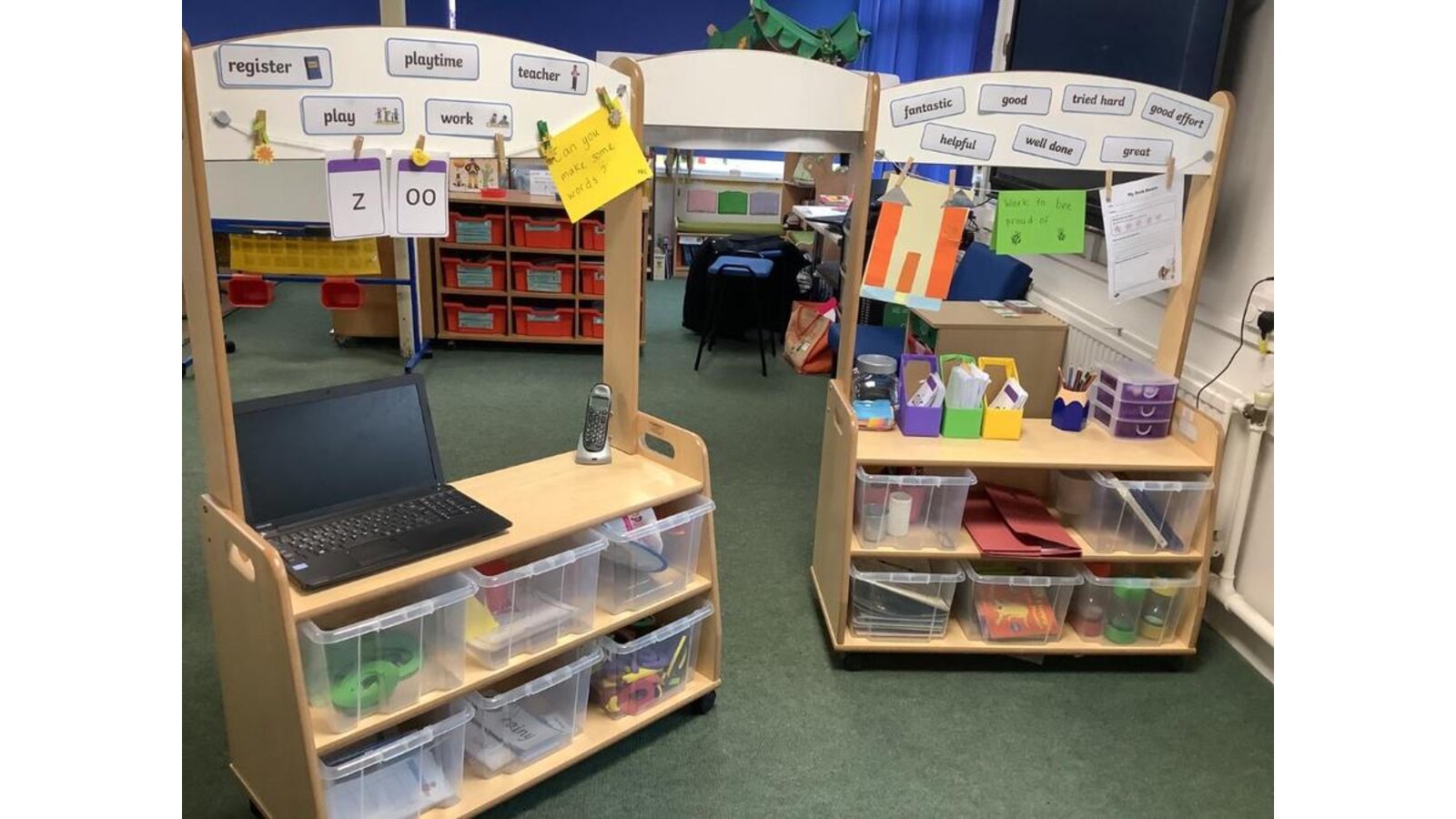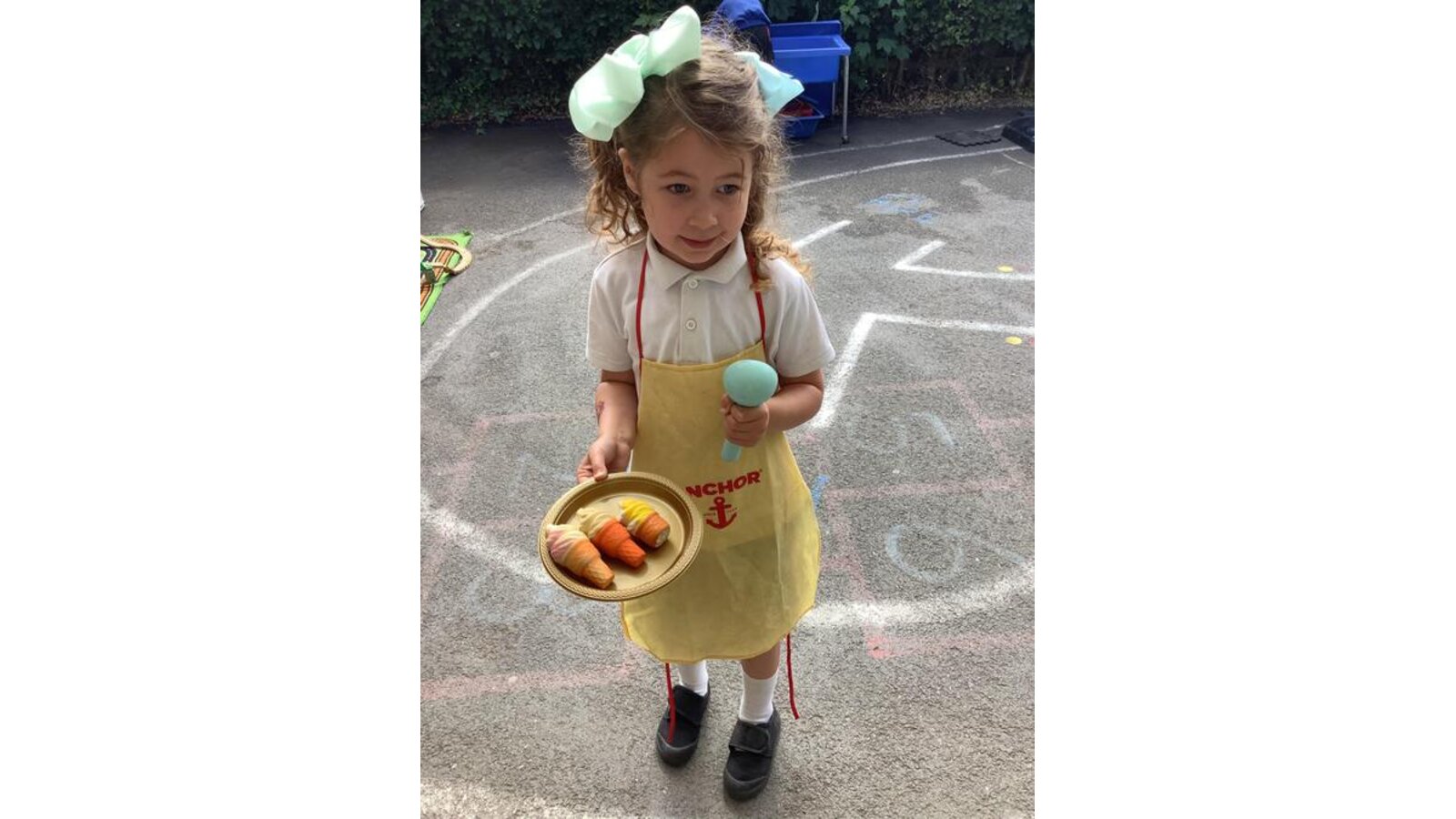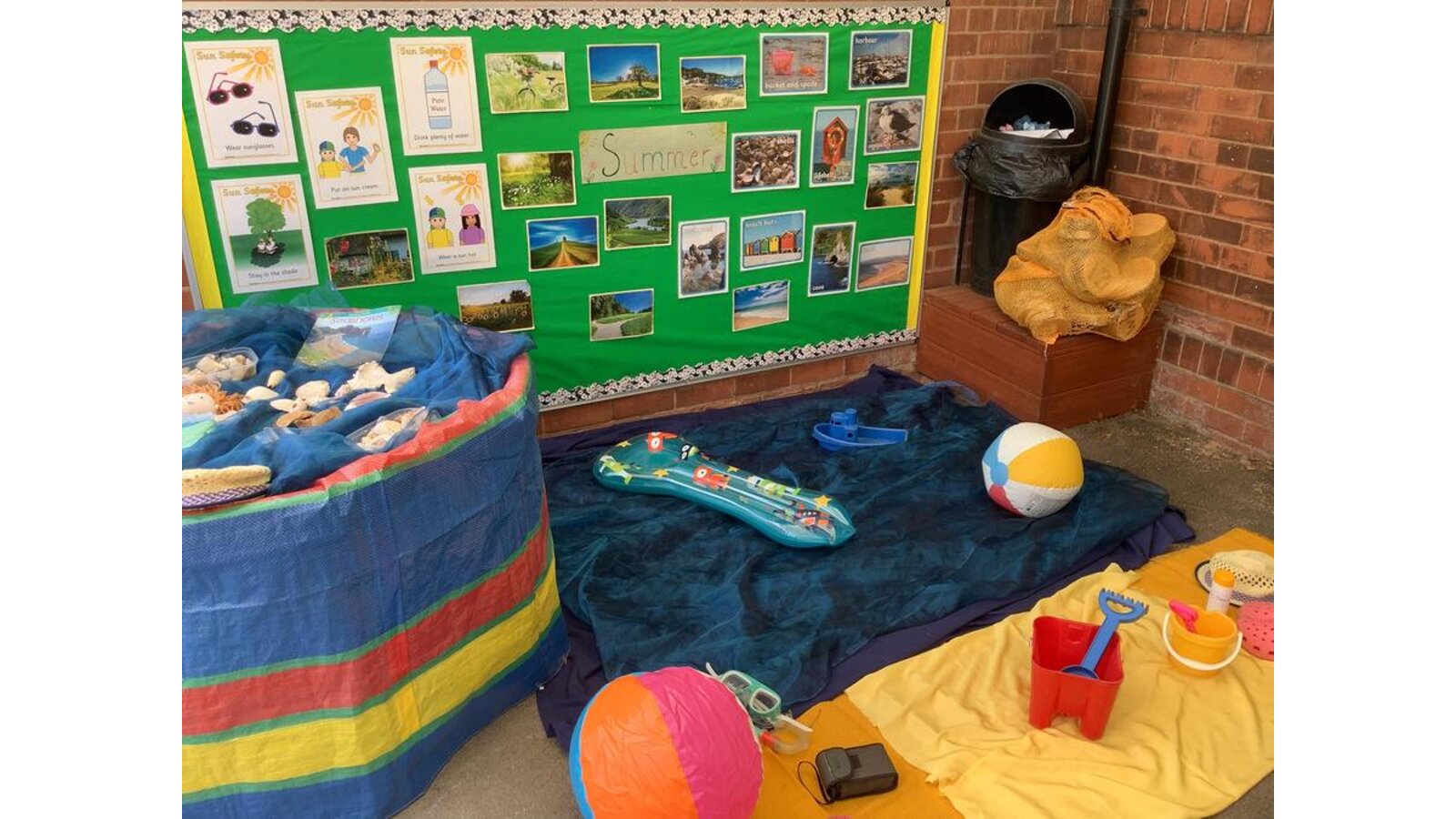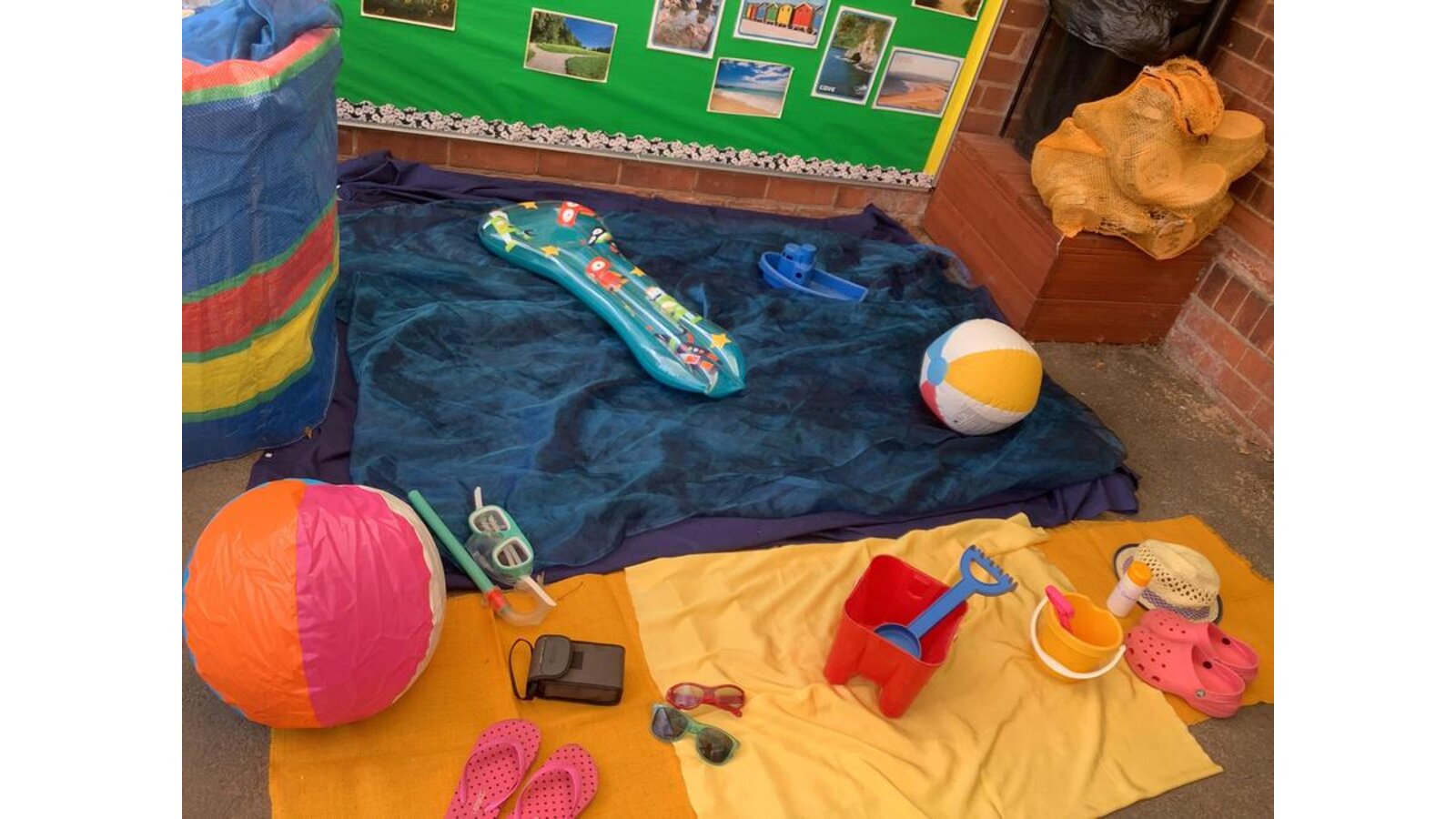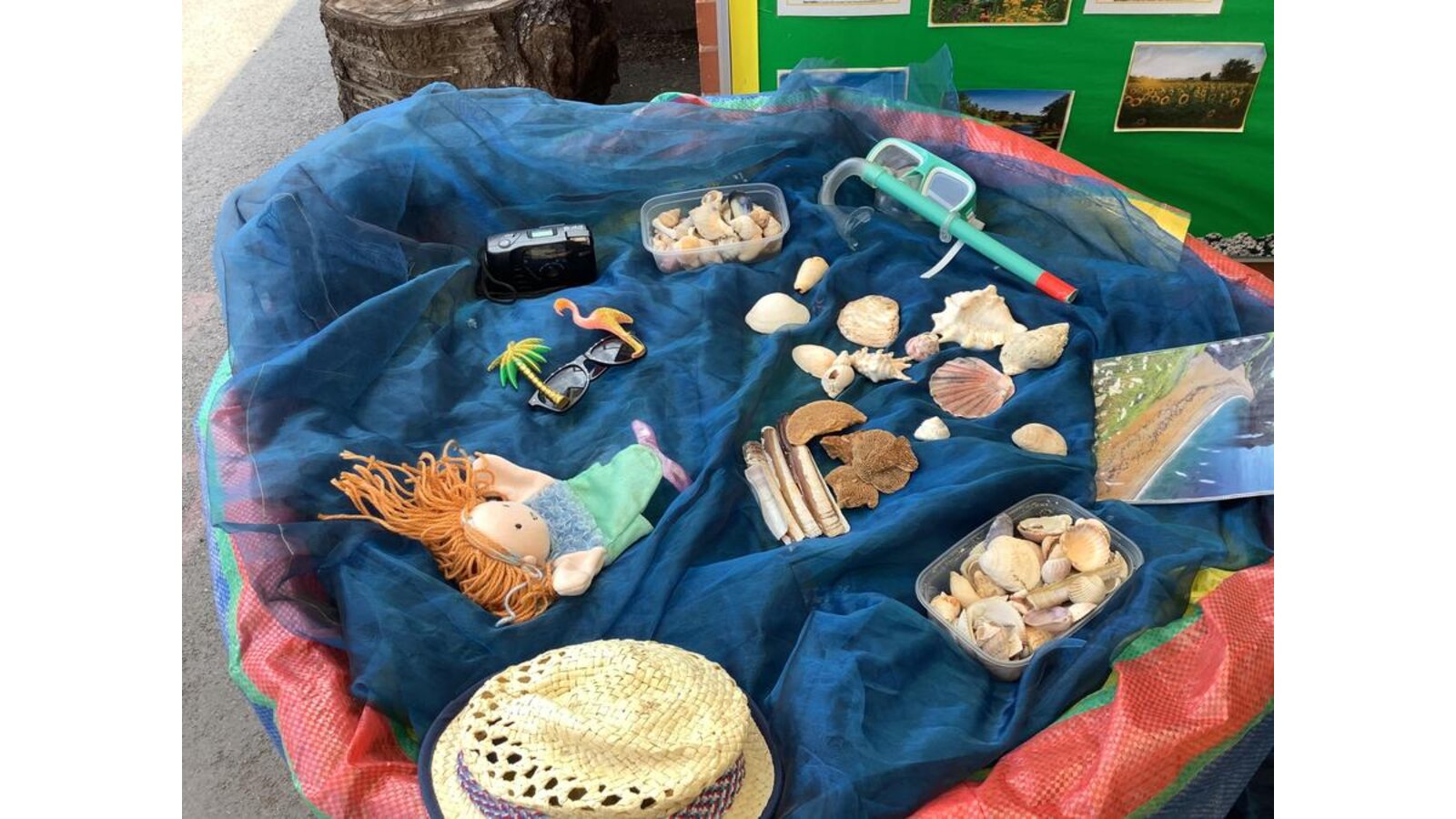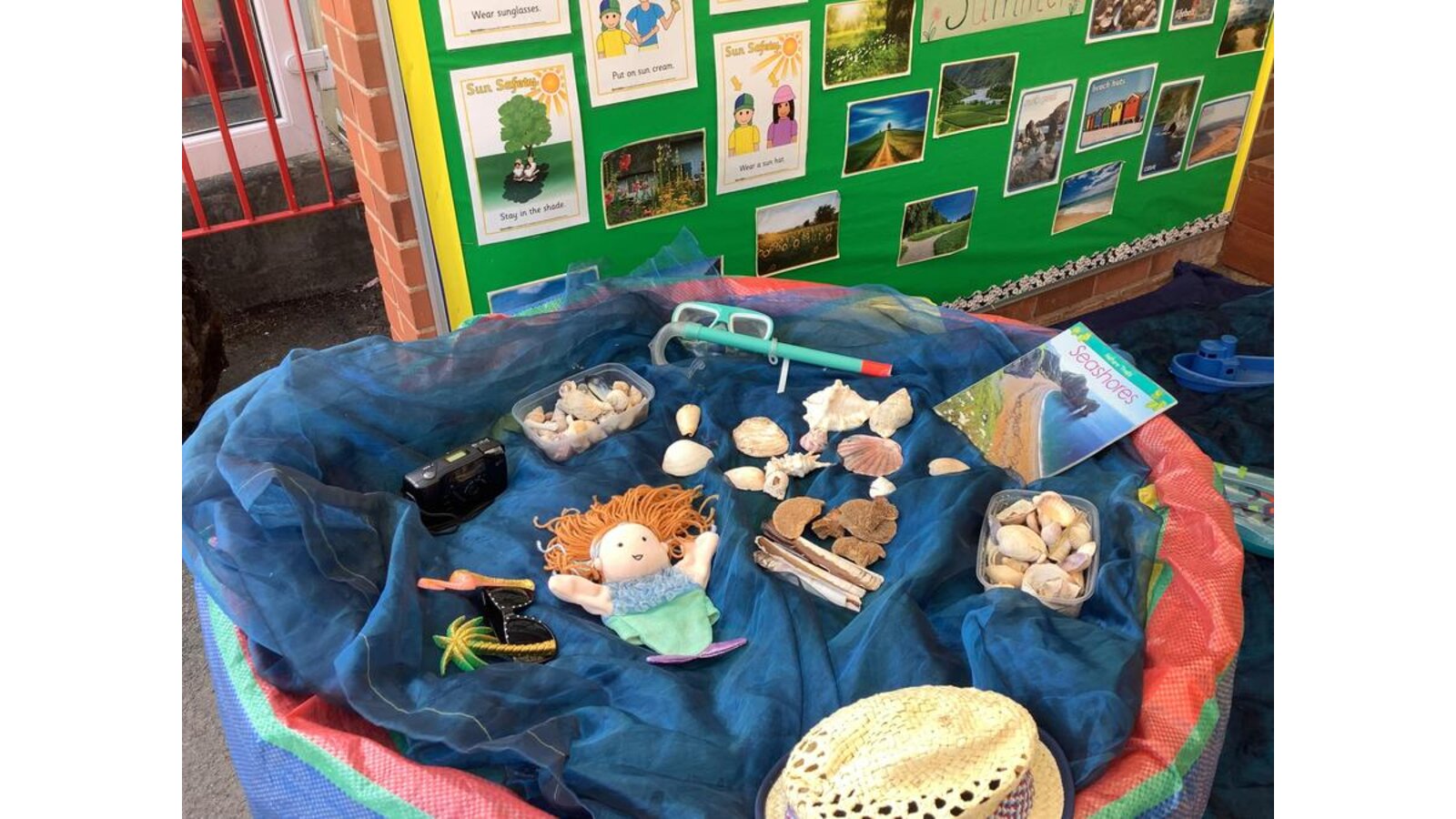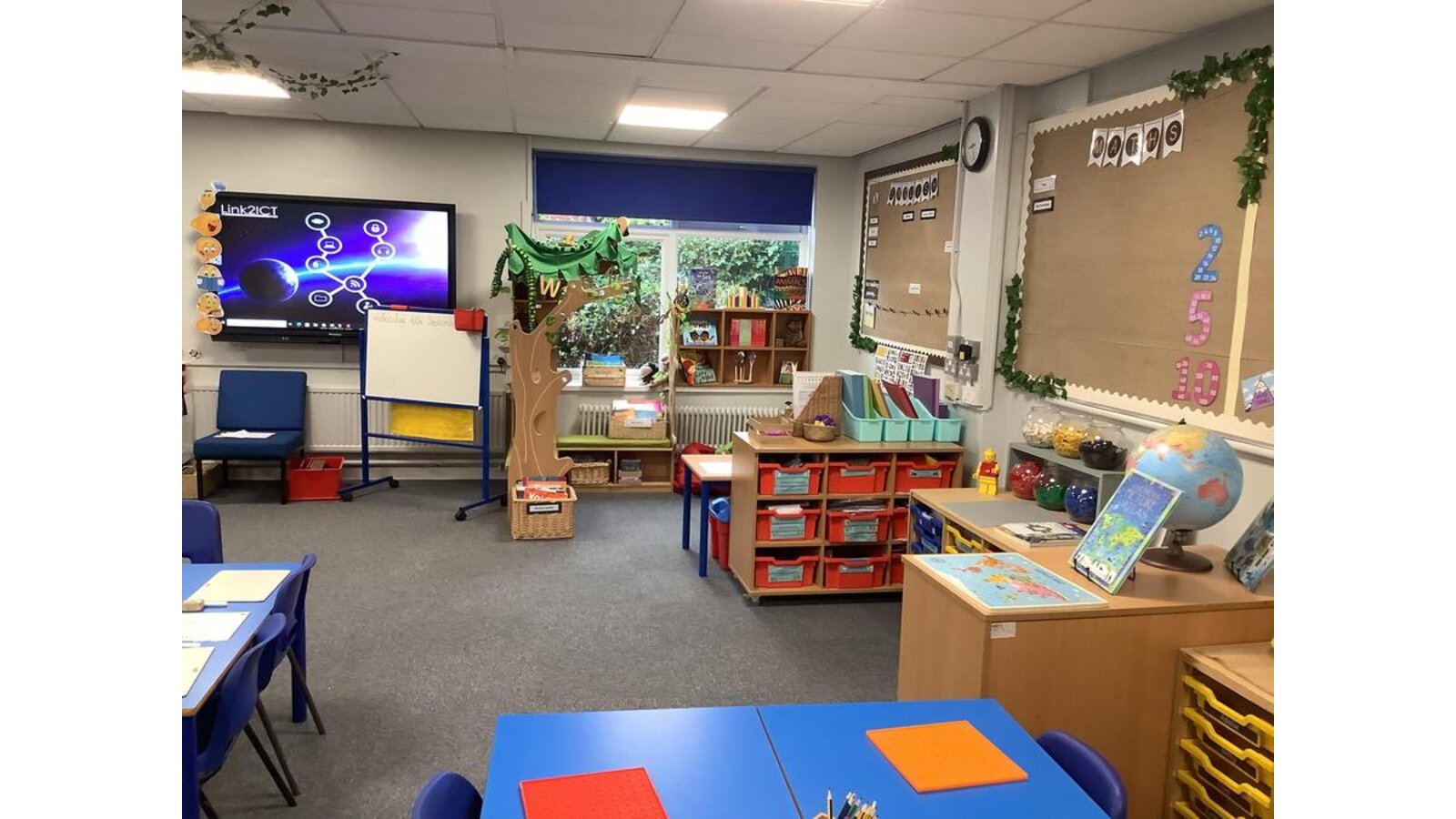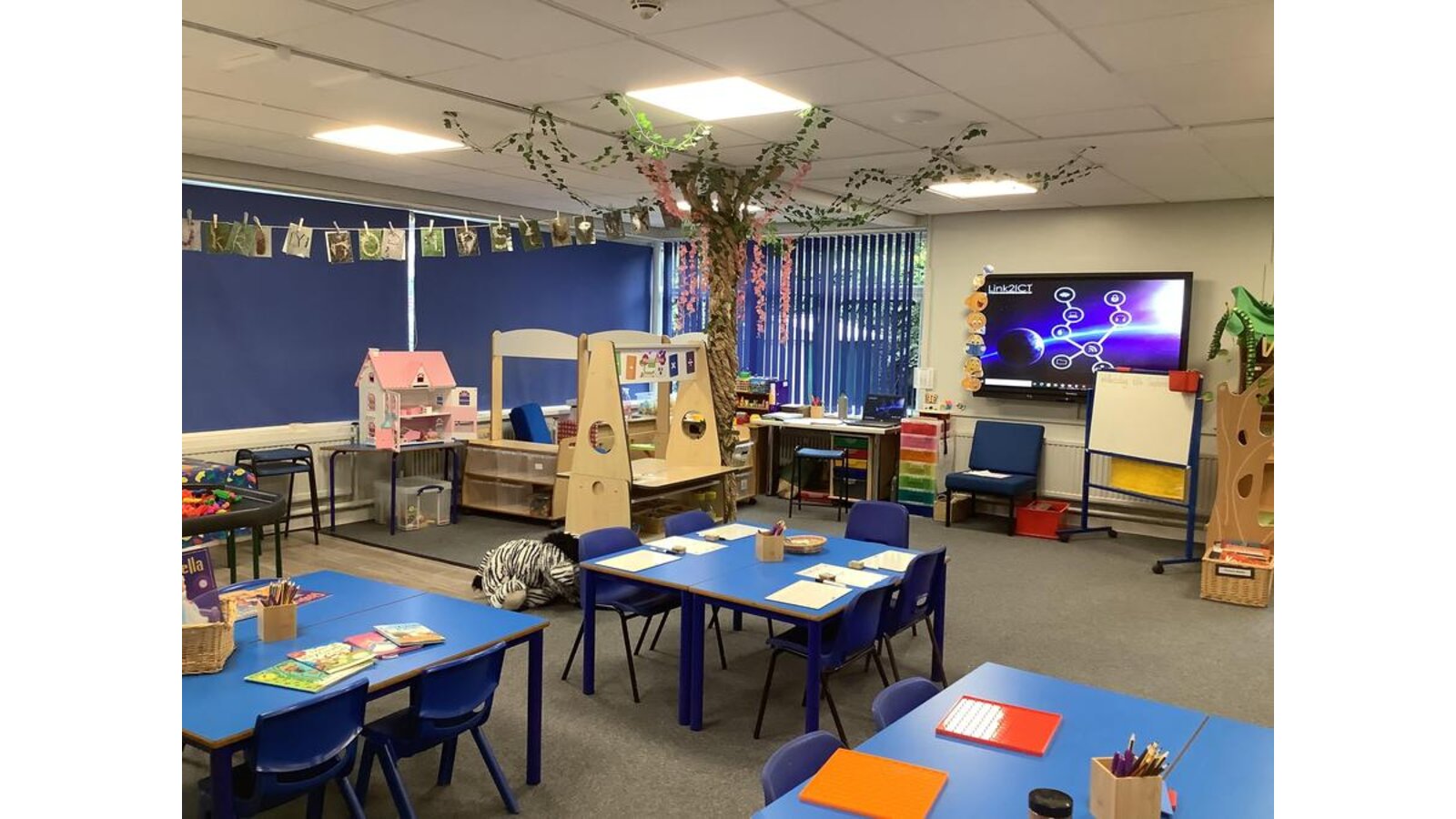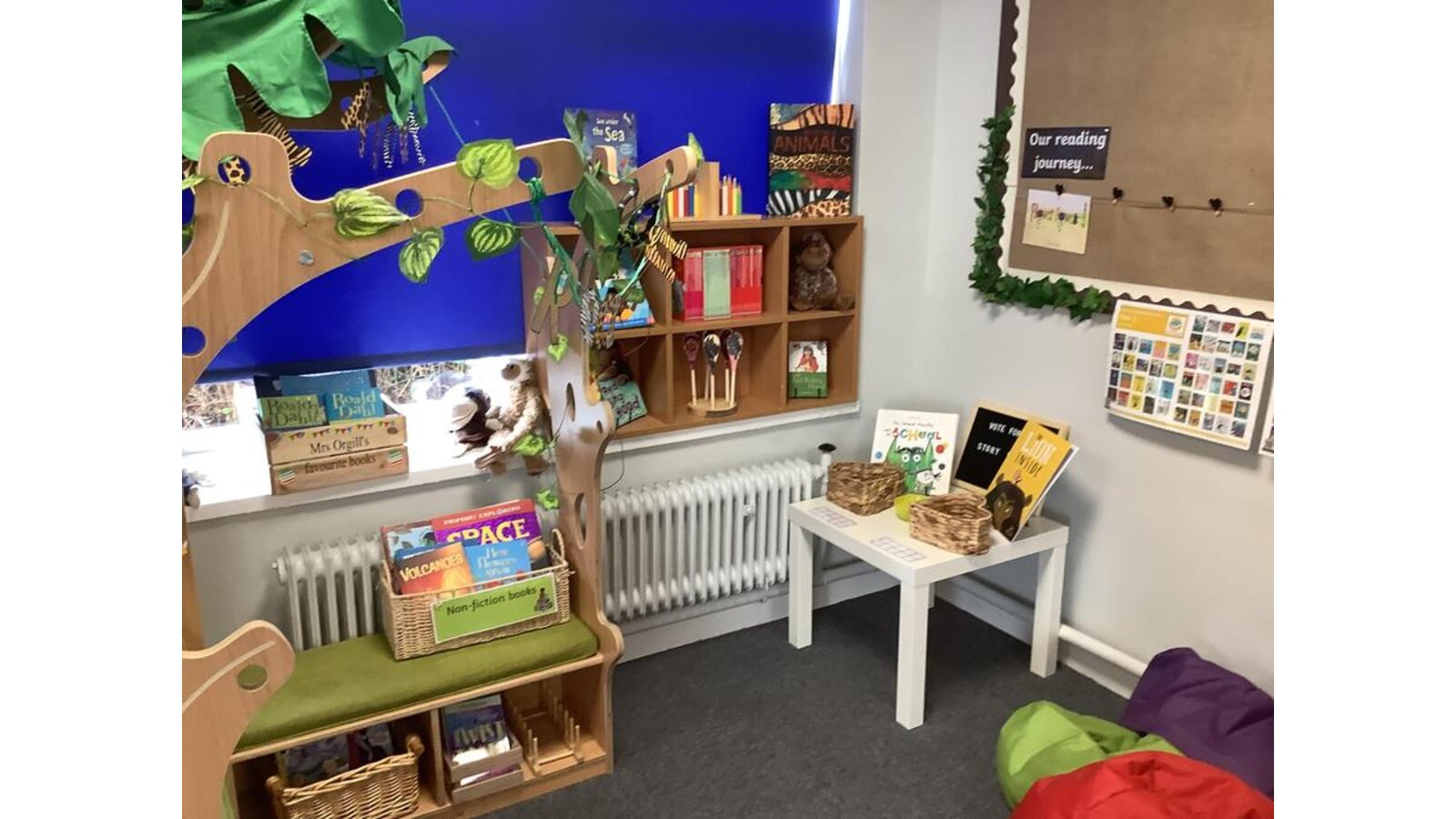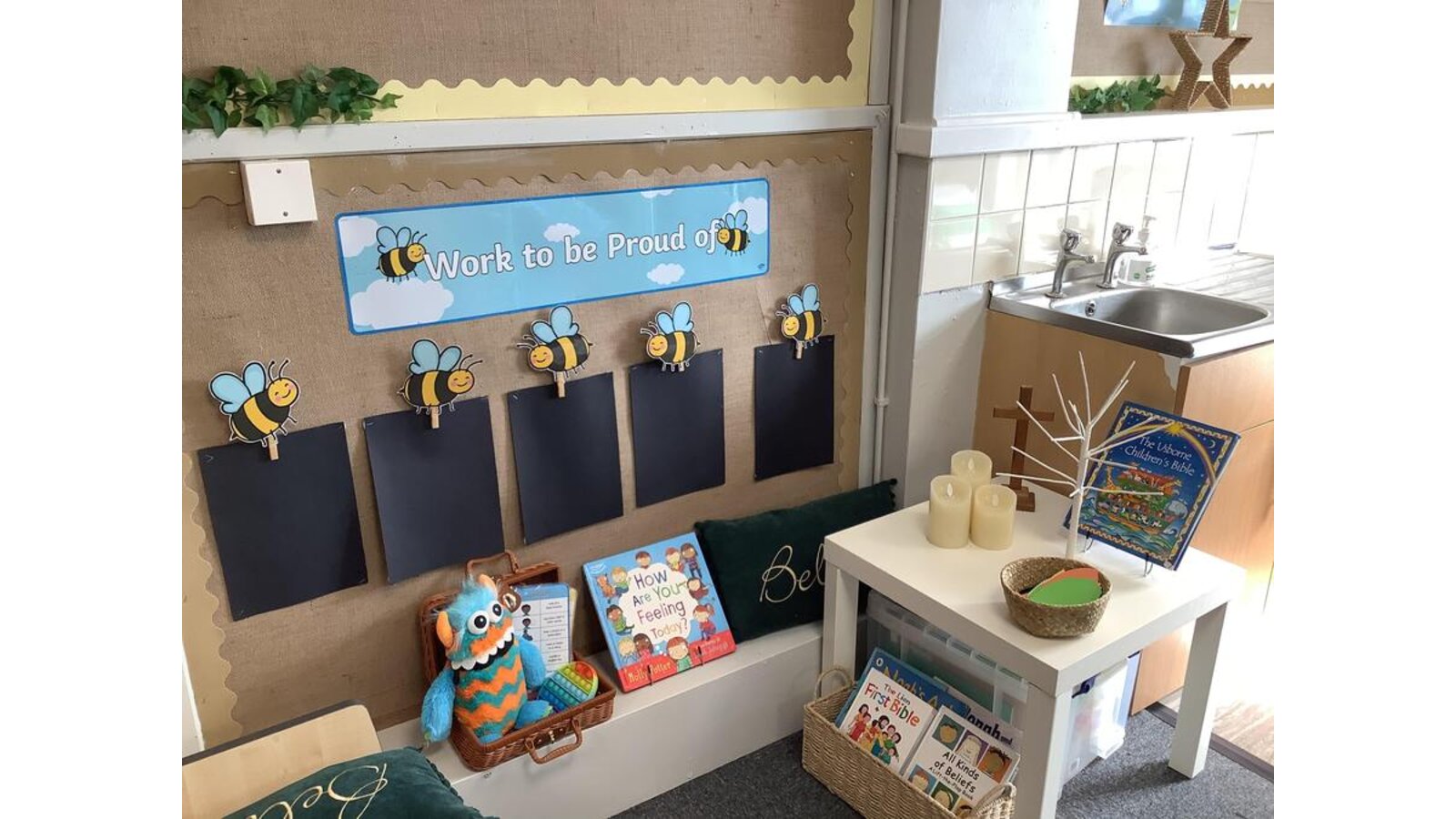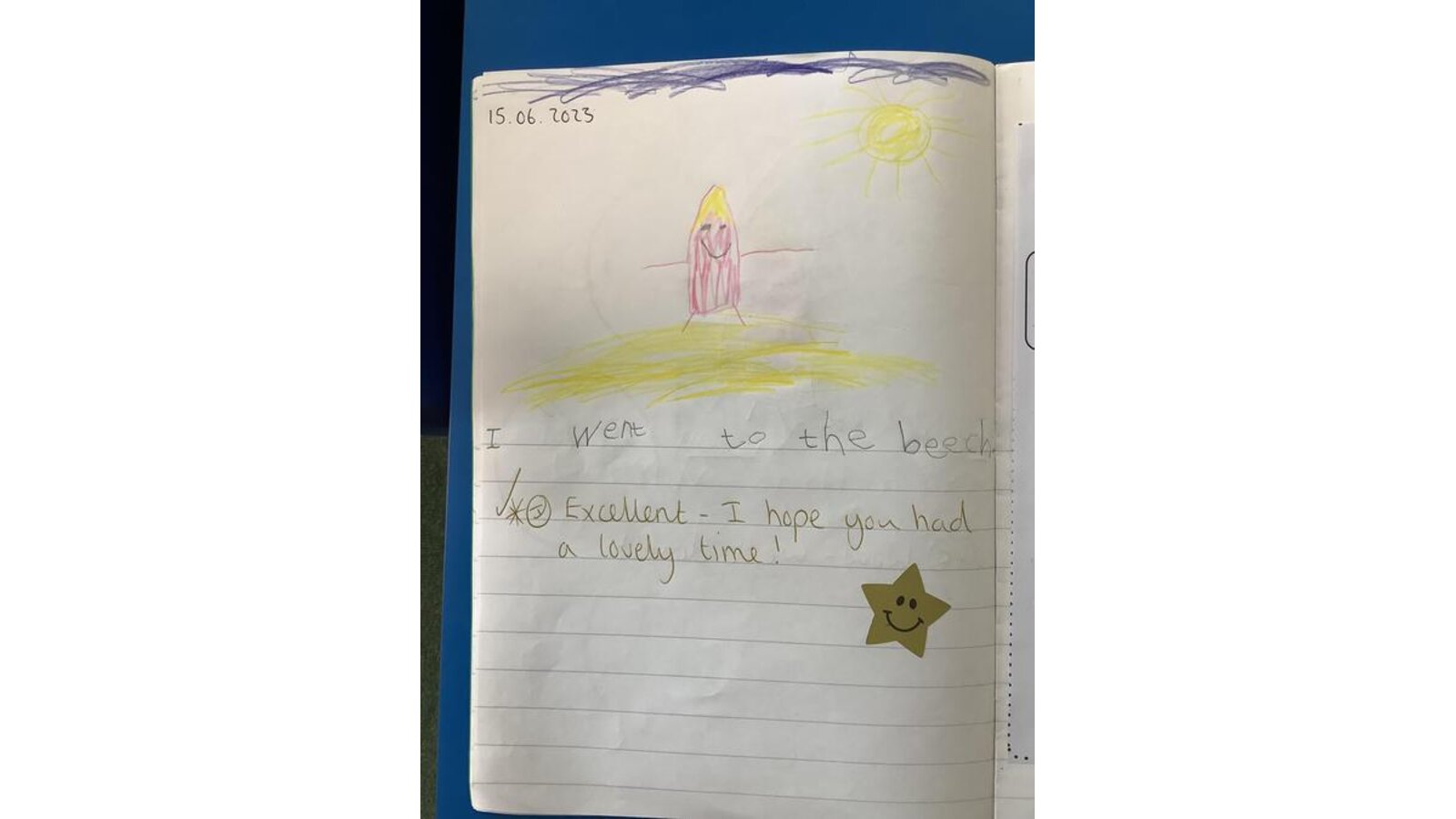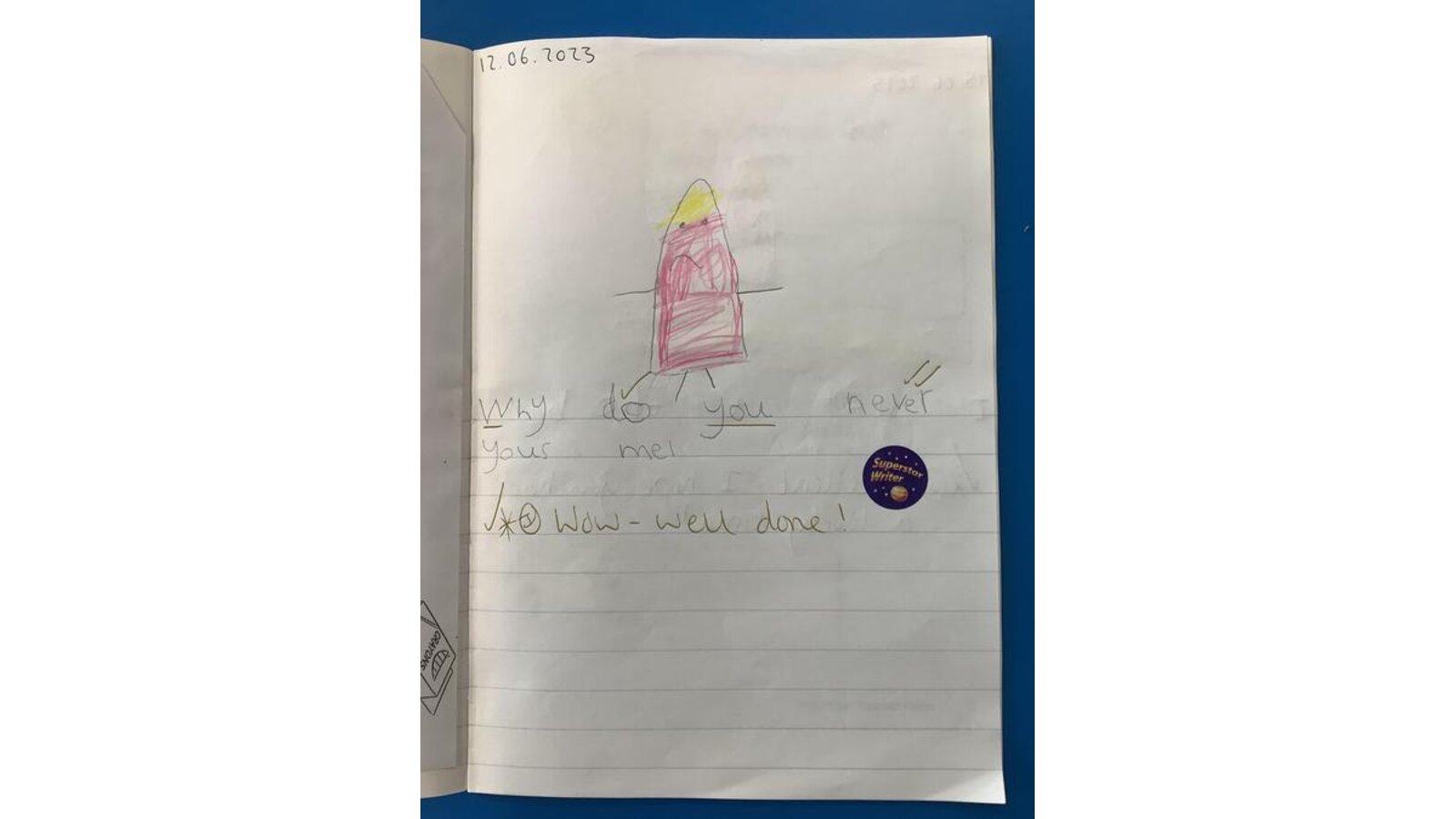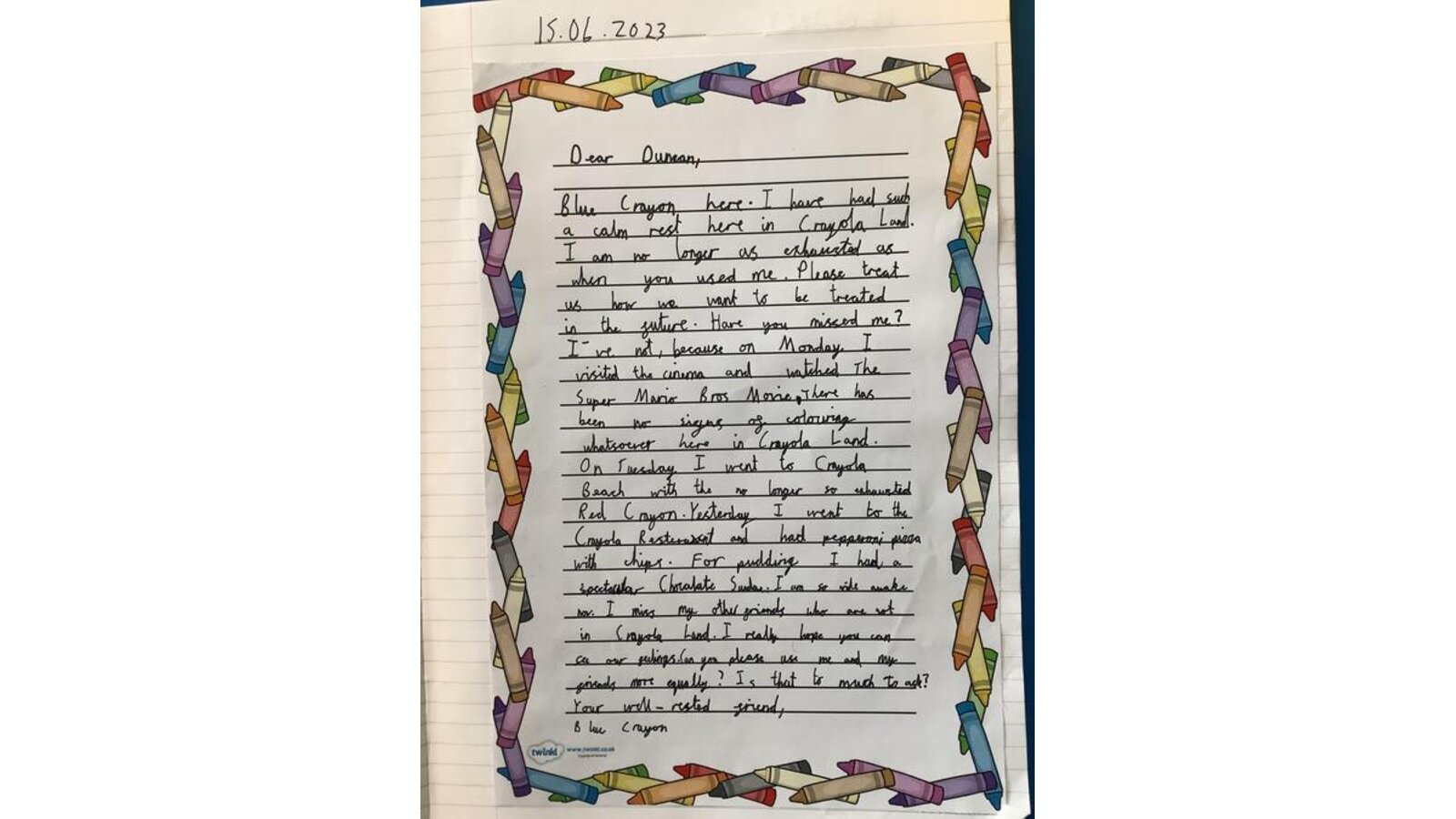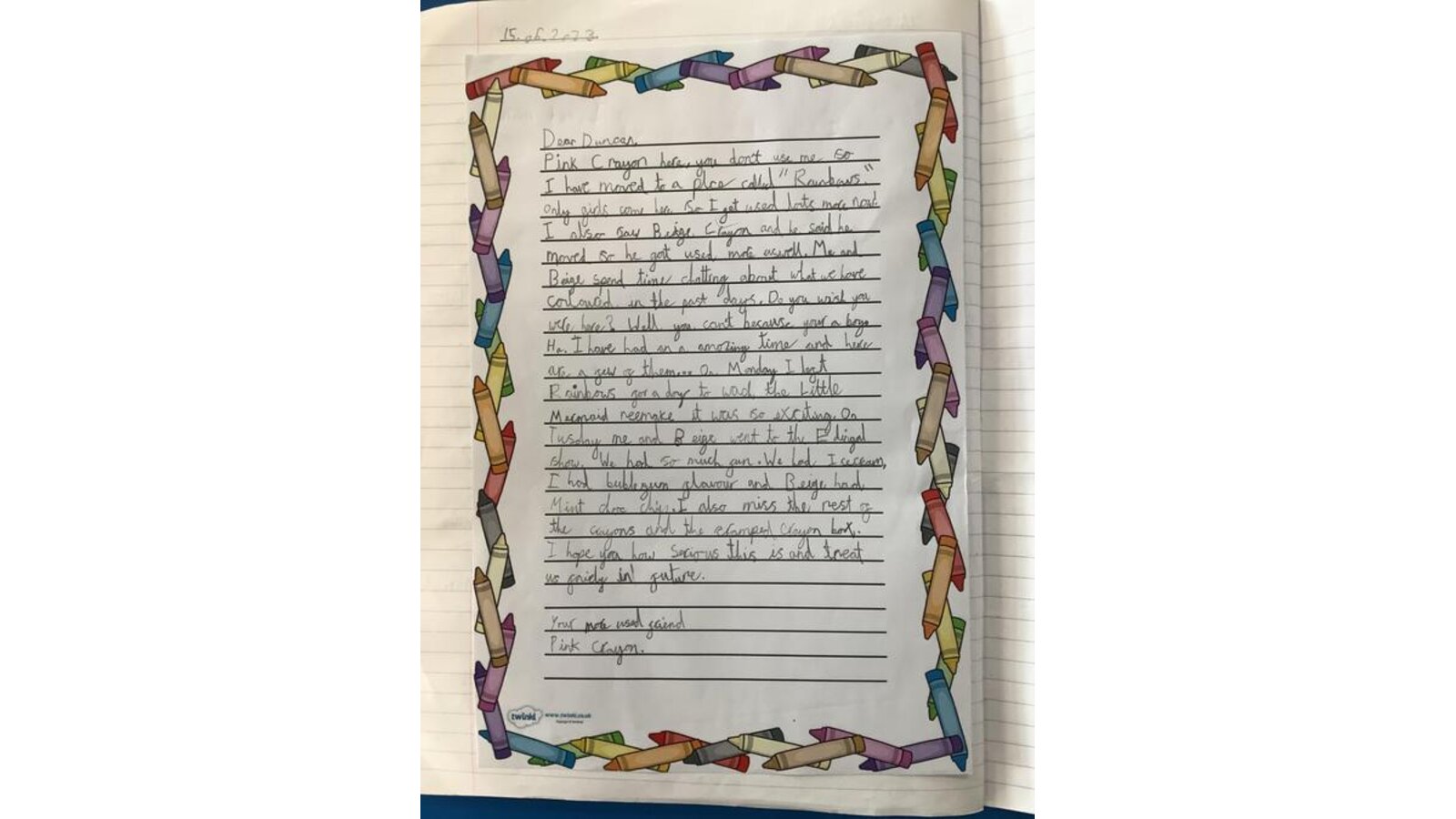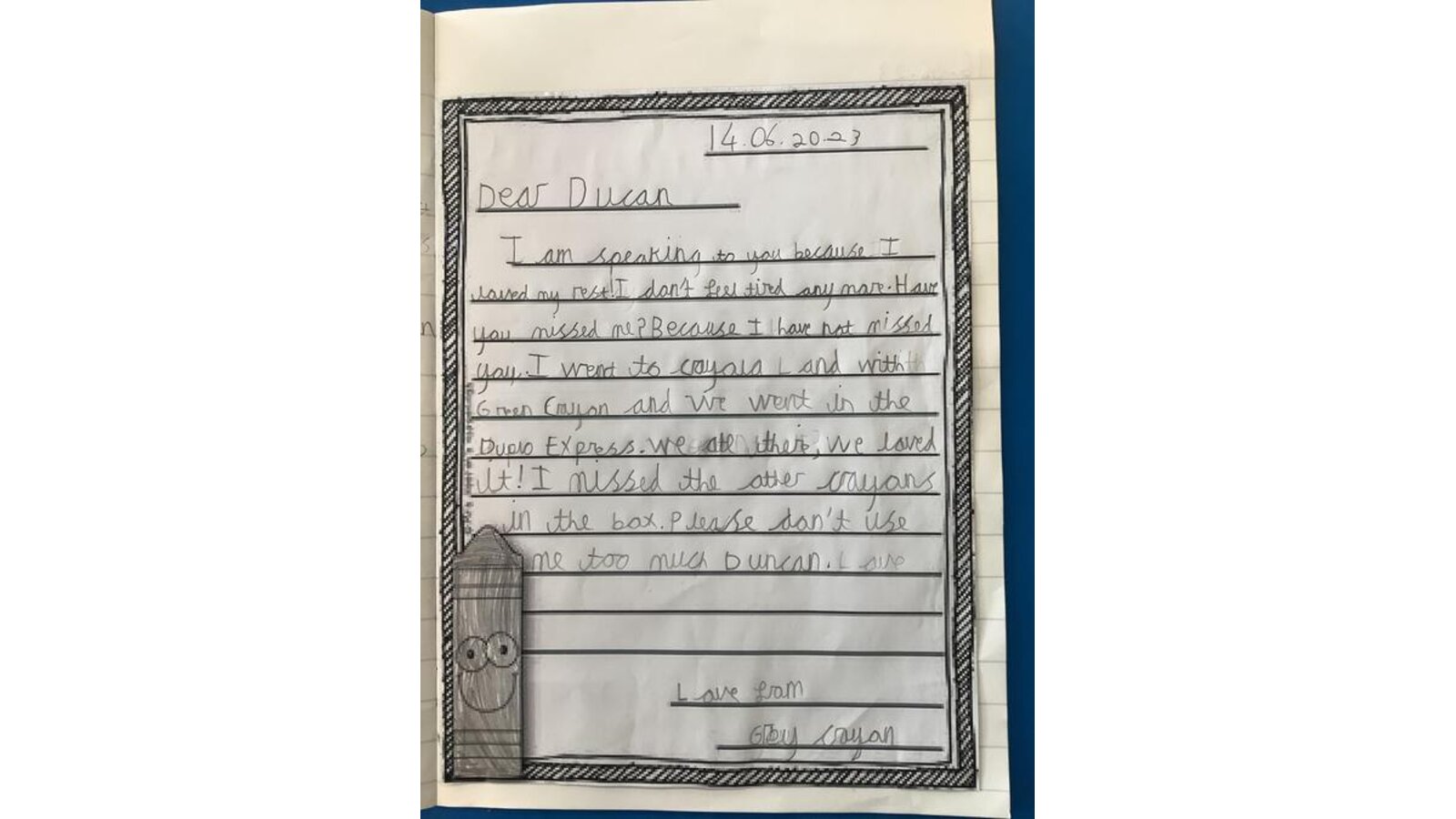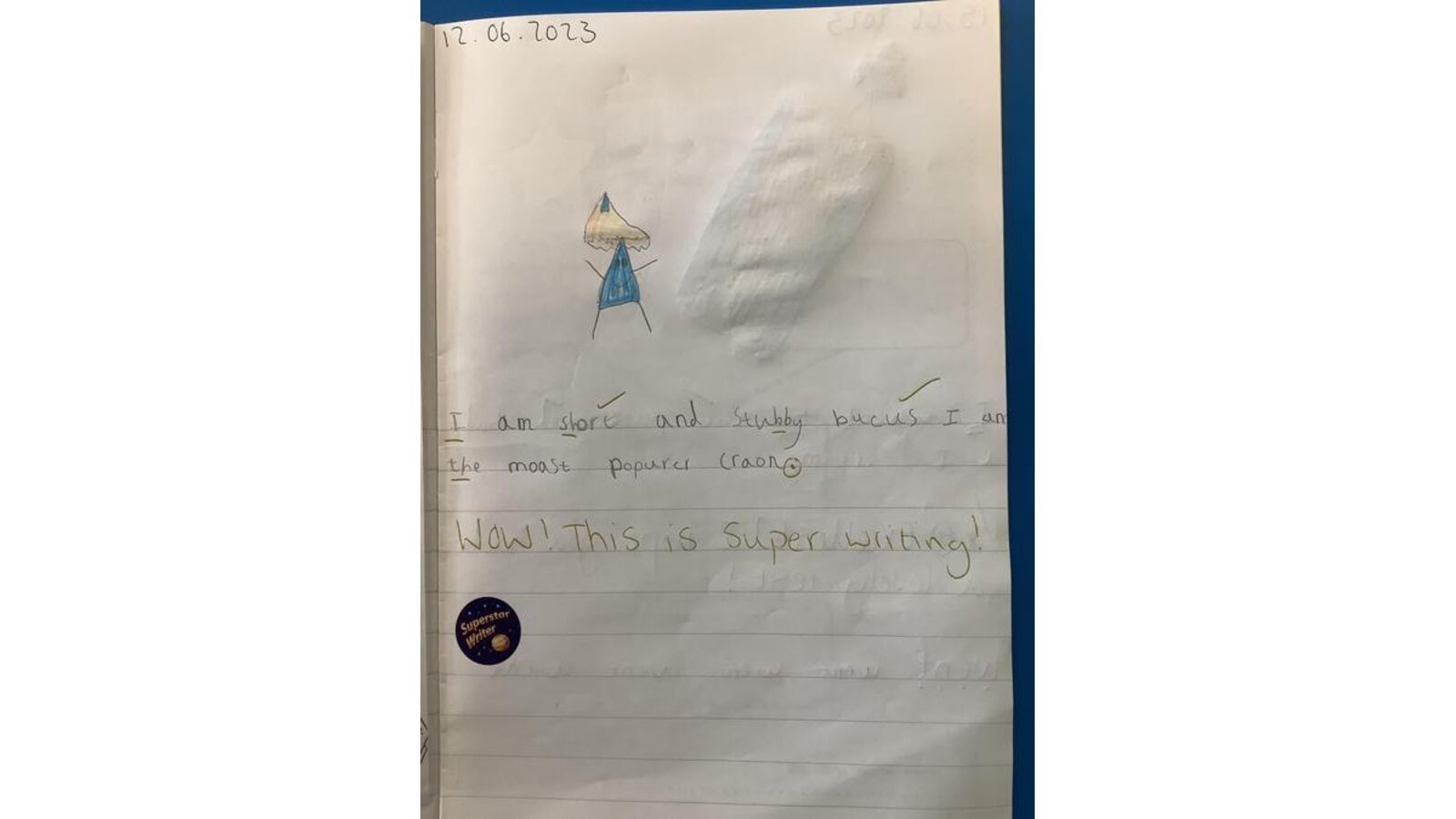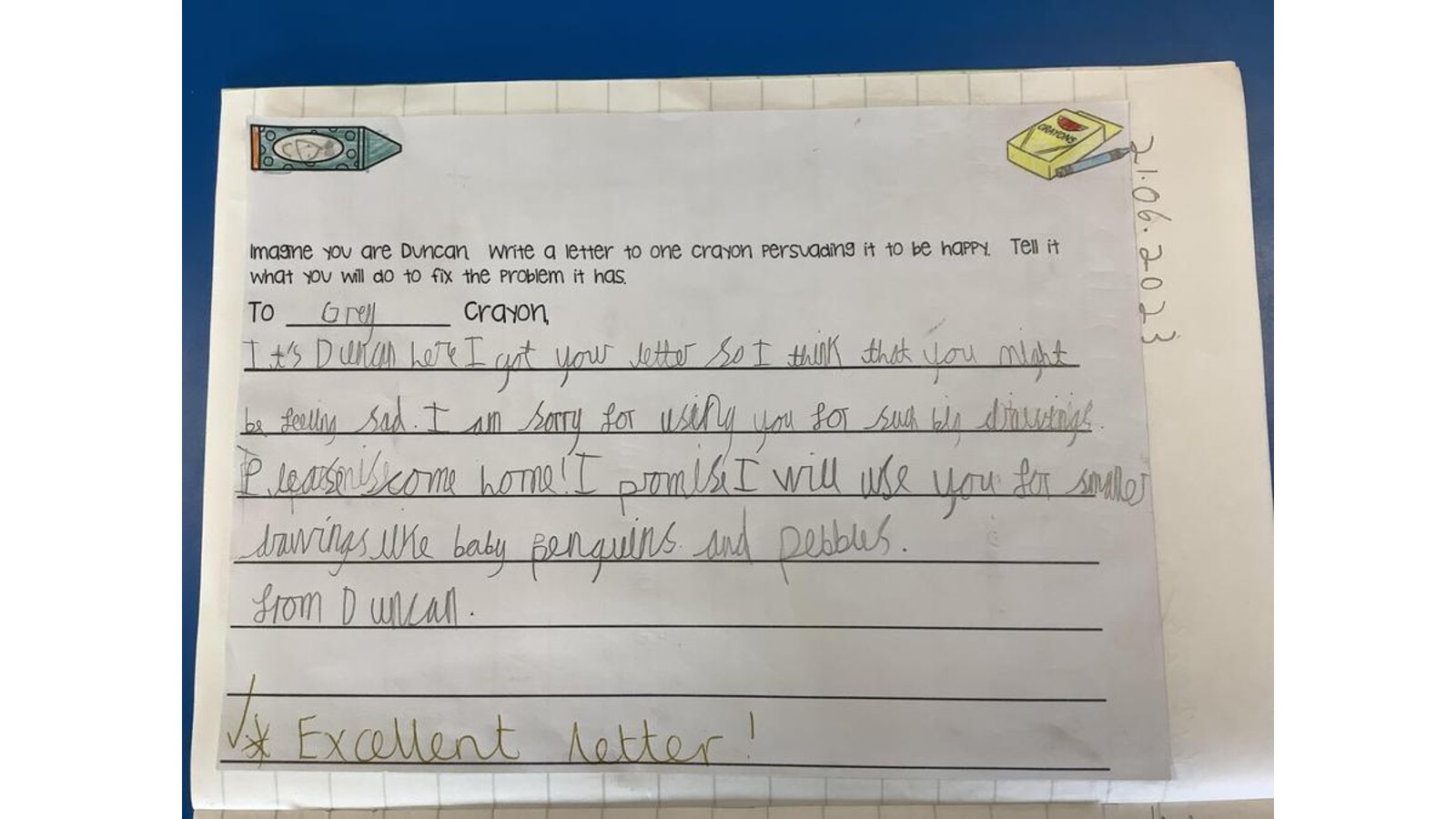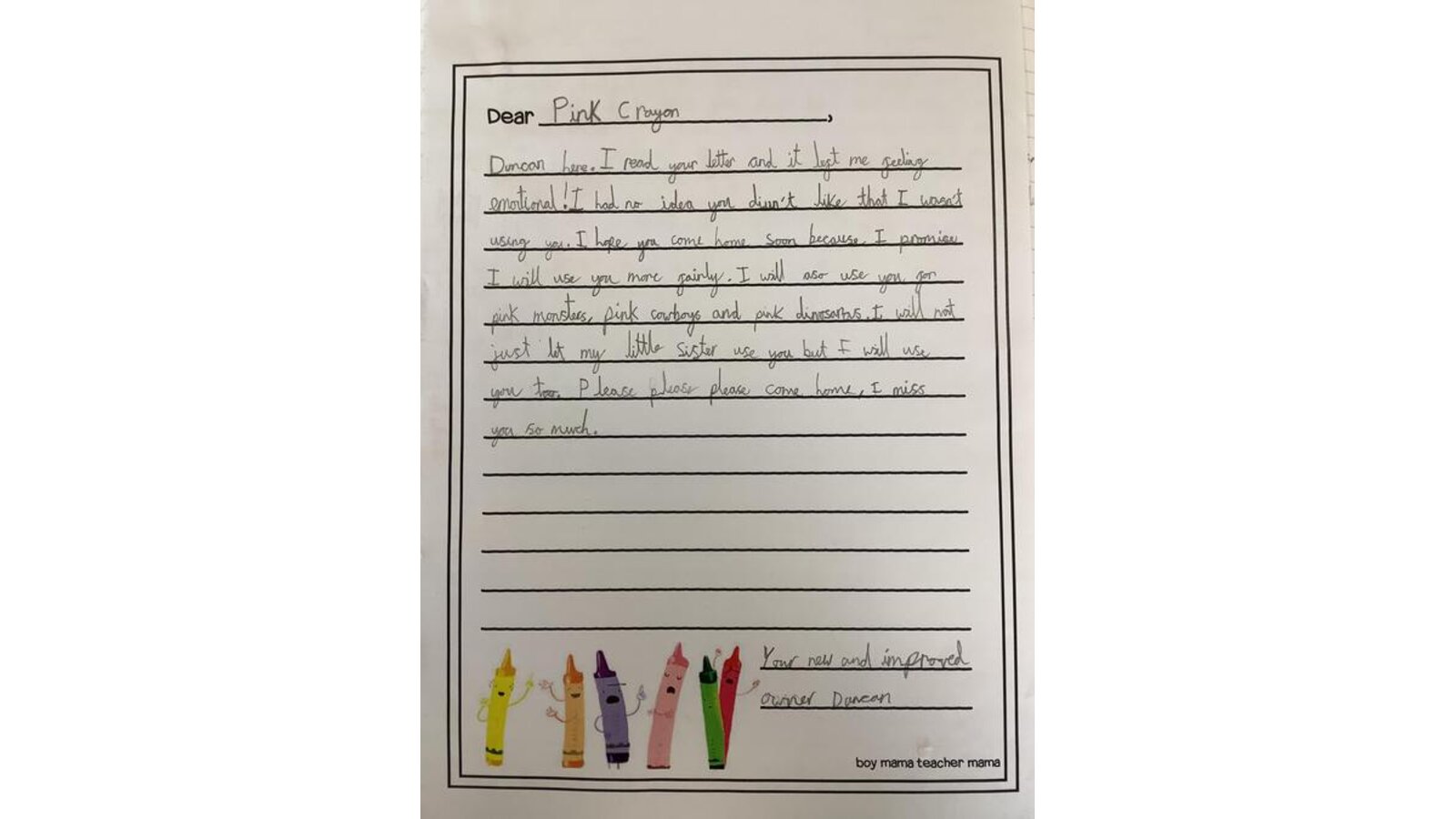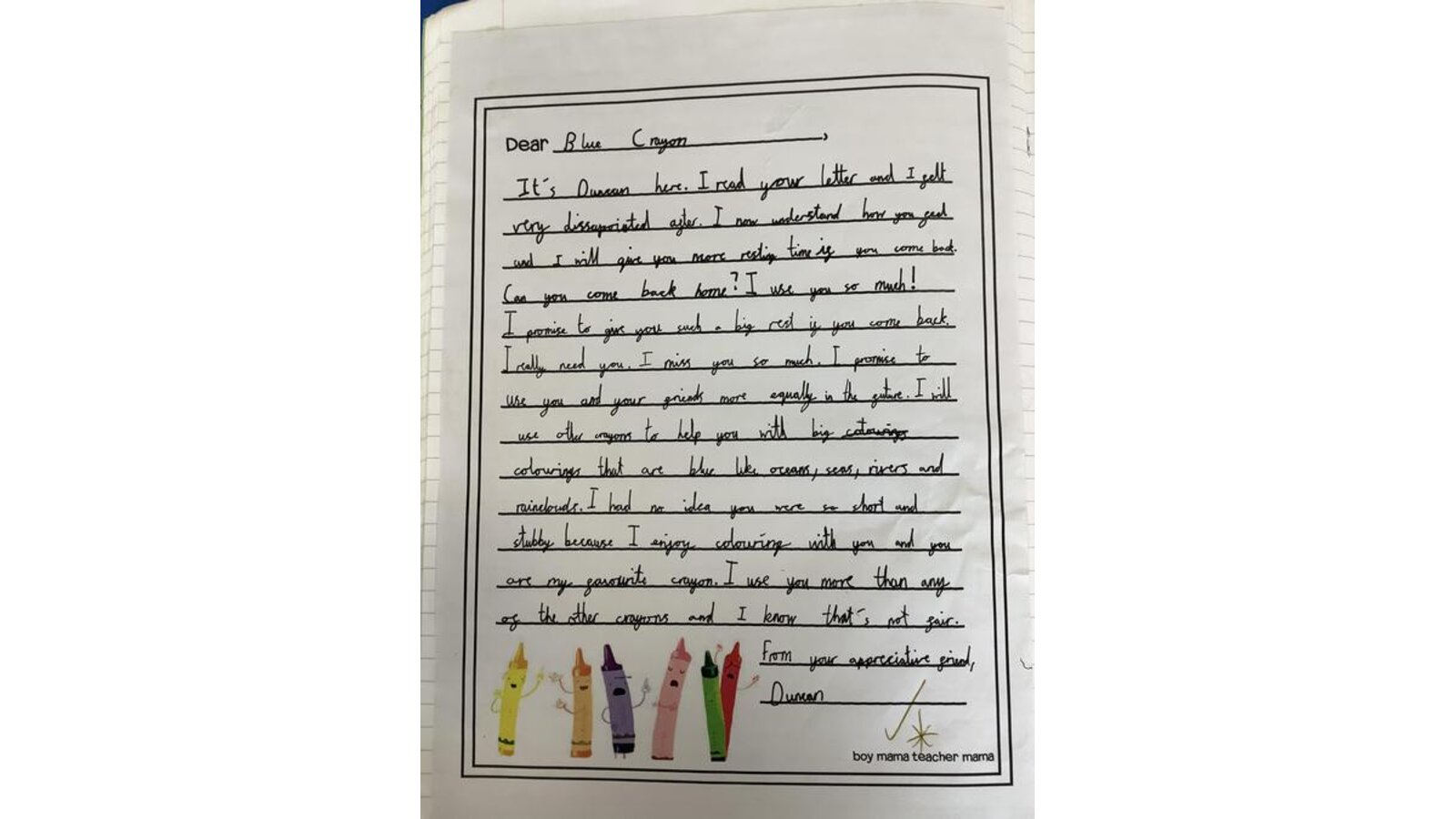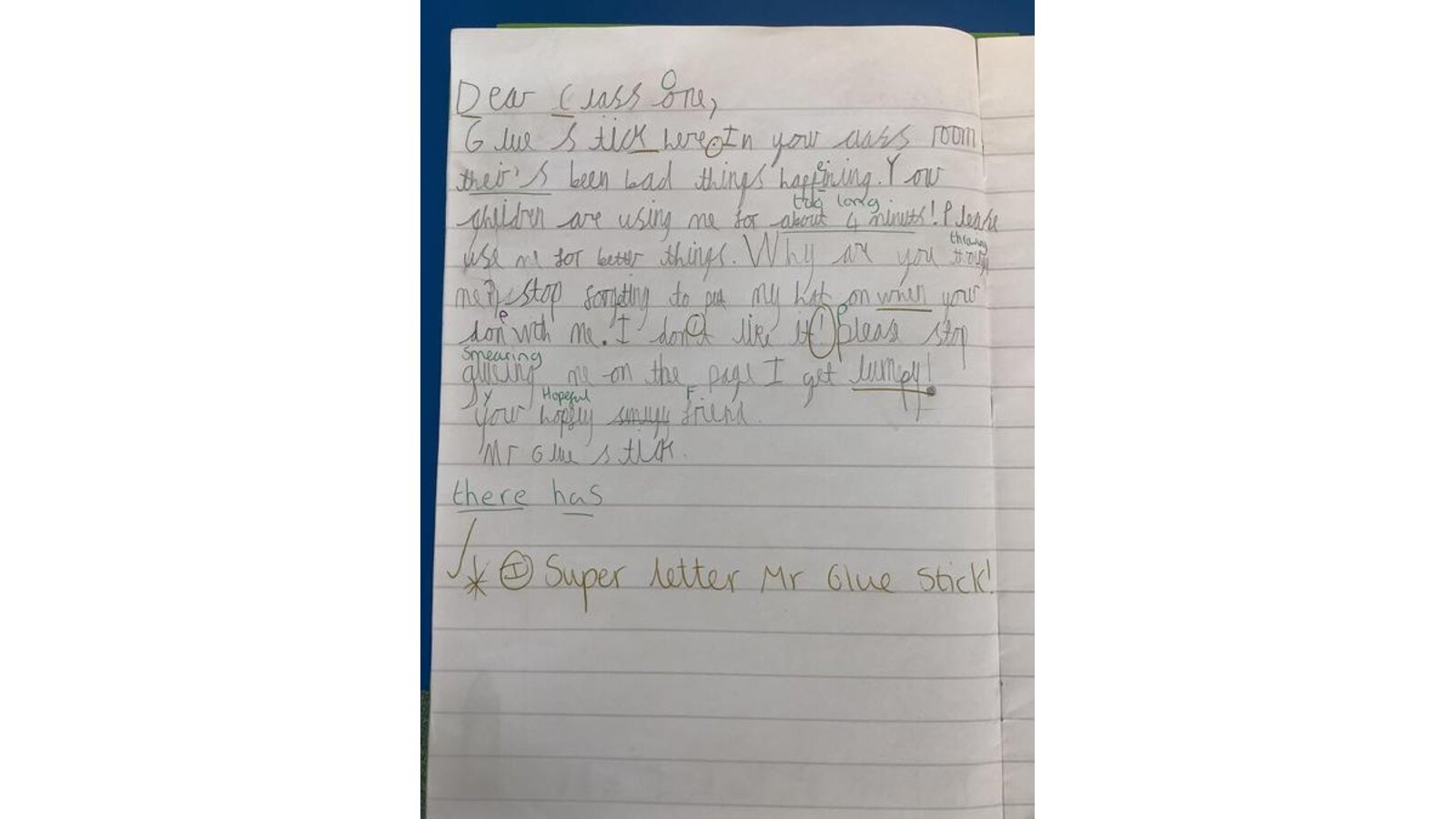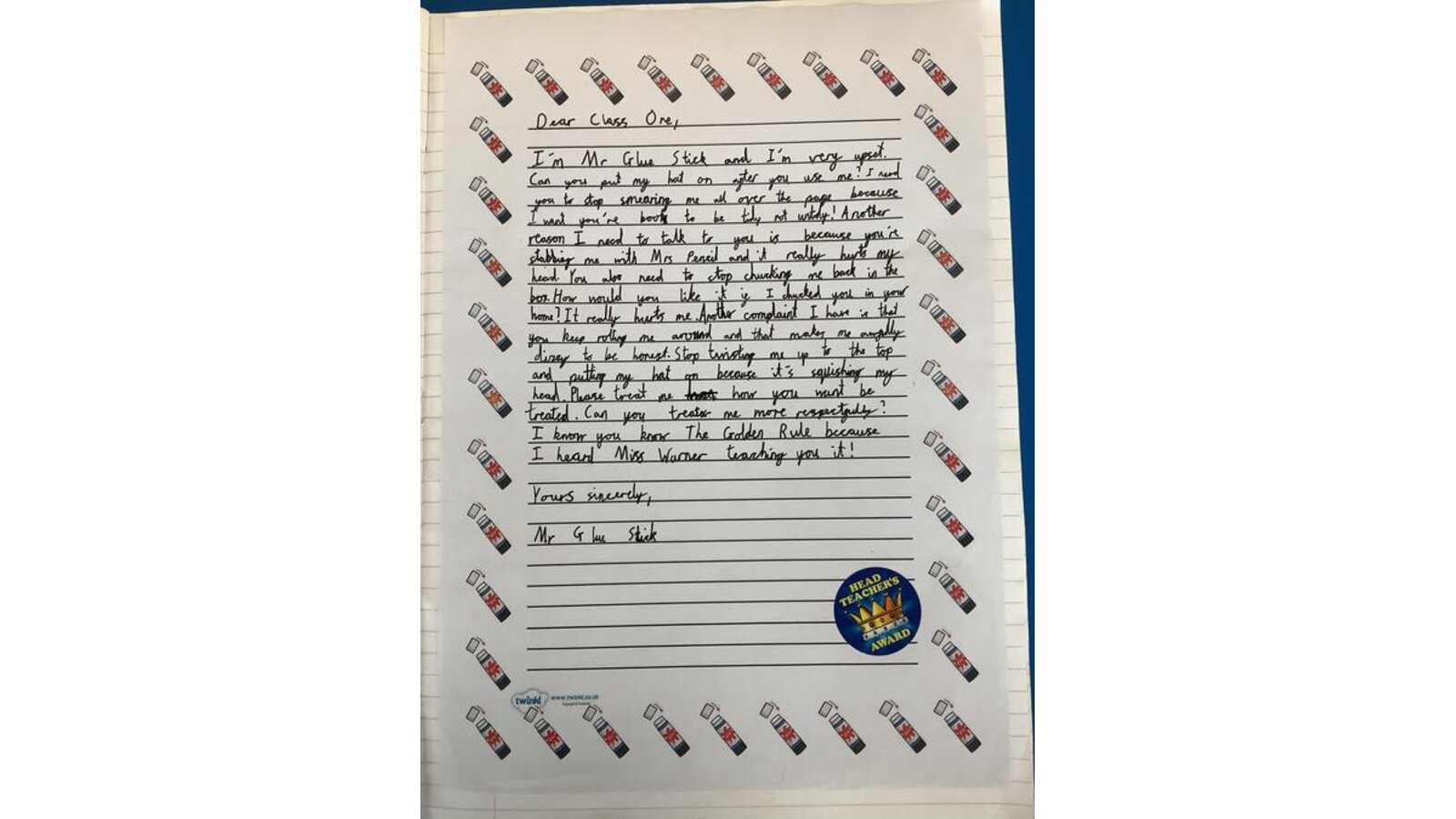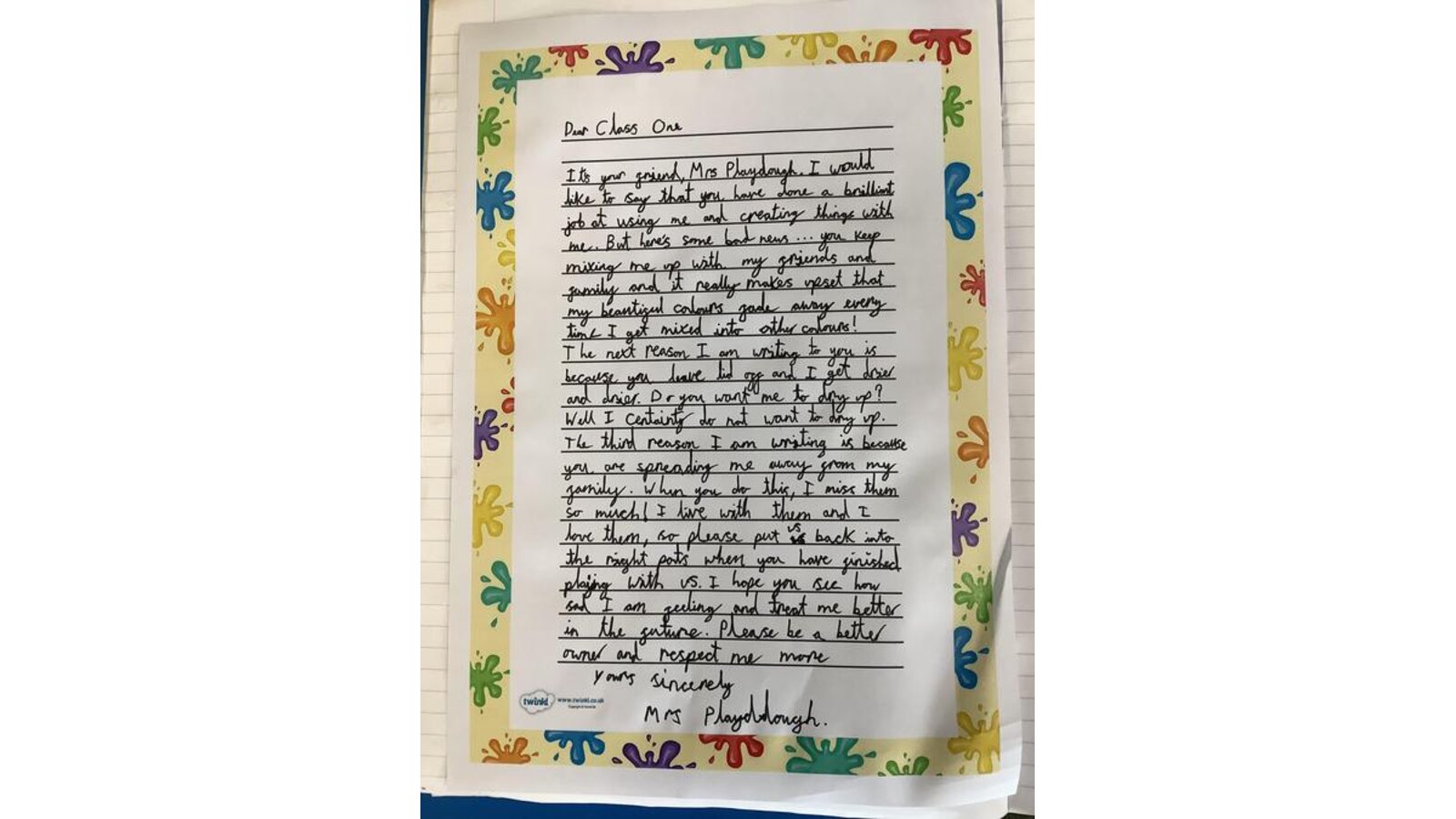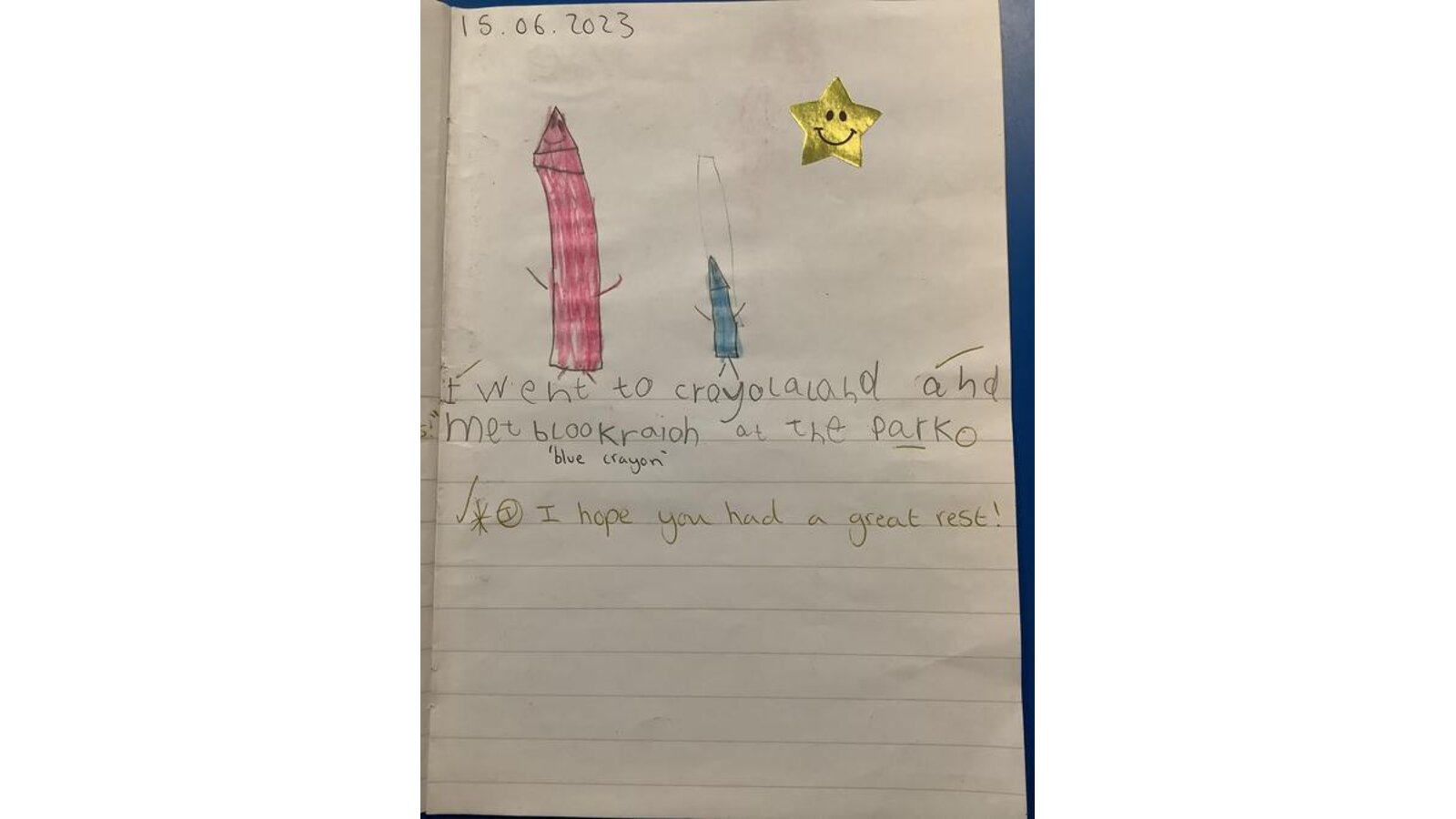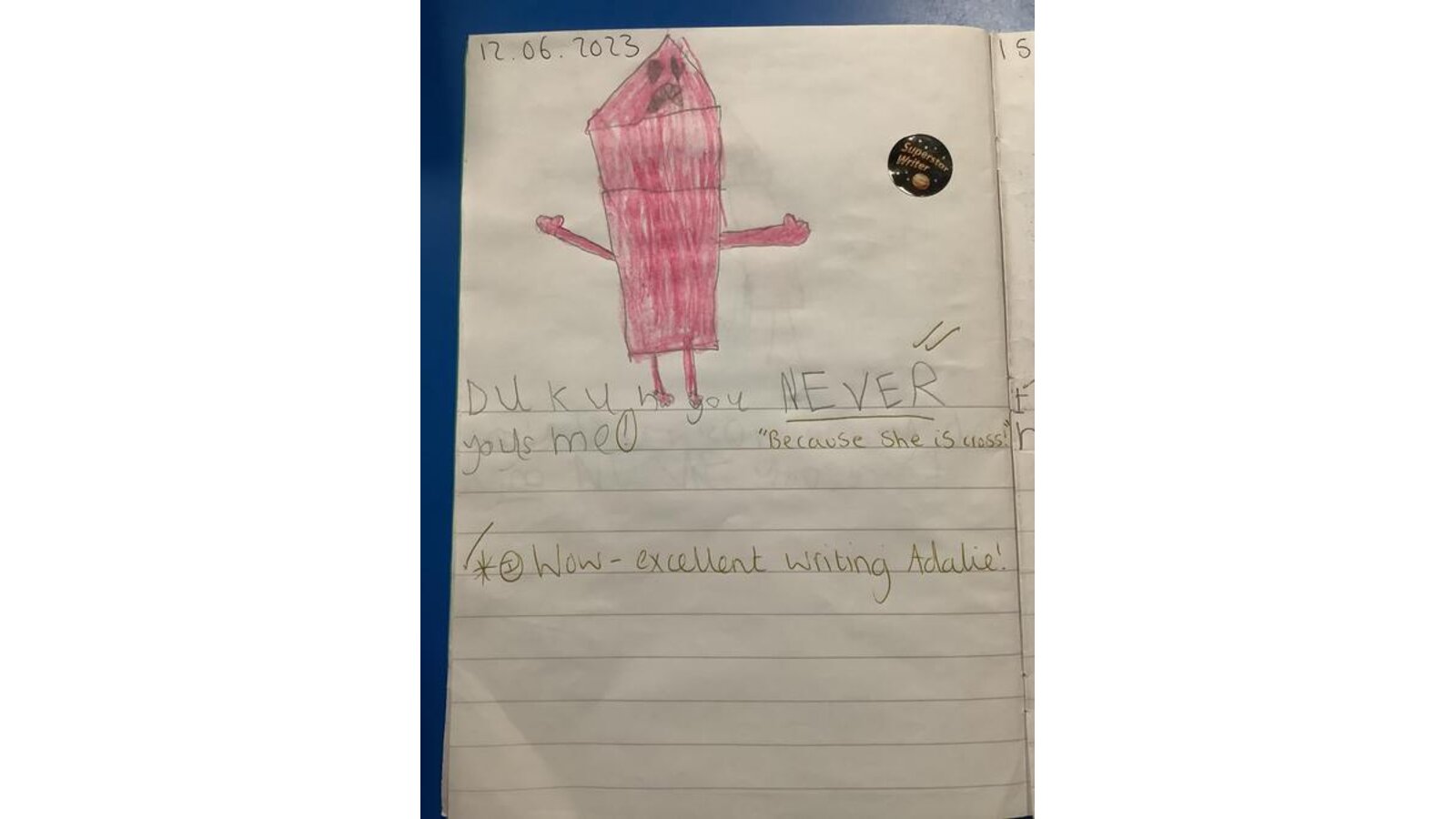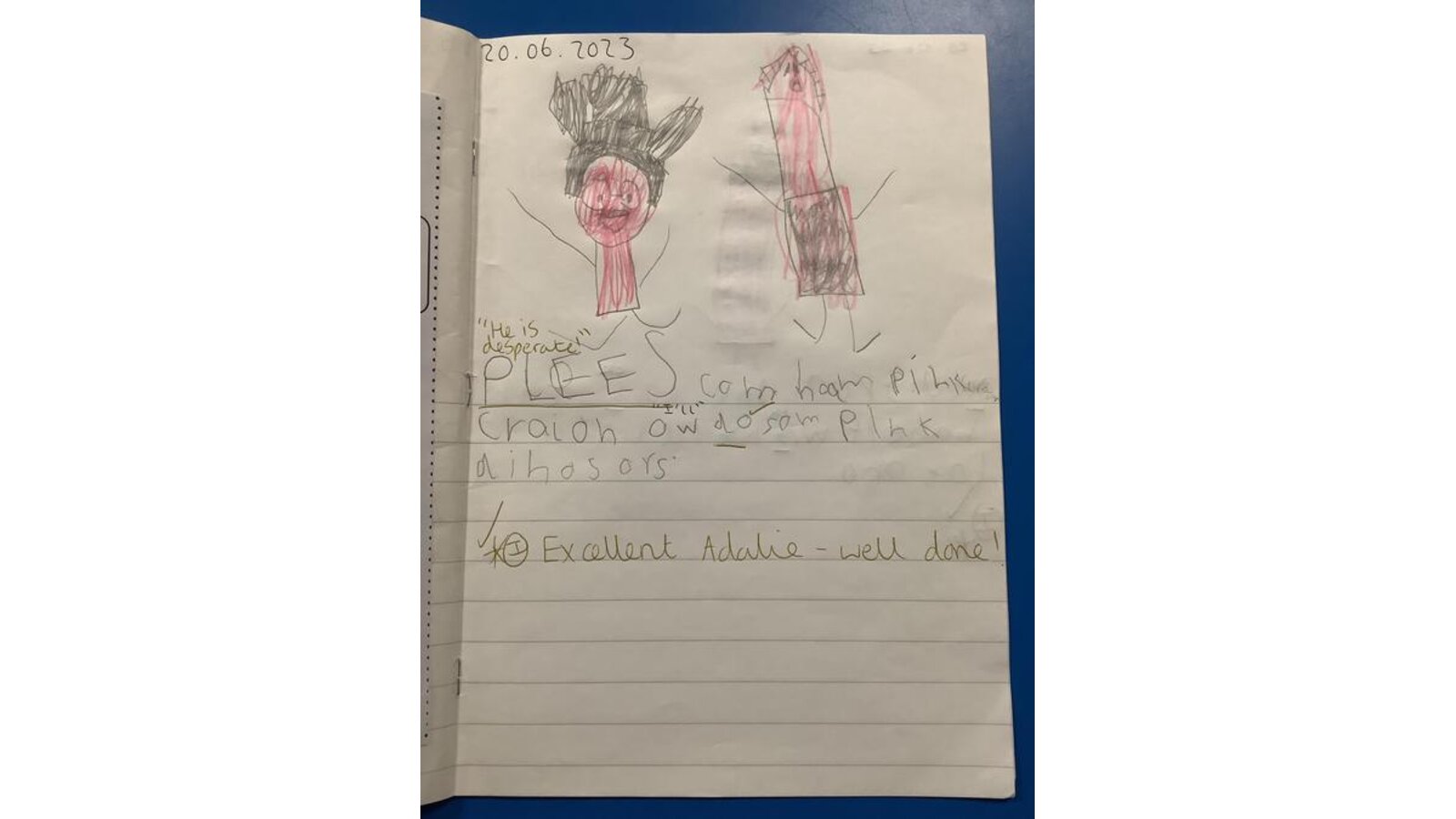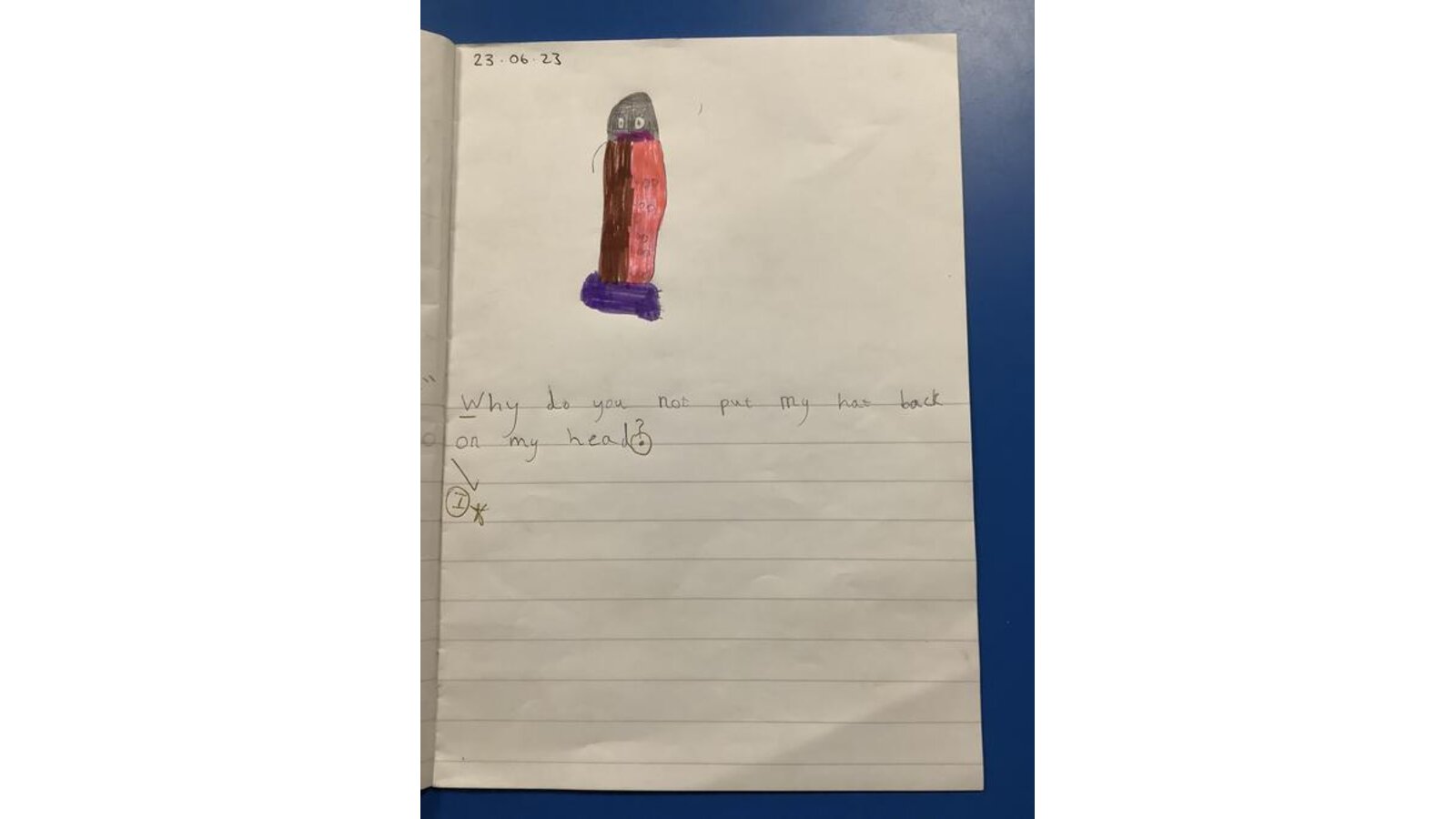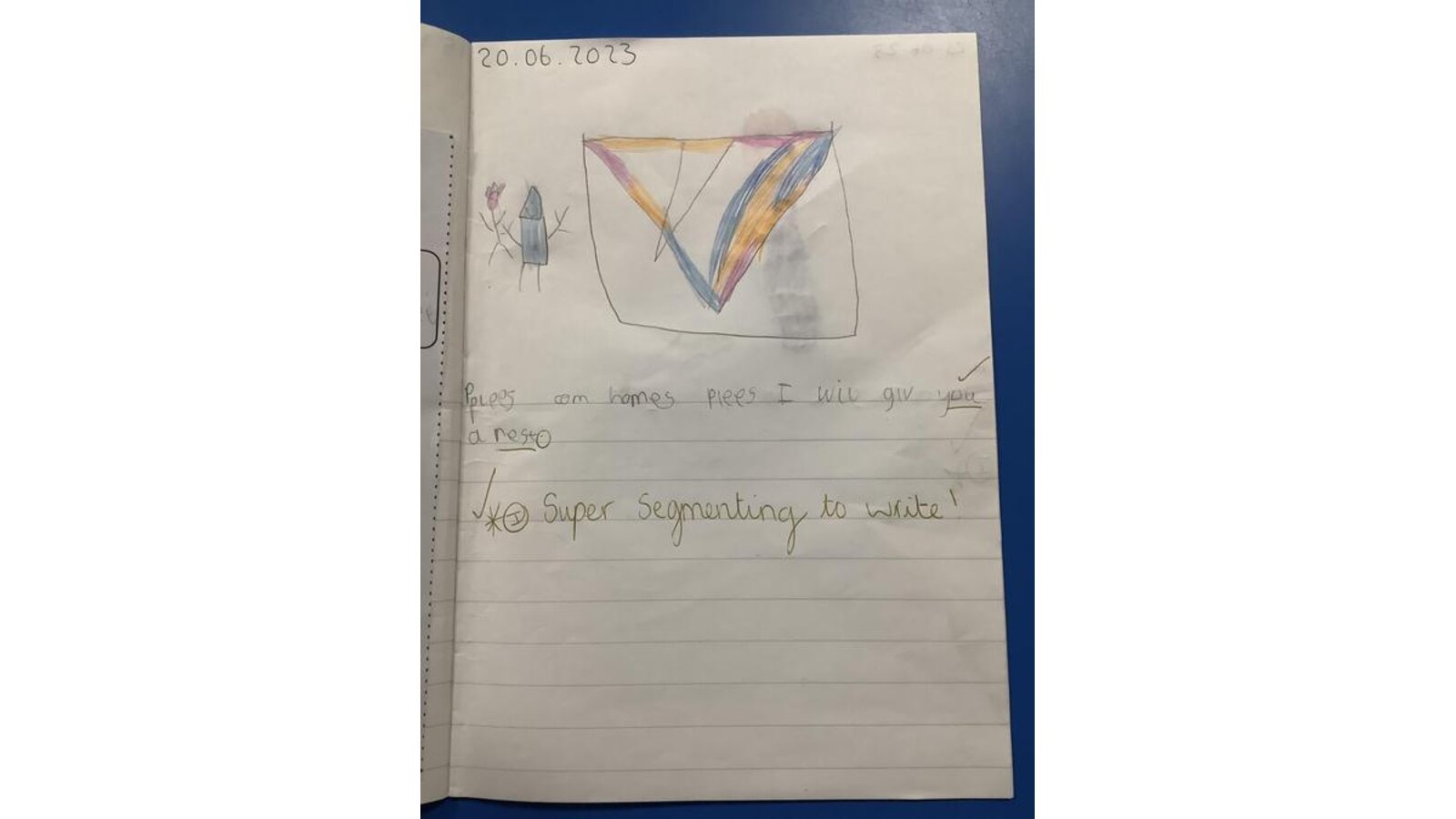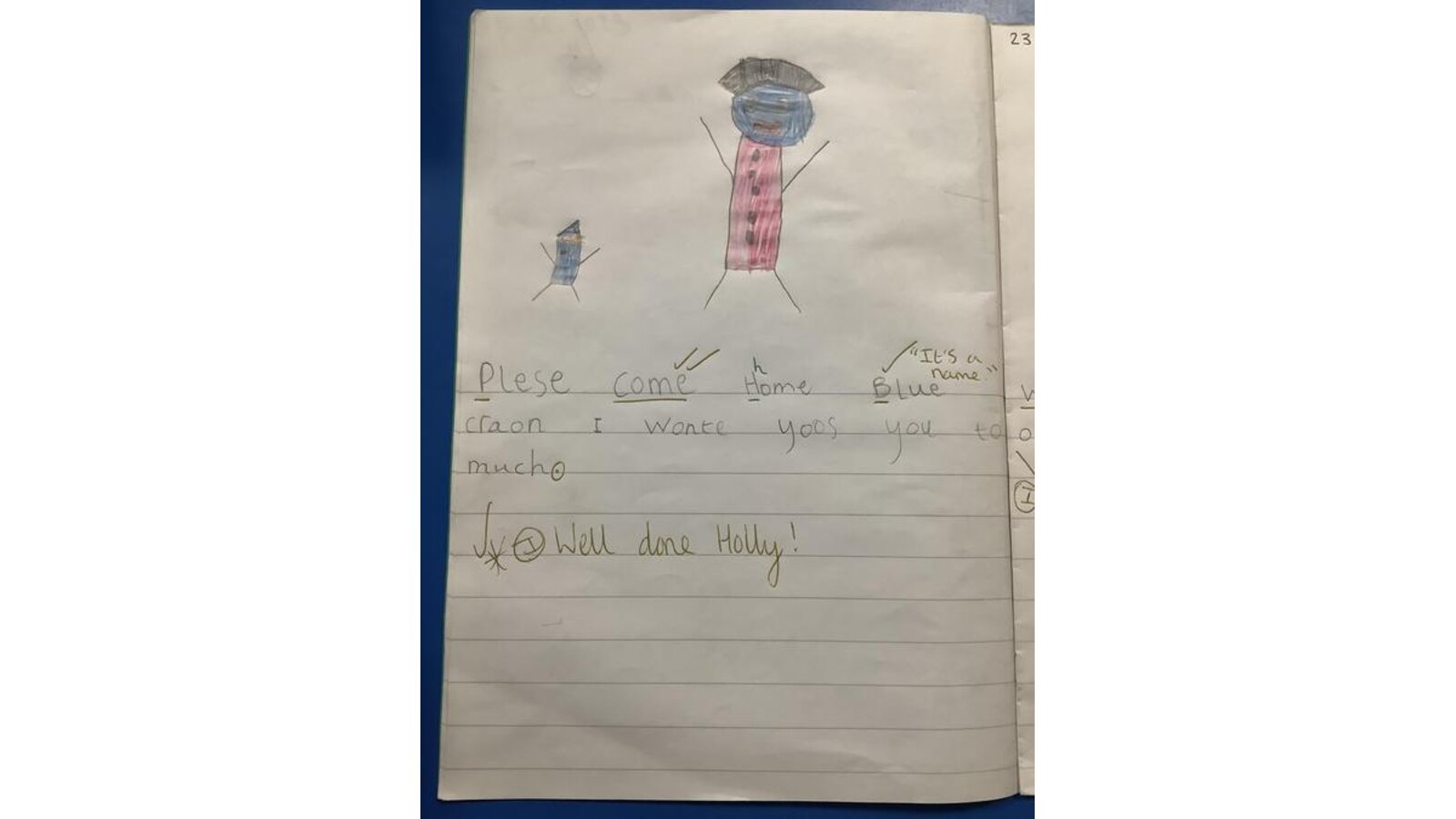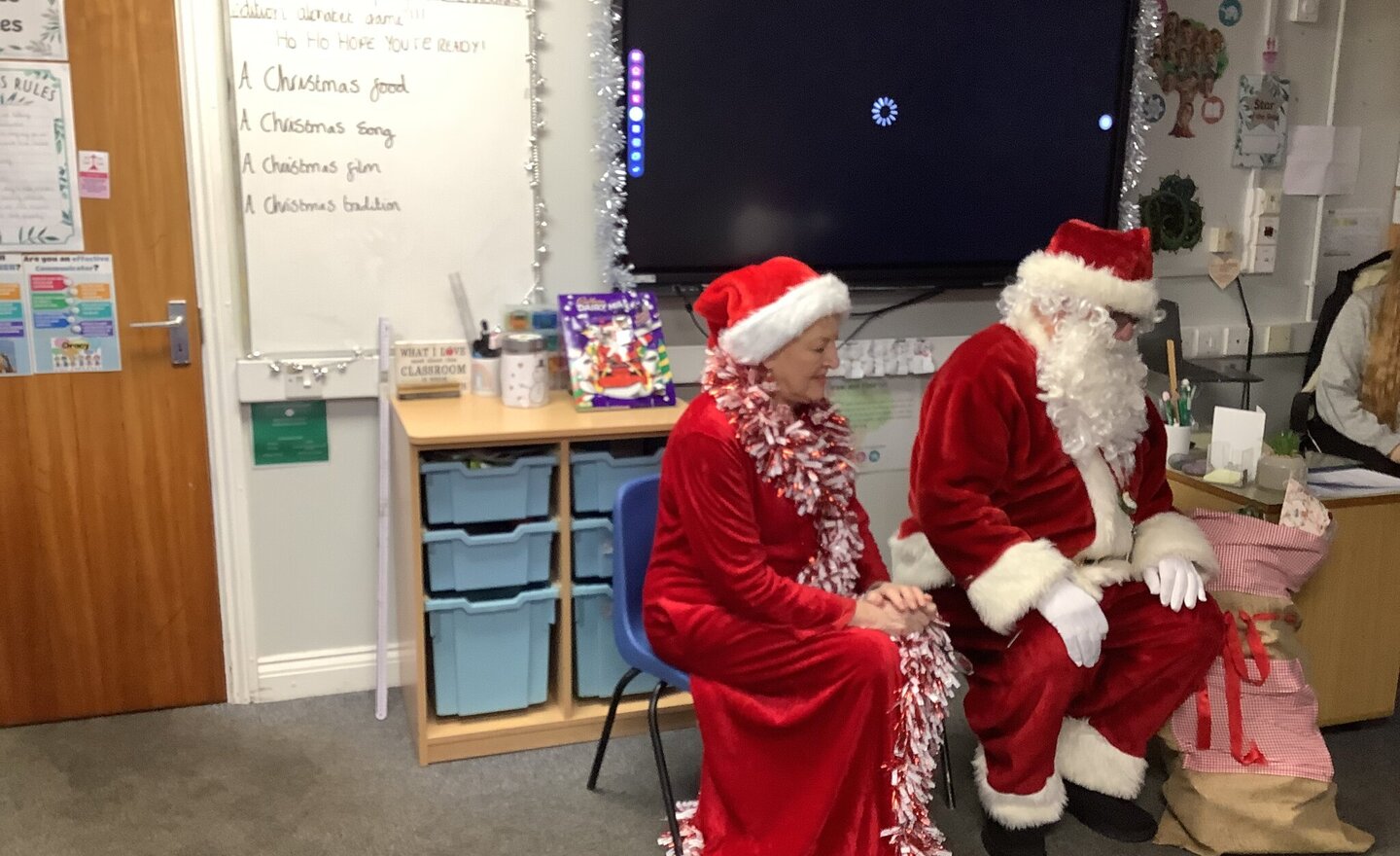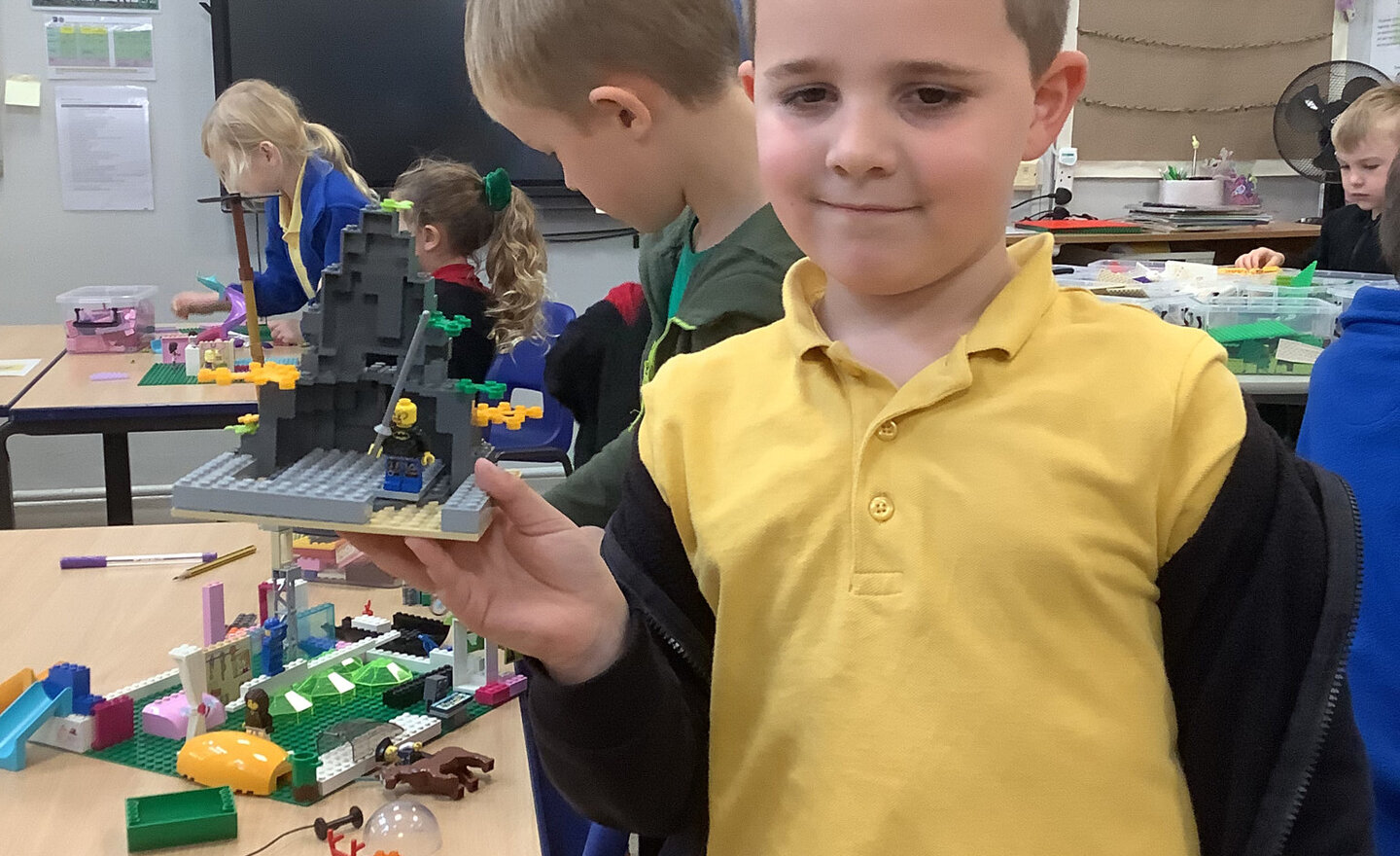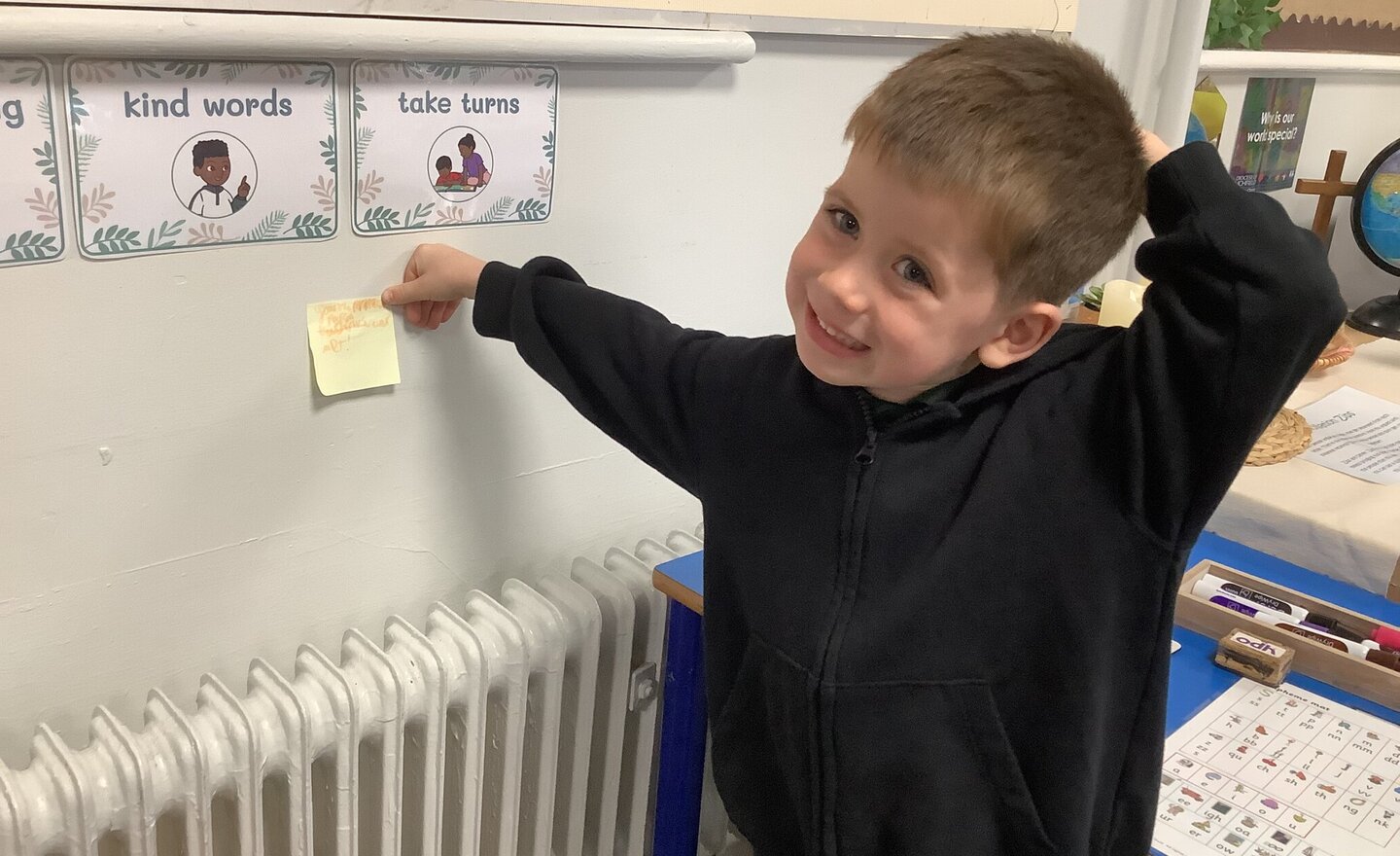Welcome to Maple Class!
Maple Class is a fun, busy and happy learning environment! Mrs Orgill is the class teacher.
We are a mixed Reception, Year One and Year Two class and we love to learn in a variety of ways including whole-class, group work, 1:1 and through continuous provision activities. To view our curriculum and knowledge overviews, please find Cycle B.
Our PE days are Thursday and Friday; children must wear their PE kit to school on these days.
Homework
Homework is used to enhance and support the learning which takes place in school: it should not be a battle. Little and often is the best way.
20 minutes daily reading - please record this in reading diaries.
A home reading book and accompanying reading diary is sent on a Friday and should be returned to school on the following Wednesday.
Reception have a weekly phonics prompt sheet so you can follow-up new learning at home. They have a reading book and a sharing book for reading for pleasure.
Year 1 have a phonics prompt sheet and some spellings linked to the focus each week. As we move through the year we will build in Maths tasks to consolidate learning.
Year 2 practice spellings on EdShed and all pupils have a log-in. Spelling lists can also be found on our Maple class page under the spellings tab.
Year 2 practice times tables using Times Table Rockstars and all pupils have a log-in.
There may be additional homework which may take the form of research or investigation, or if a child needs more practice in English or Maths. This will be on a needs basis.
Homework Guidance
You can keep up-to-date with Maple Class by reading our weekly class blogs and through ClassDojo!
For statutory assessment information please click on the link:
https://www.gov.uk/government/collections/national-curriculum-assessments-information-for-parents
Autumn Term One:
Autumn Term Two:
Spring Term One:
Spring Term Two:
Summer Term One:
Summer Term Two:
RE Knowledge Organisers:

We use the Little Wandle phonics programme in Class One.
Little Wandle Letters and Sounds Revised is a complete systematic synthetic phonics programme (SSP) developed for schools by schools. Based on the original Letters and Sounds, but extensively revised to provide a complete teaching programme meeting all the expectations of the National Curriculum, the Ofsted Deep Dive into reading and preparing your children to go beyond the expectations of the Phonics Screening Check. Phonics is taught daily in fun, engaging sessions and learning is constantly reinforced.
For more information and resources, click on the information below!
Tricky Words Cards
Reception Resources
Resources for Parents
Little Wandle Letters and Sounds
Support with blending - https://youtu.be/IL5YUCPyC5I
Look at our Phonics!
Our Early Years Foundation Stage curriculum is in line with the statutory framework. There are seven areas of learning.
Three prime areas:
- communication and language
- physical development
- personal, social and emotional development
Four specific areas, through which the three prime areas are strengthened and applied:
- literacy
- mathematics
- understanding the world
- expressive arts and design
We recognise every child is unique and enters the class with their own experiences and abilities. We are able to adapt learning opportunities to meet the needs and interests of each cohort.
We support the children to build positive relationships with each other and adults in school. Children are encouraged to be independent and take appropriate risks through stimulating and challenging activities where everyone can succeed.
Children are provided with both adult-supported and child-initiated activities linked closely to our curriculum. We believe children learn best from a curriculum that offers practical play-based learning where they are encouraged to investigate, explore, experiment, ask questions and be creative.
At Mary Howard, we recognise that role play is an important part of child development, as it builds confidence, creativity, communication, physical development and problem solving. Along with being a fun activity, this imaginary play allows children to get into character and act out real life roles or fictional performances. It can be purely child-led, and can encourage children to take risks and be creative with the role they are playing. We know that by investing in some themed props and equipment, it's a fun way for our children to learn about different professions, historical events, the natural world and day-to-day situations.
Role play involving doctors, police officers and shopkeepers for example, encourages empathy between children. Allowing them to act out real life situations and on occasion draw on their own experiences. Children develop their abilities in communication and interaction with others, giving them the responsibility to act accordingly, effectively disguising learning as play!
Enabling children to act out real life situations such as going shopping or camping gives them the opportunity to learn about real life environments and situations at their own pace. This can build confidence for when they are in these situations in reality.
Please take a look at some of our indoor and outdoor role play areas in this gallery.
Our Amazing Classroom!
Our Wonderful Writing!
A Parents' Guide to Oracy at Home
Related News
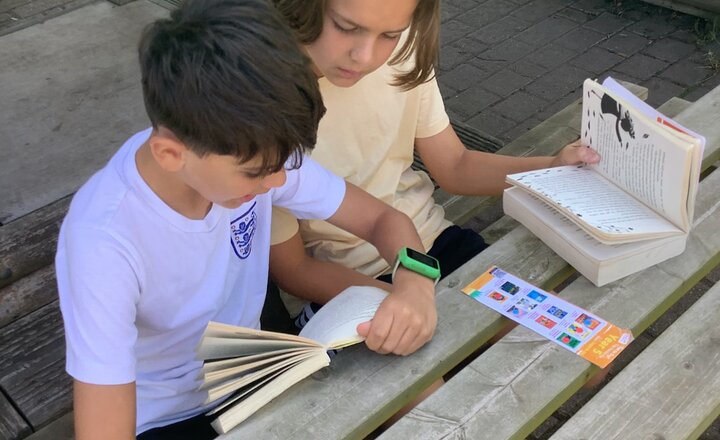
Whole School Reading
Related Blog Posts
Party time!
Our Christmas party started with two special visitors!
We played lots of games and enjoyed our party snacks.
Merry Christmas from Maple class!
Lego workshop
We had great fun today being creative at the Lego workshop.
Many thanks to Friends of Mary Howard!
Kindness Week at Mary Howard!
Kindness week at Mary Howard! After discussing acts of kindness, the children of Mary Howard decided to flood the school with positive post-it notes! Some are for everyone, others are for our dedicated members of staff. A big well done to the children of Mary Howard for showing kindness to…
